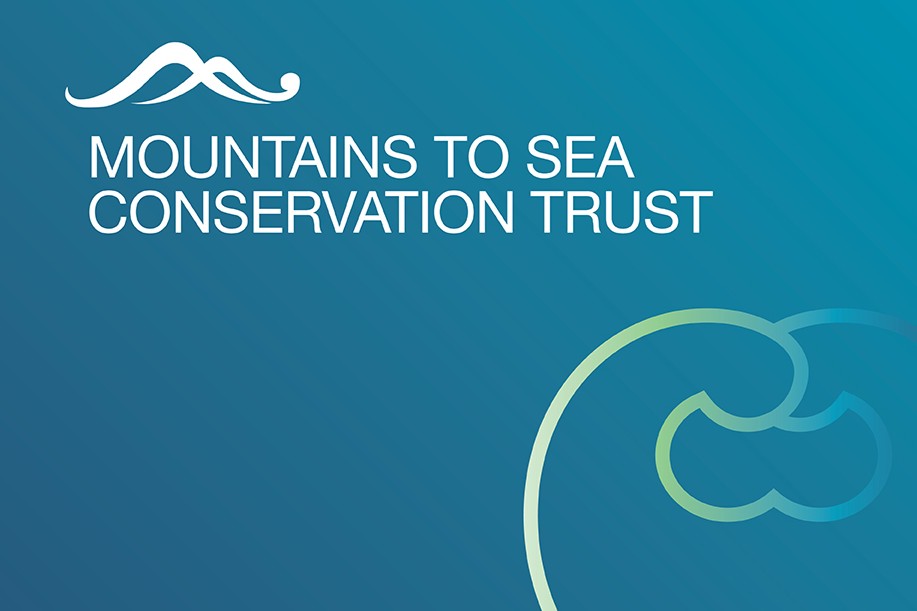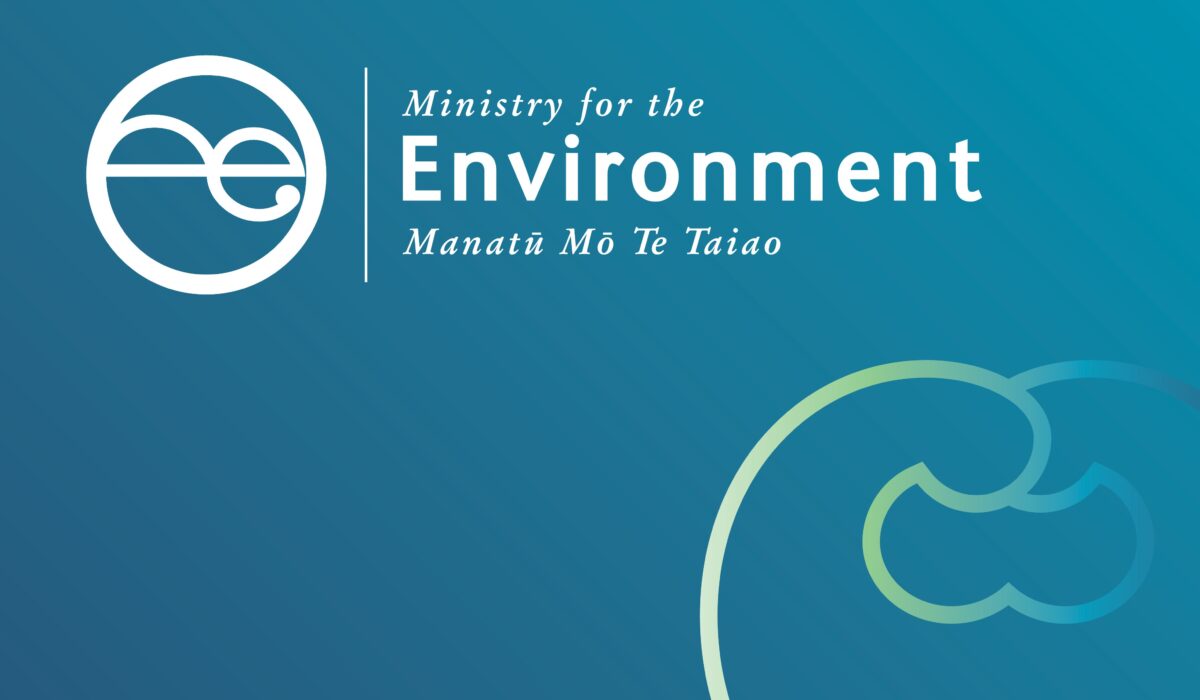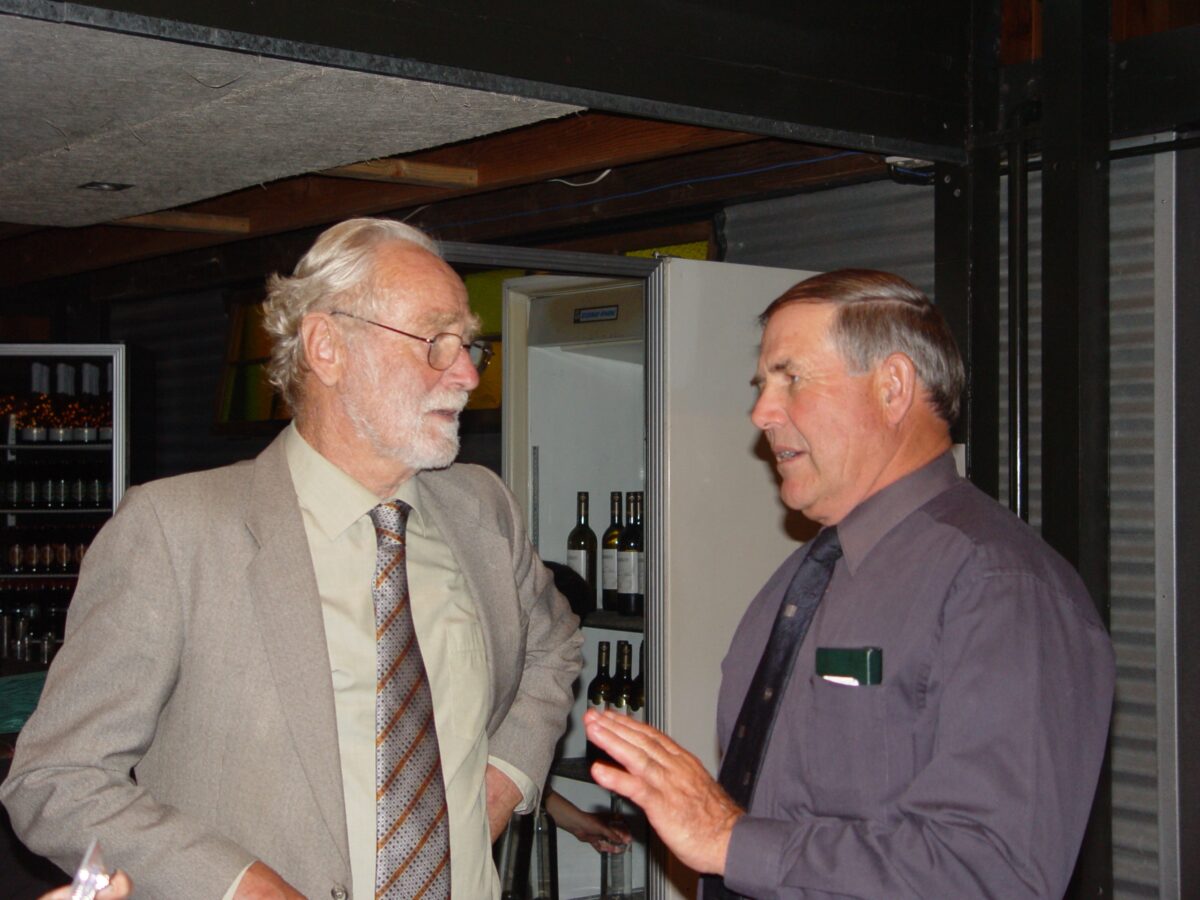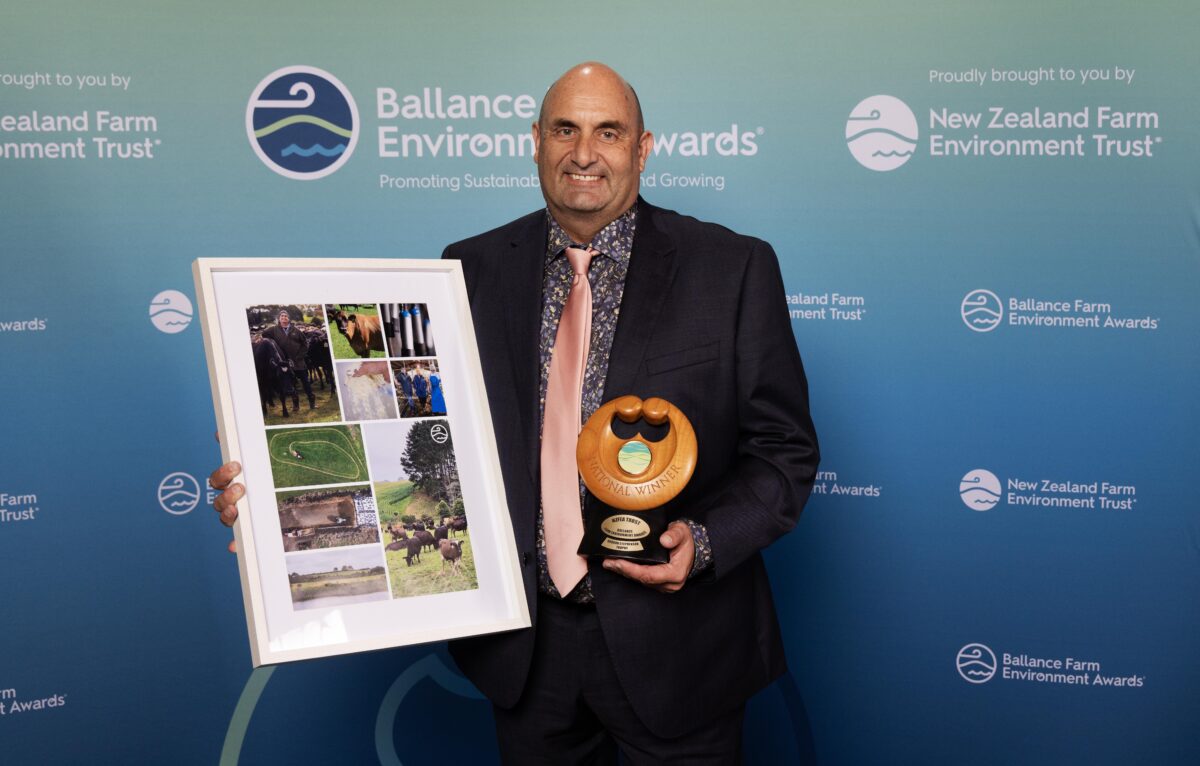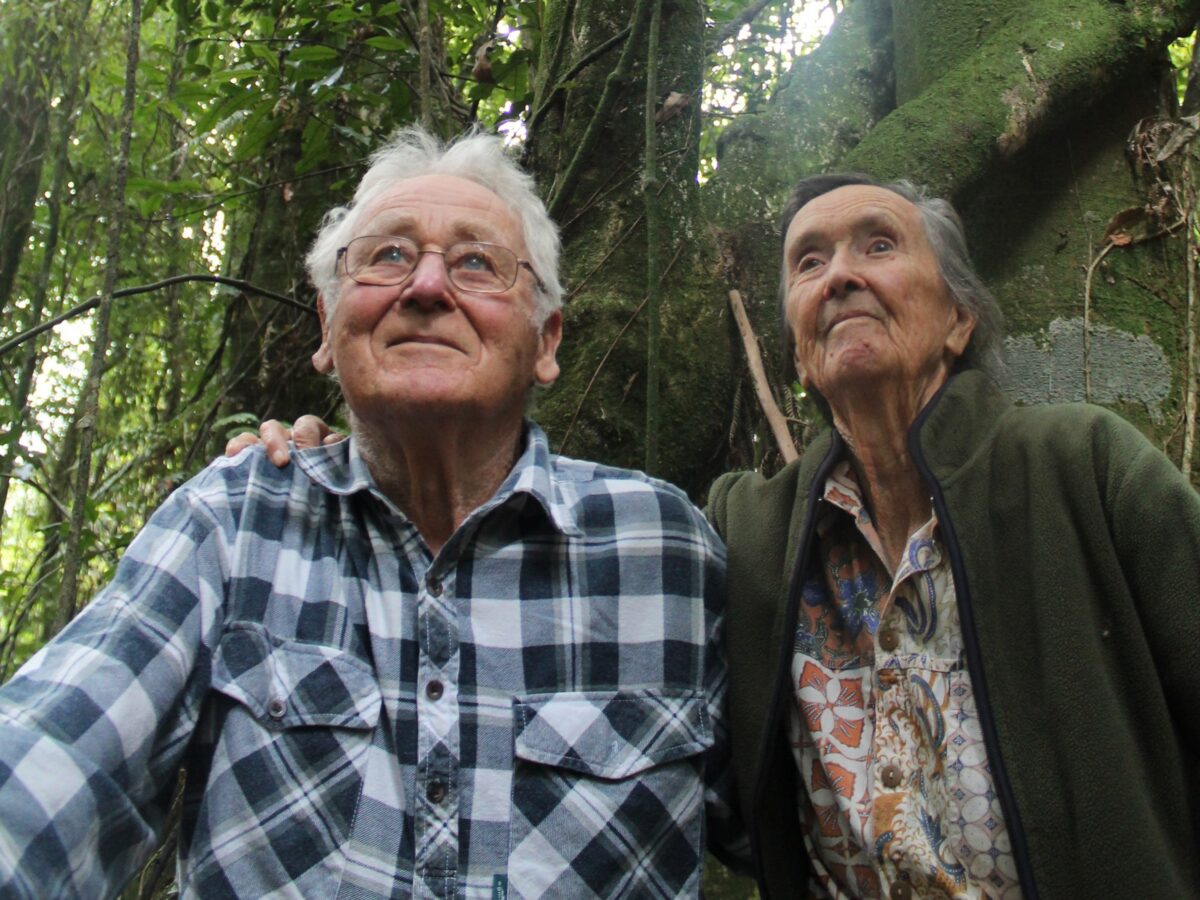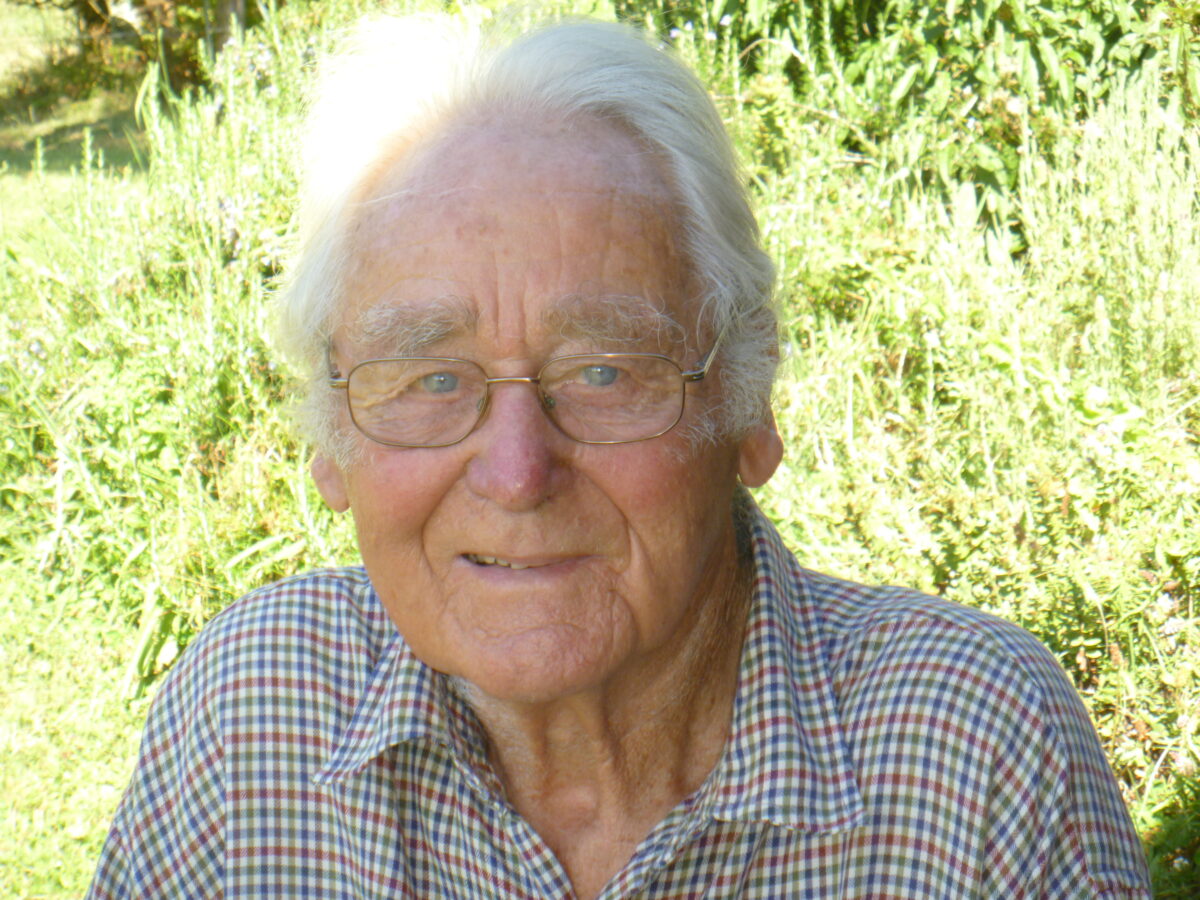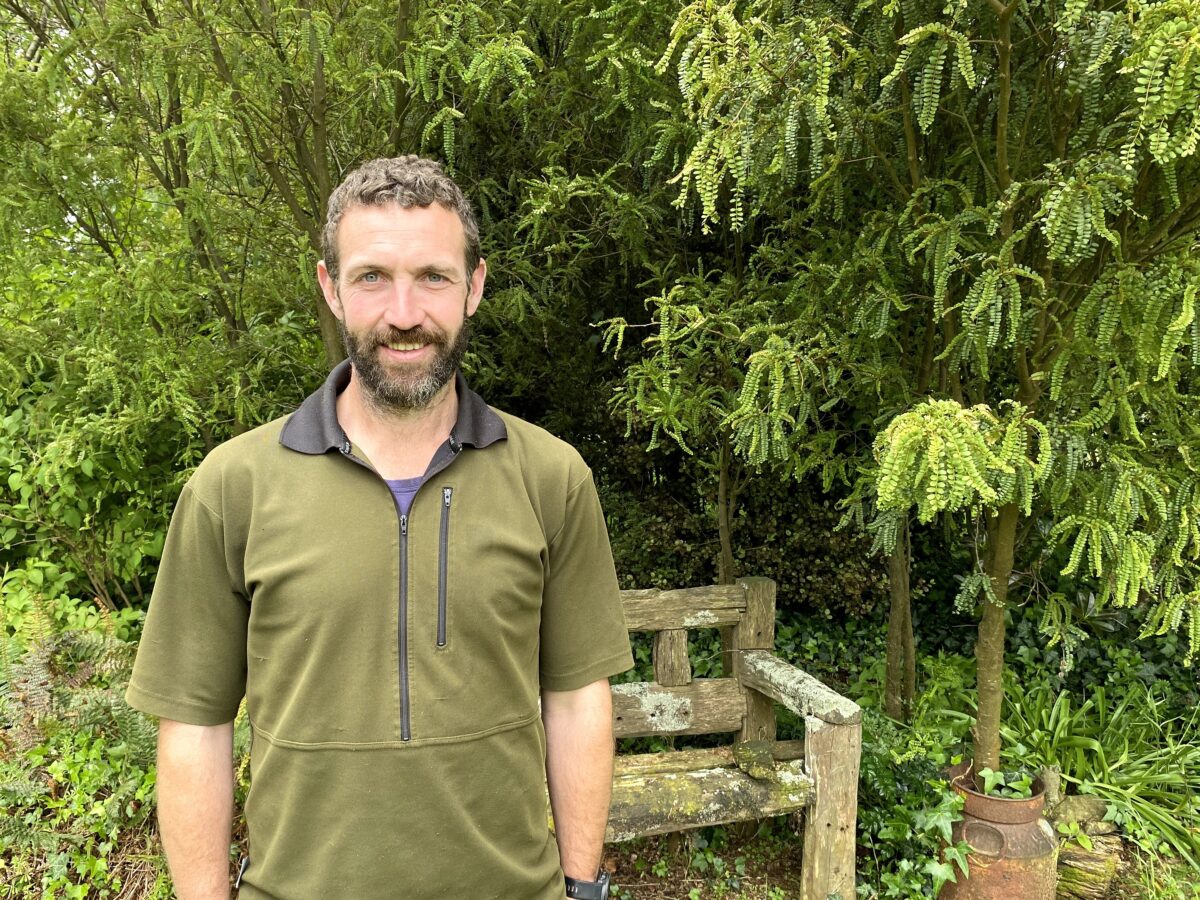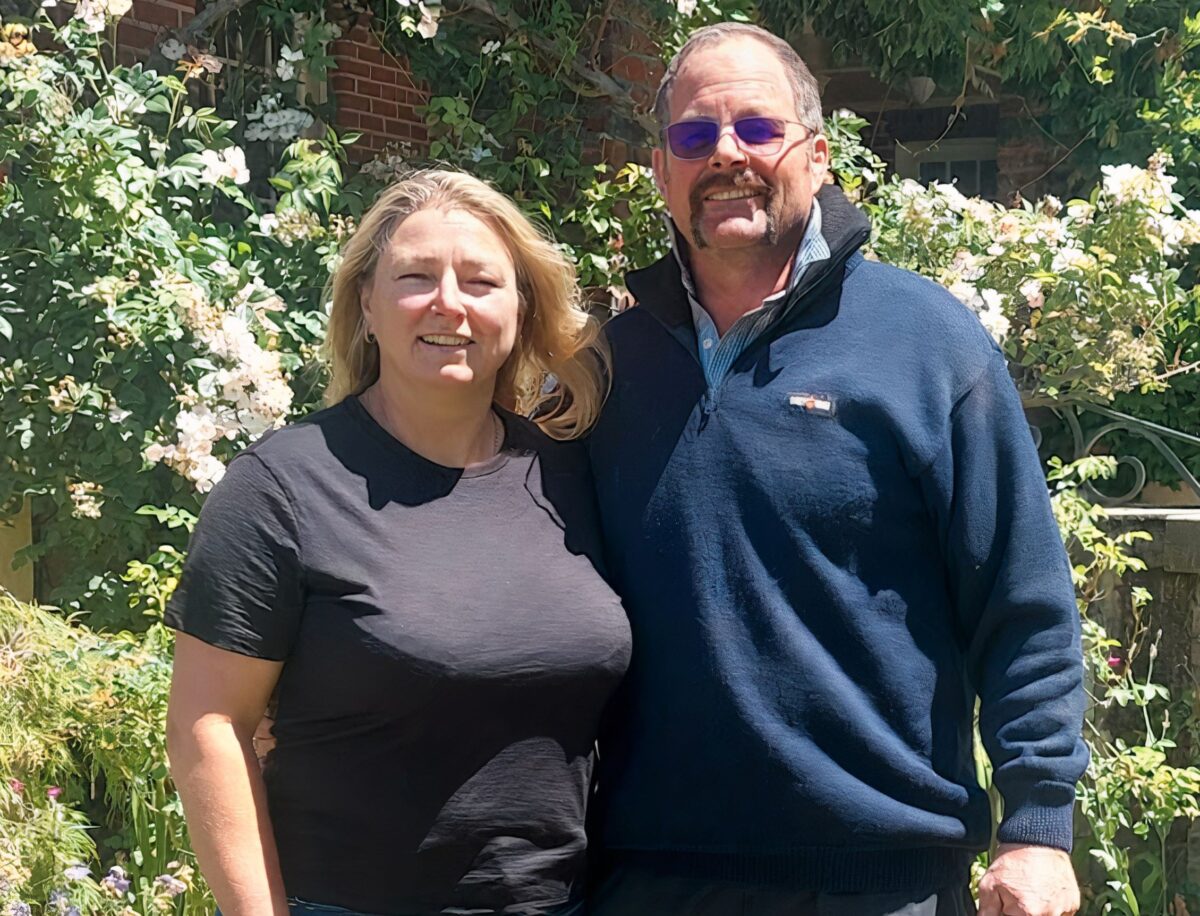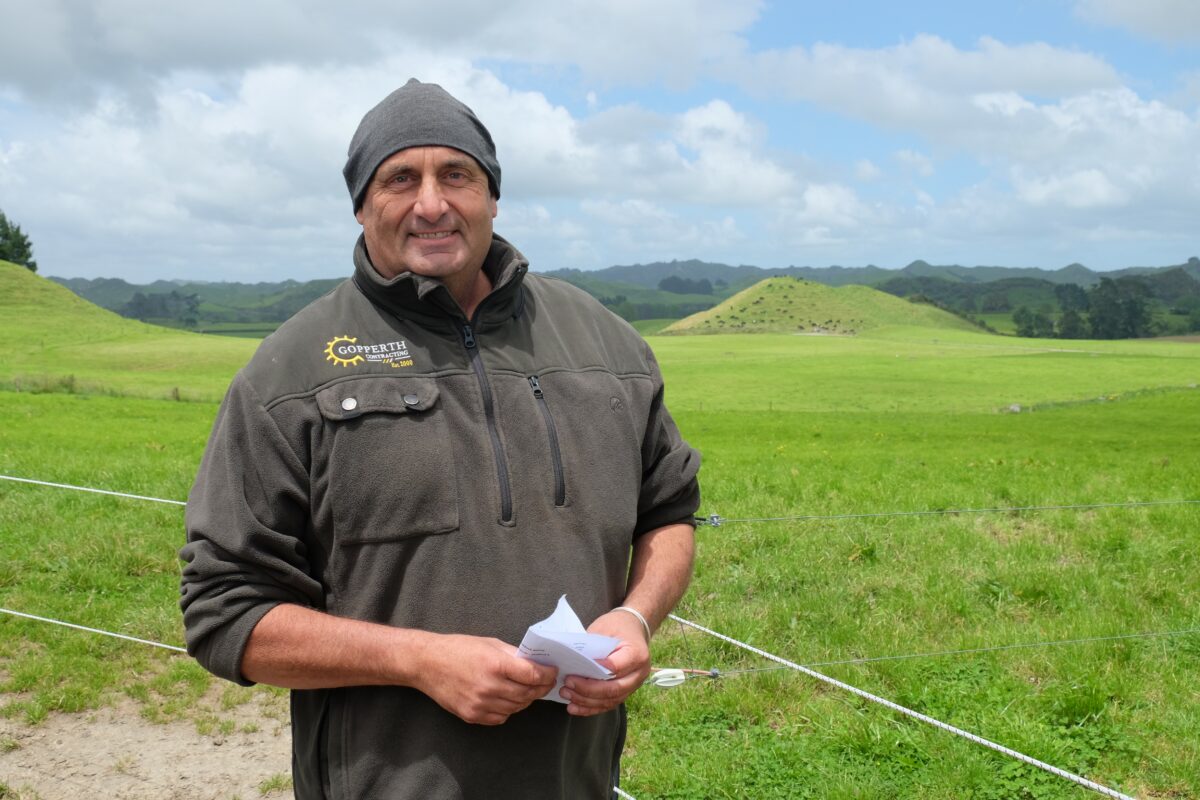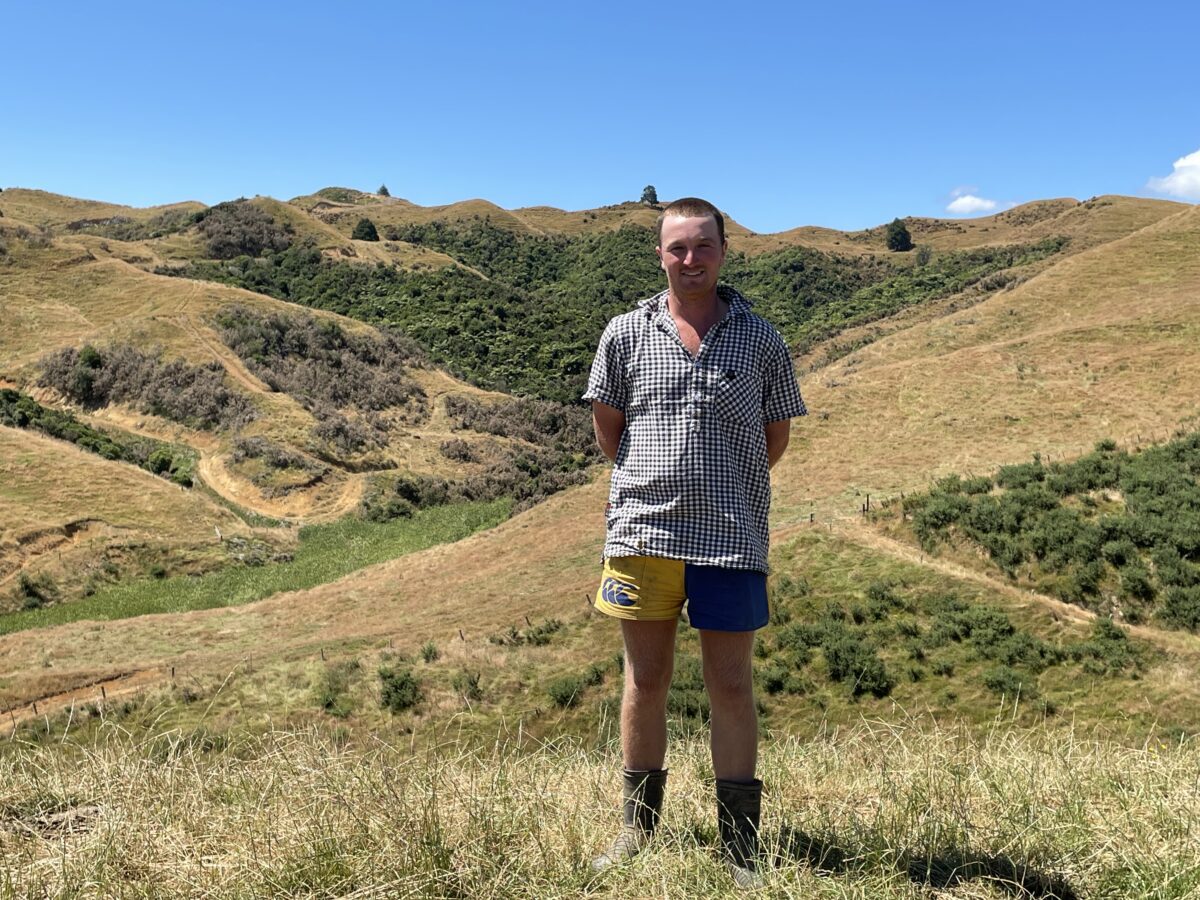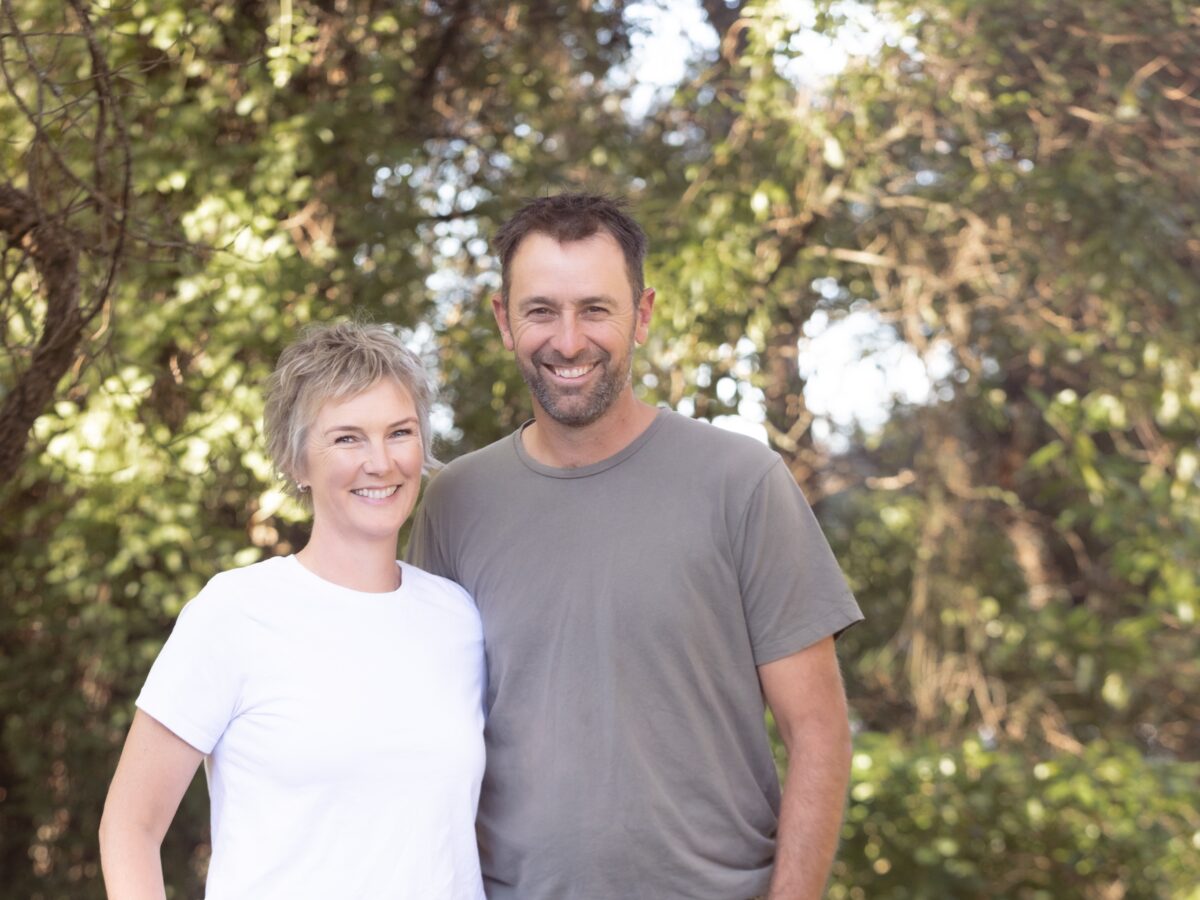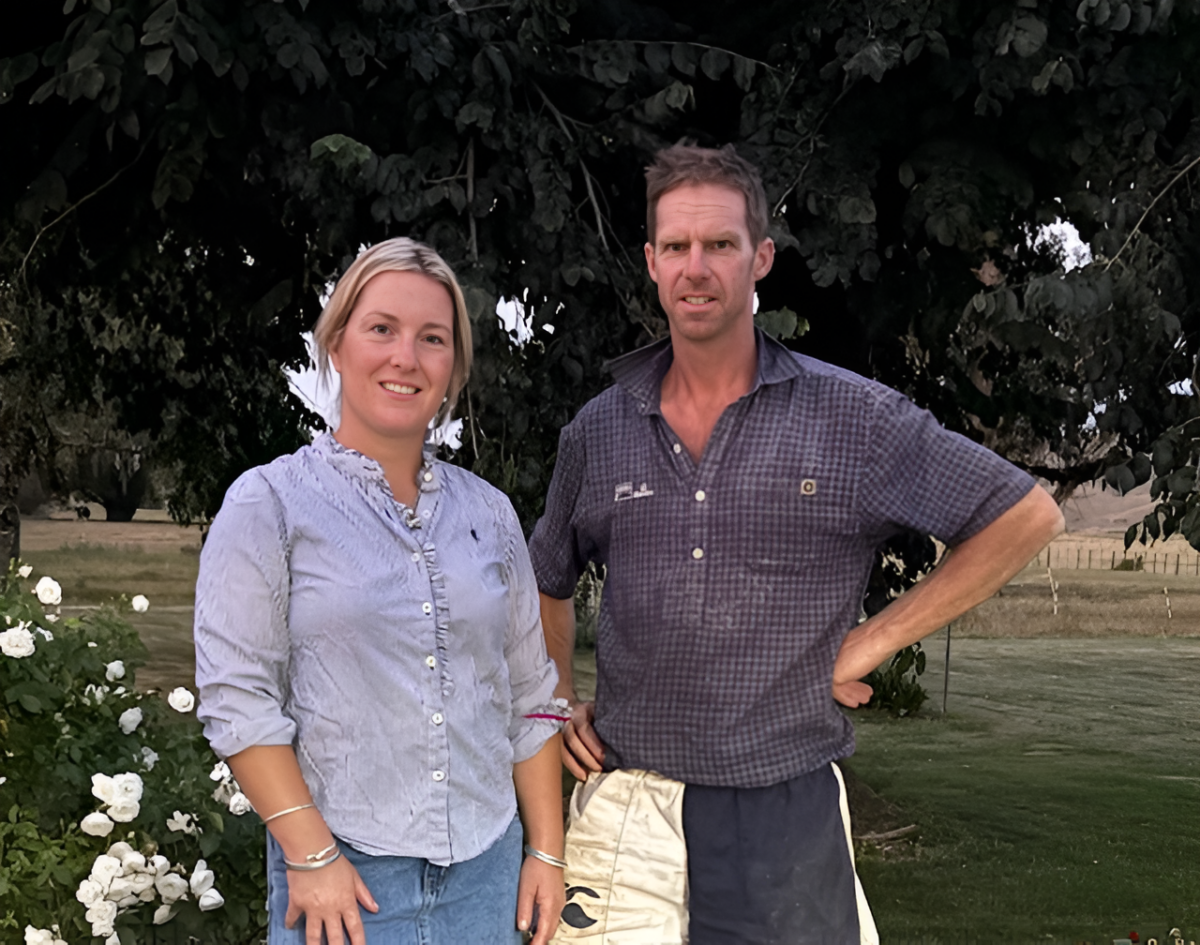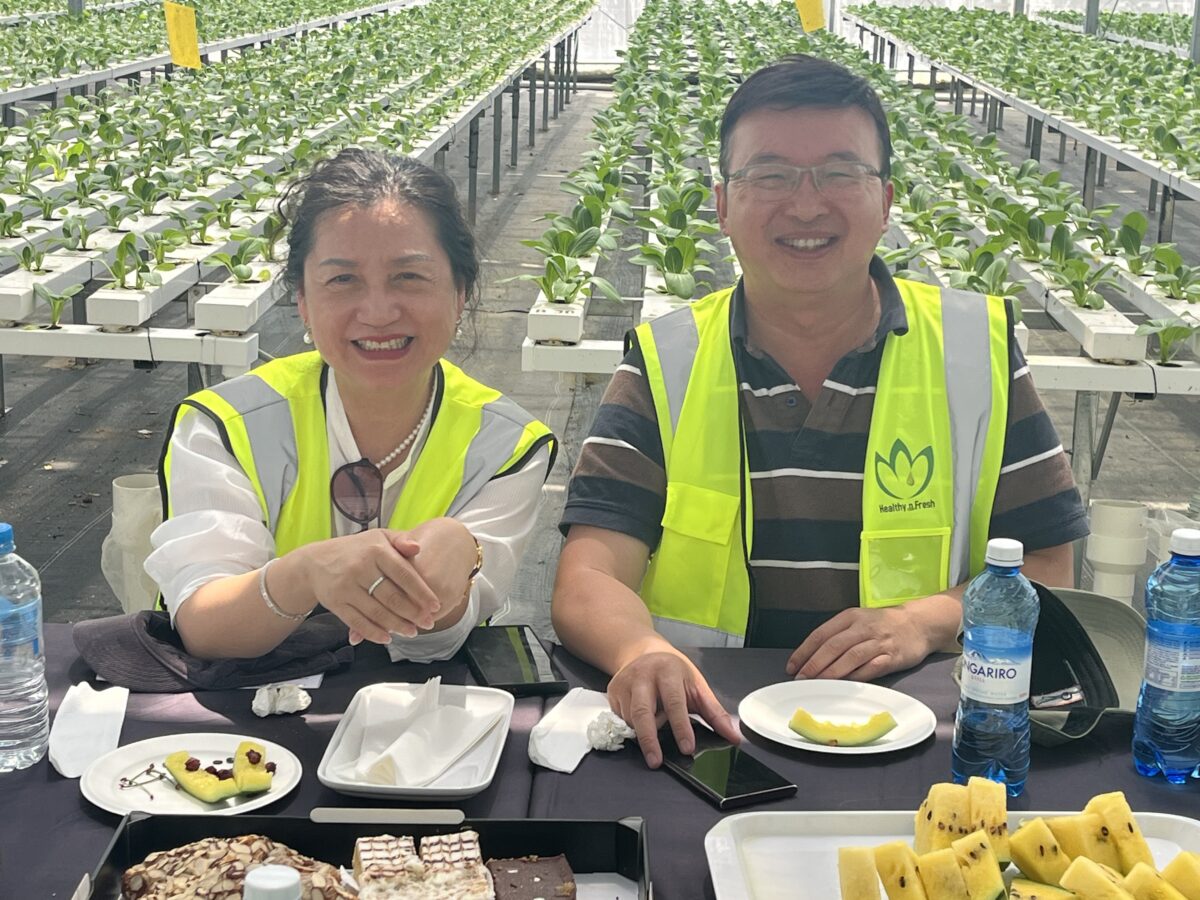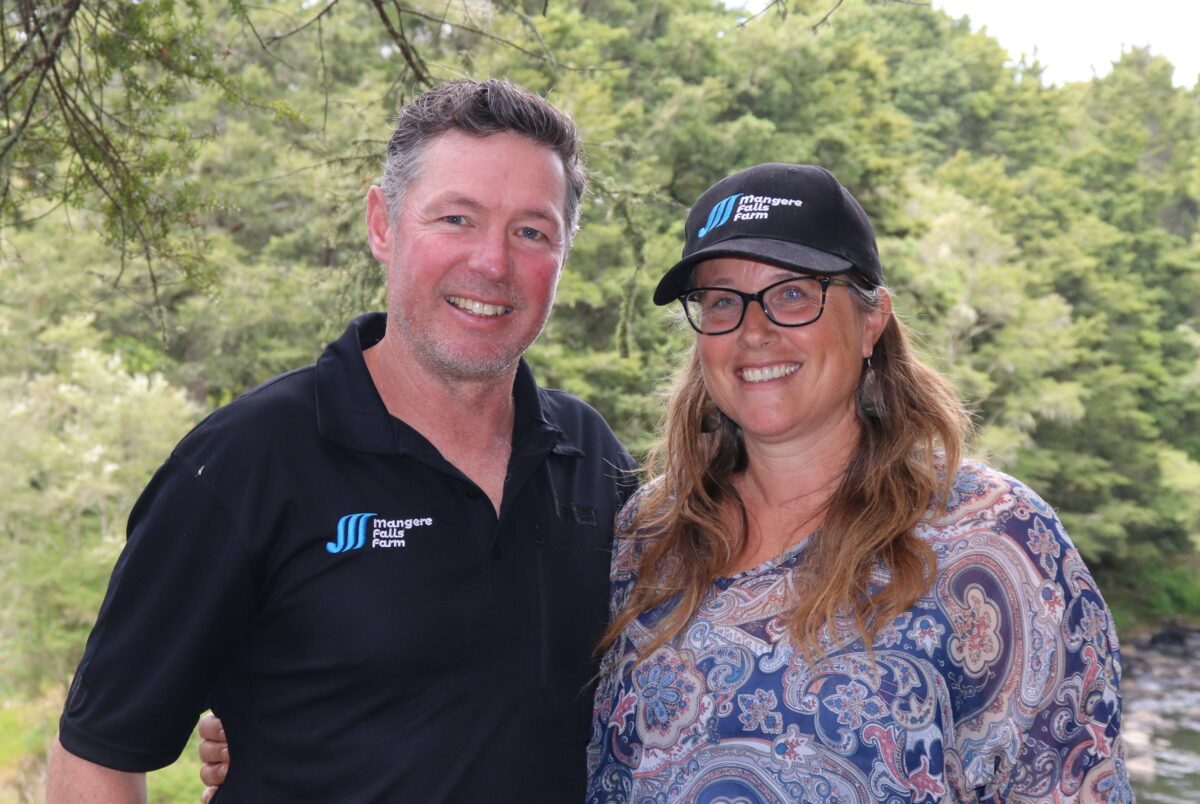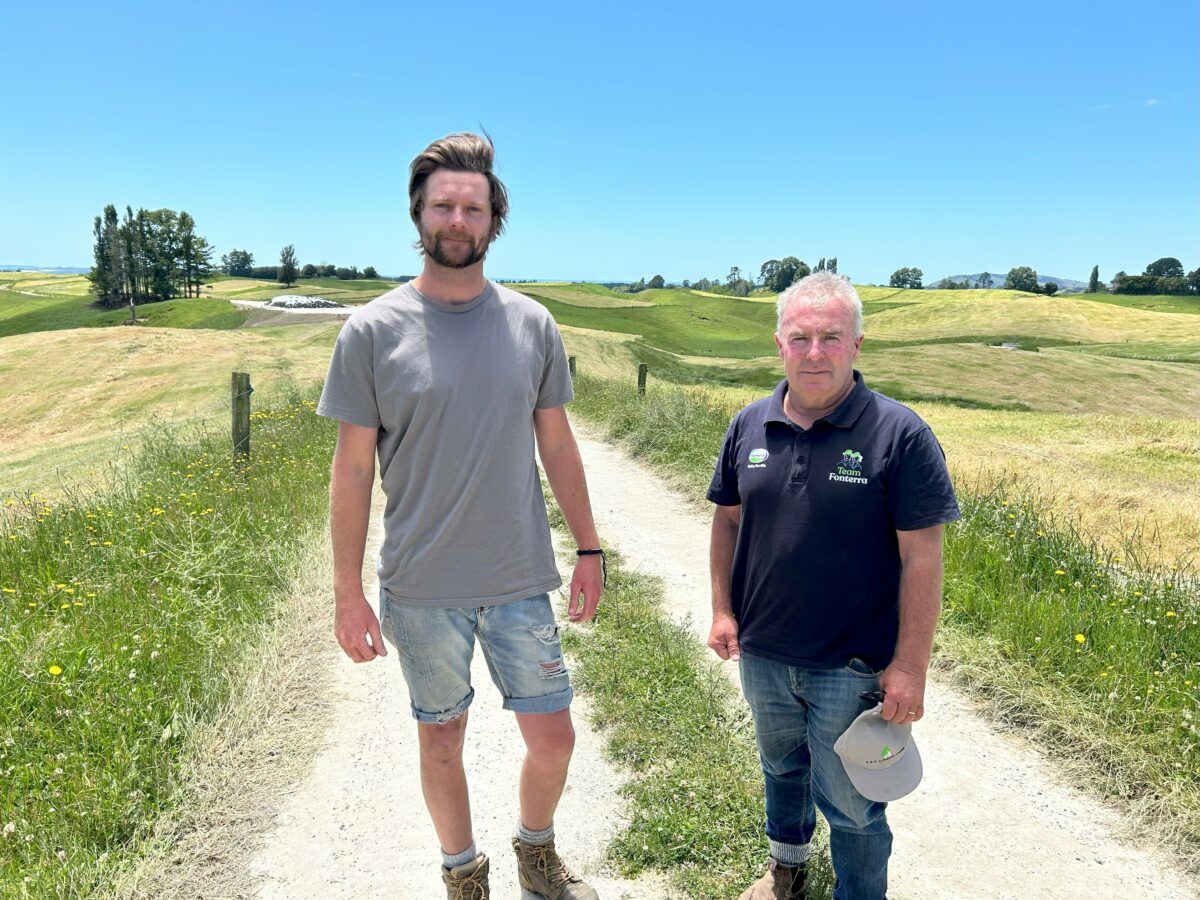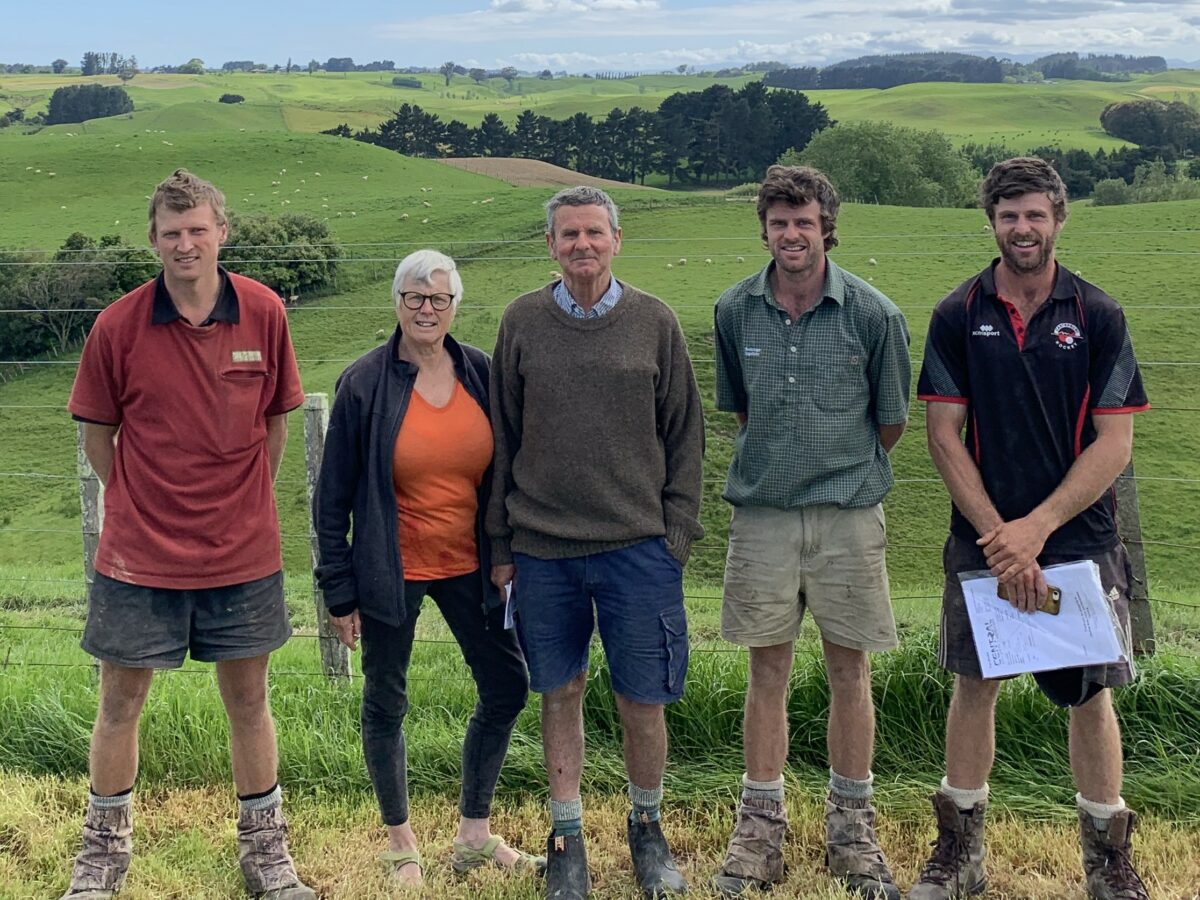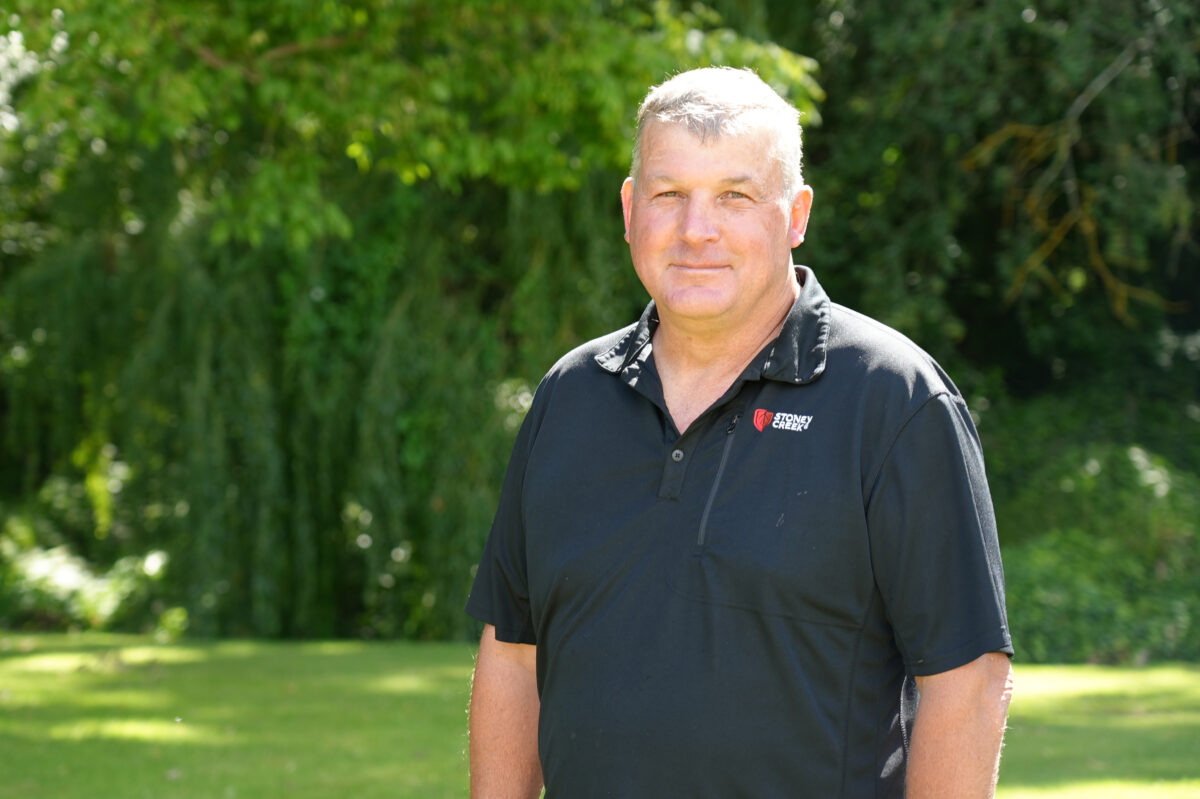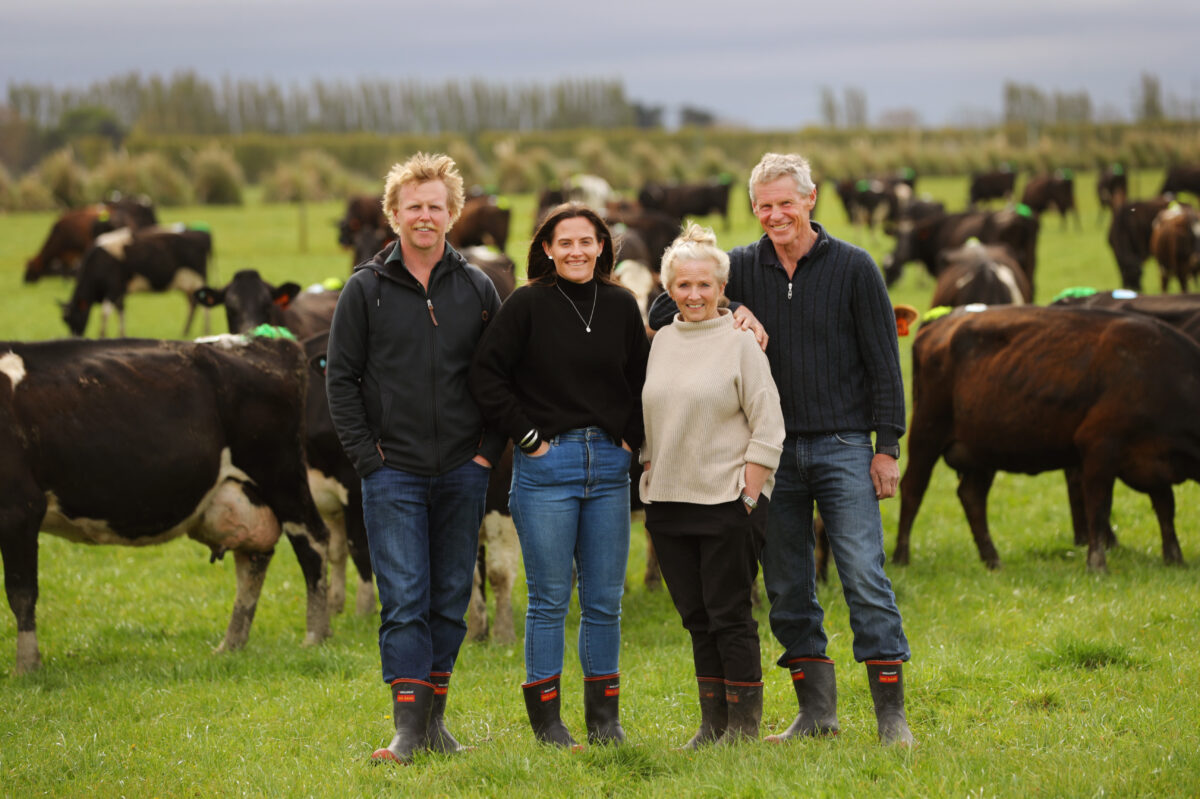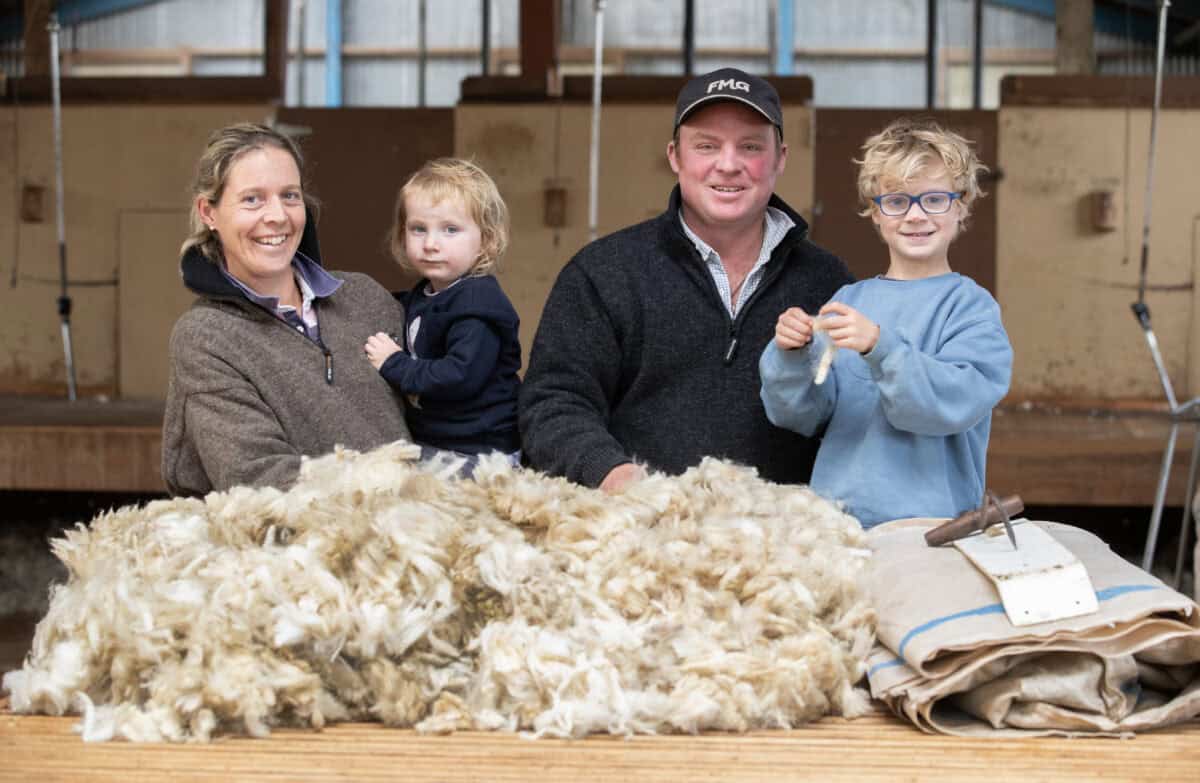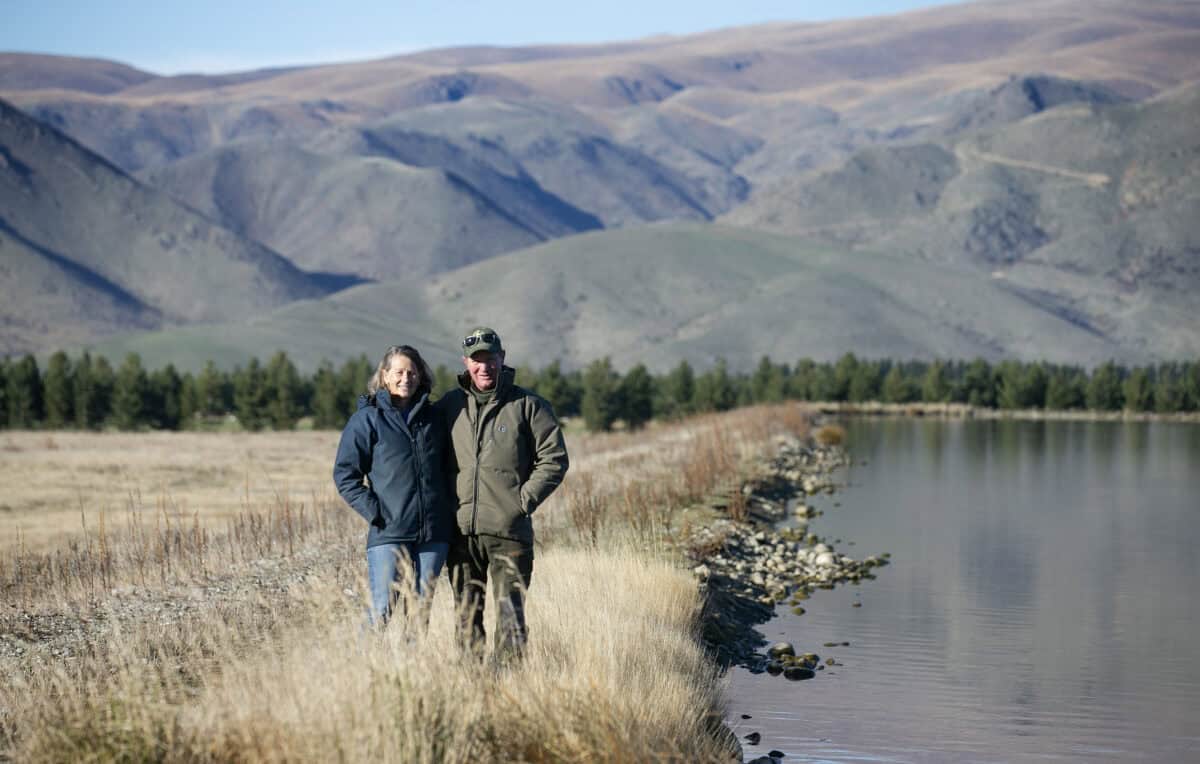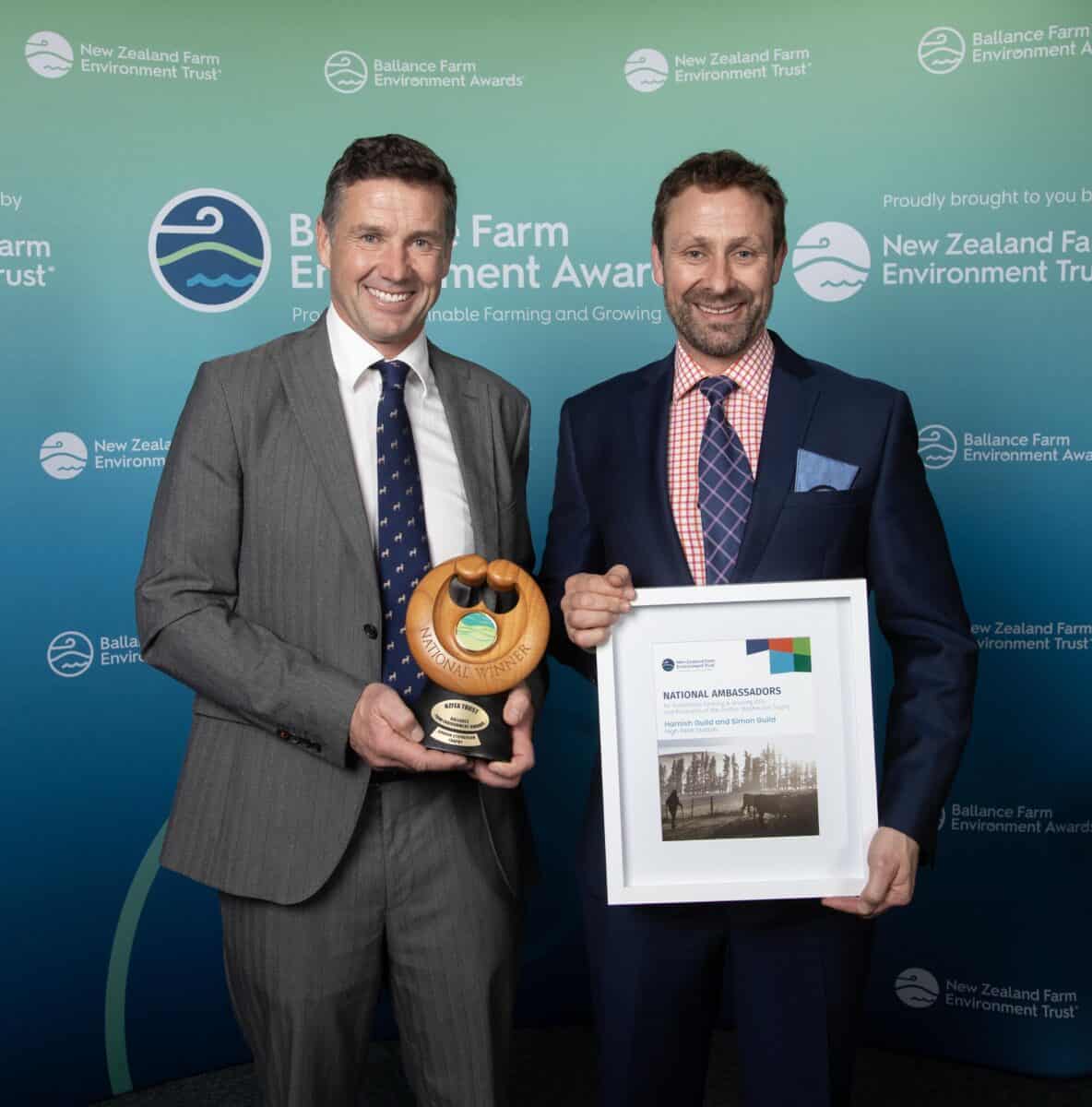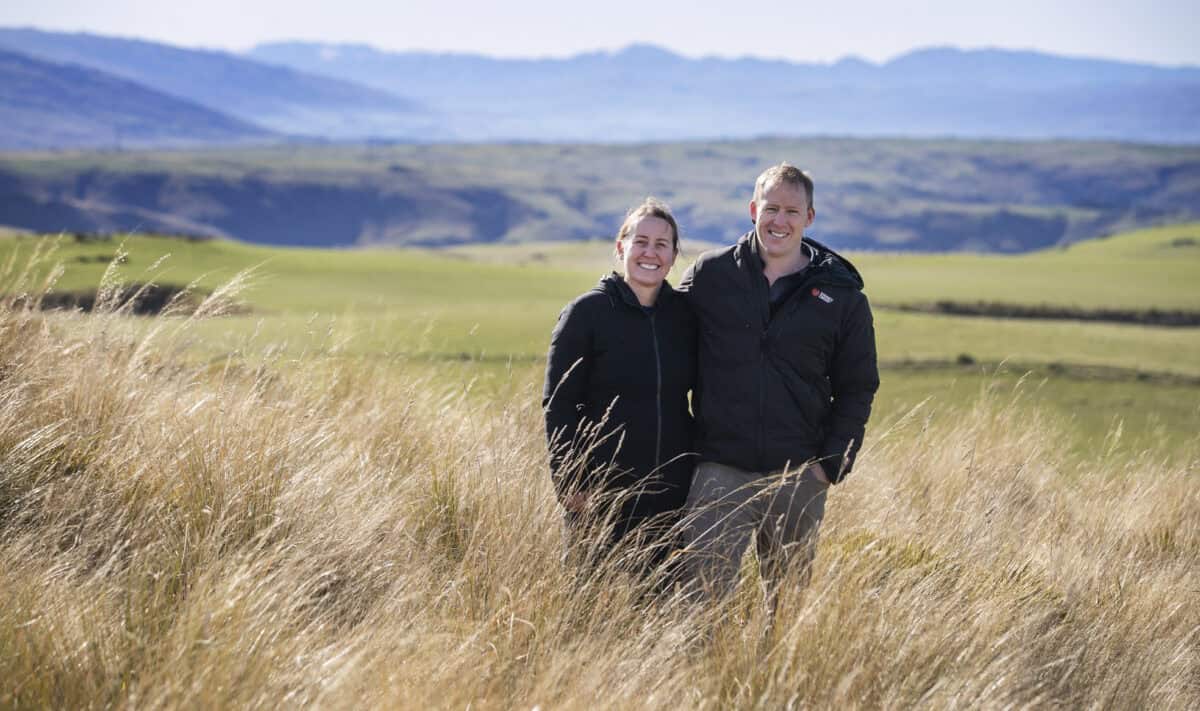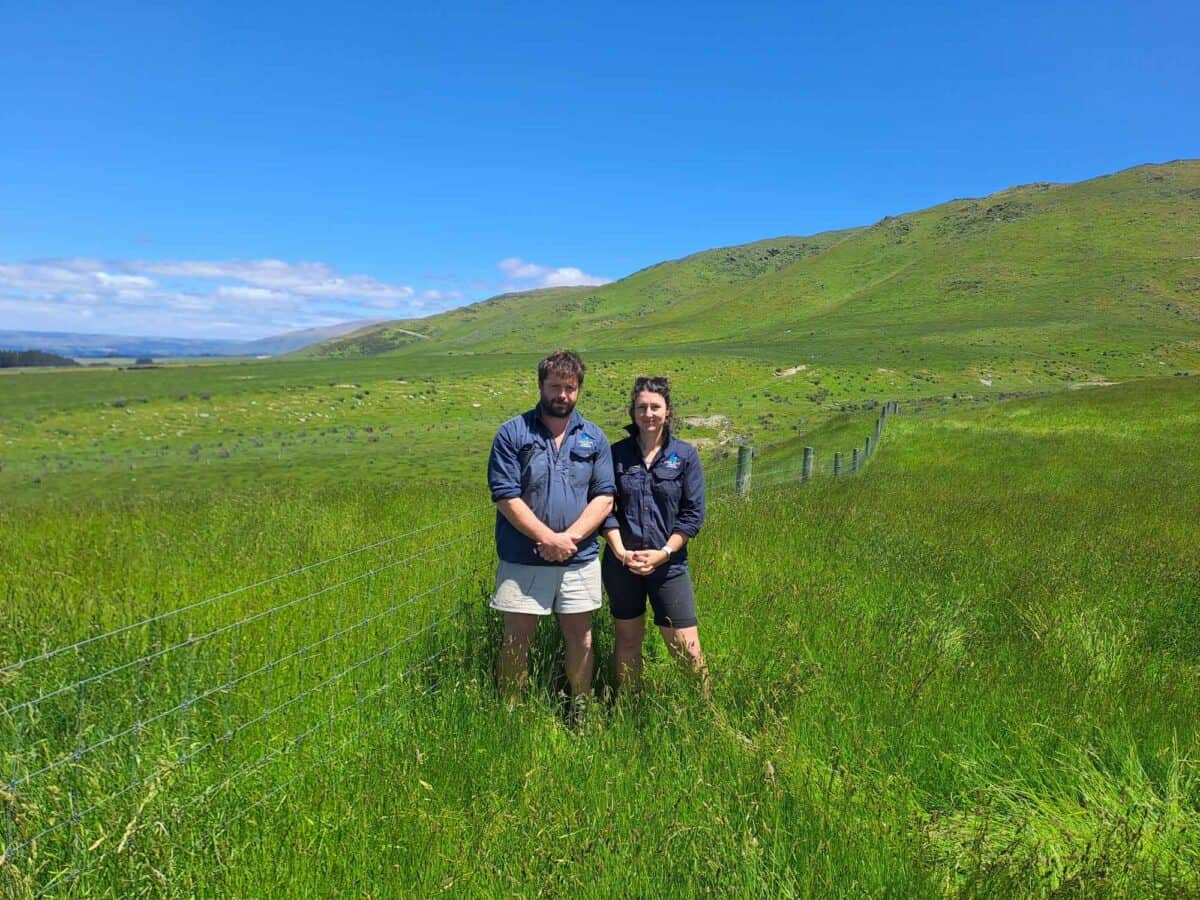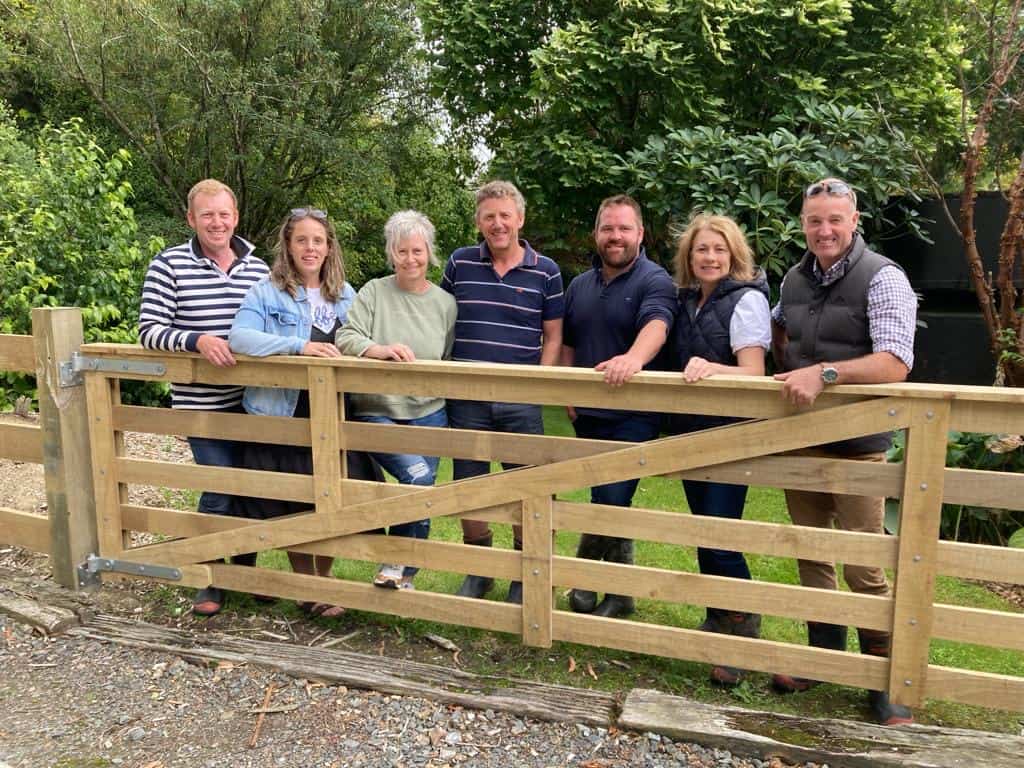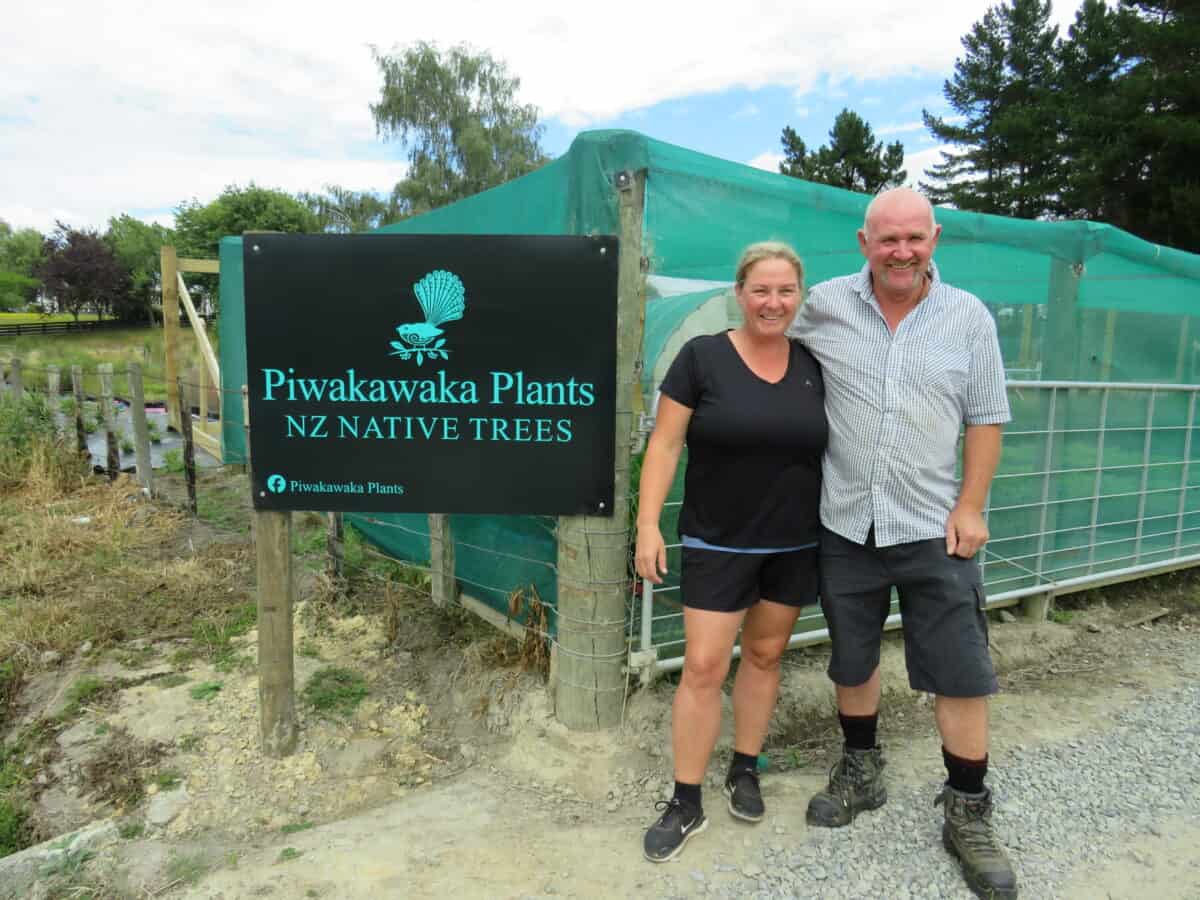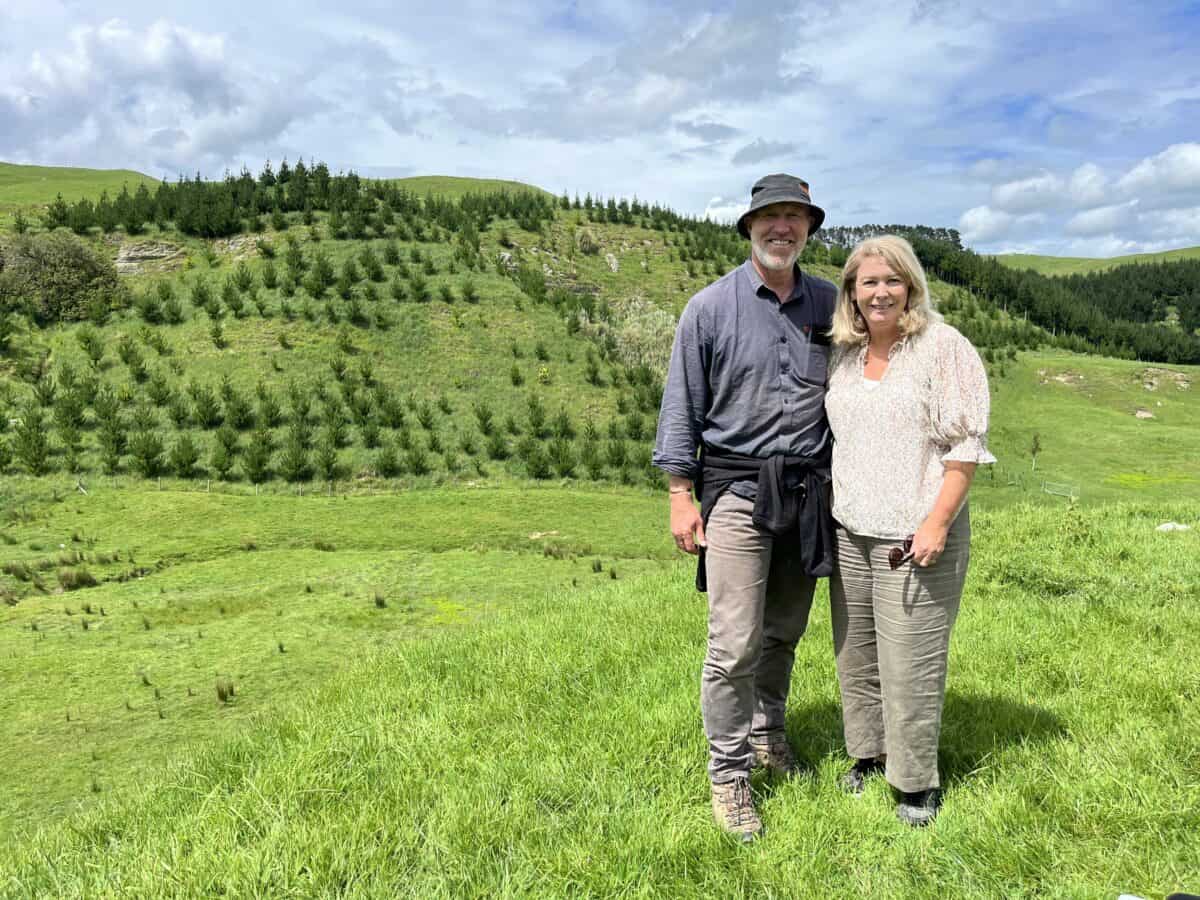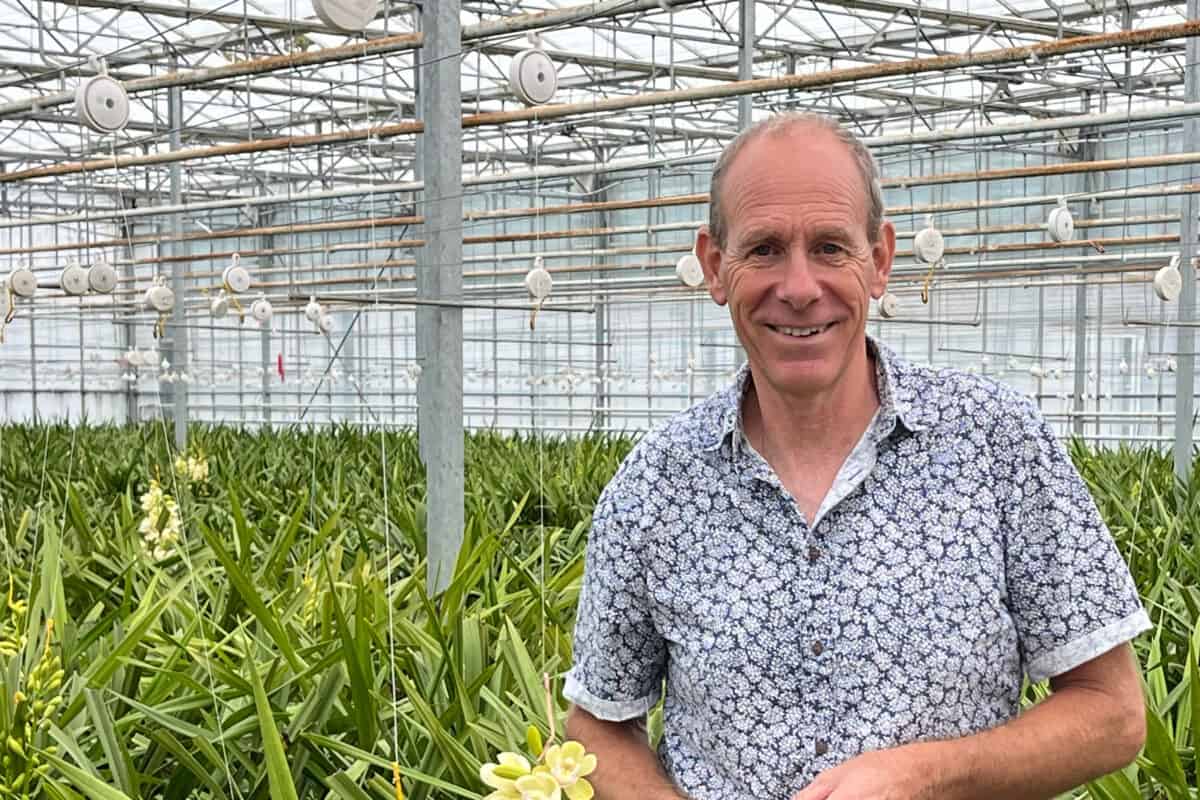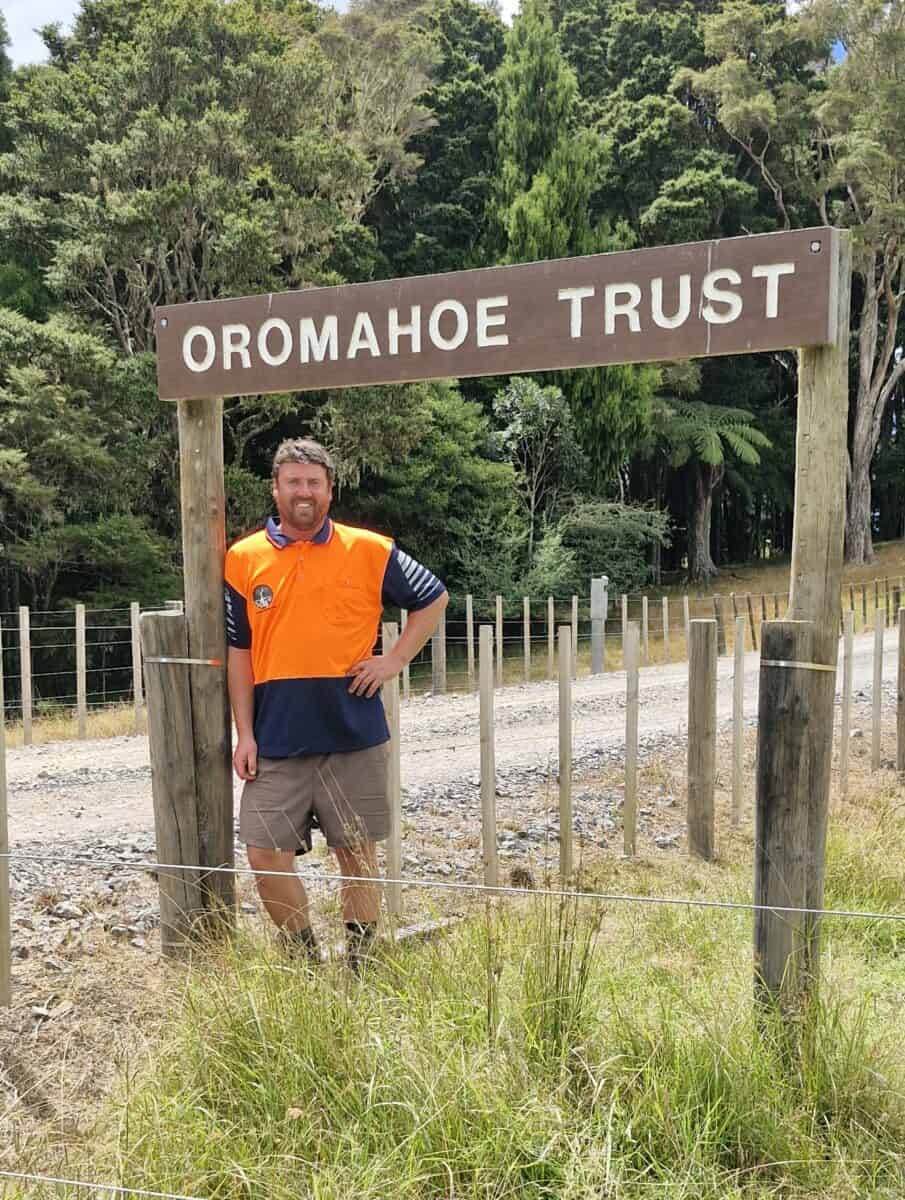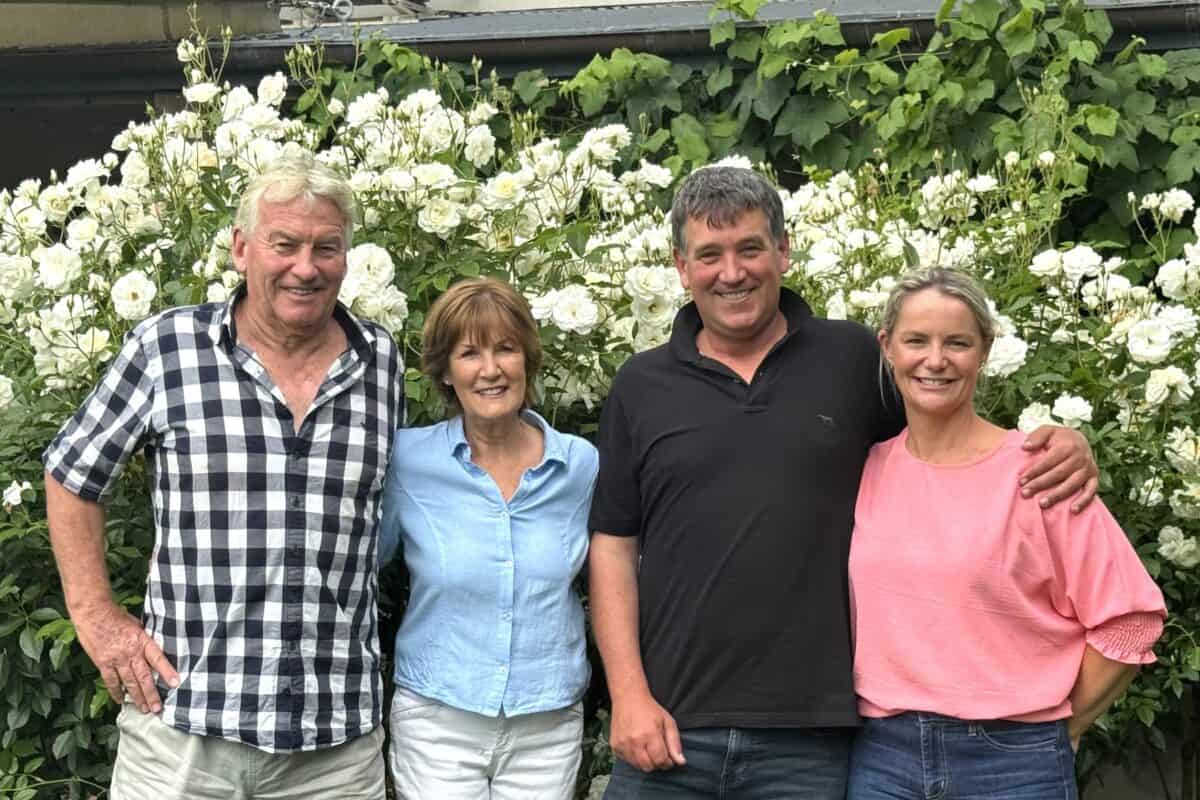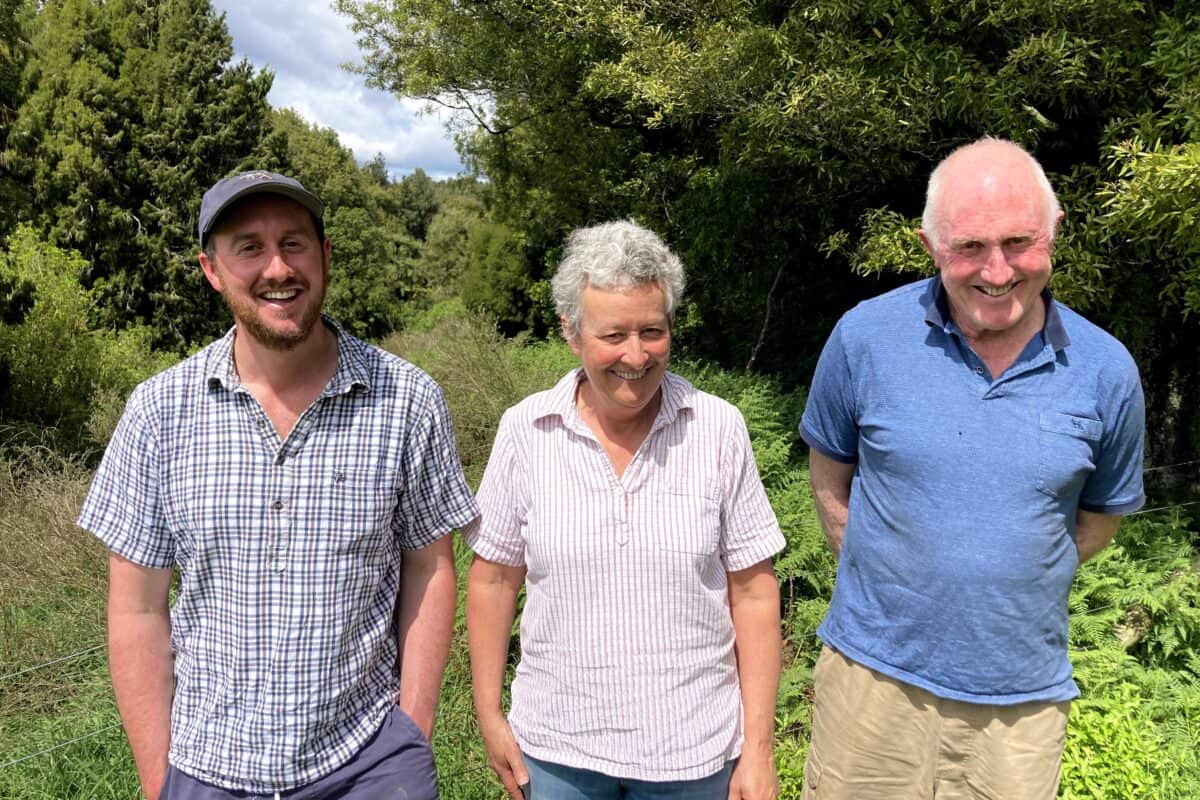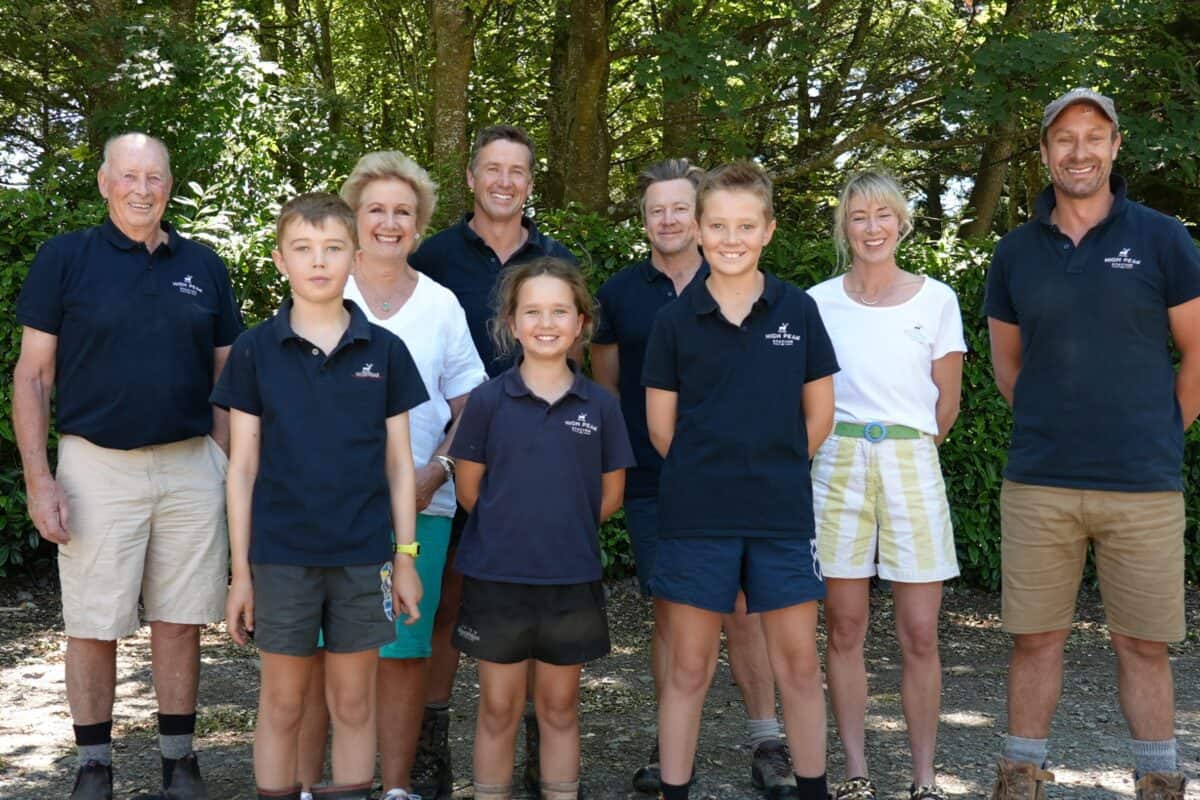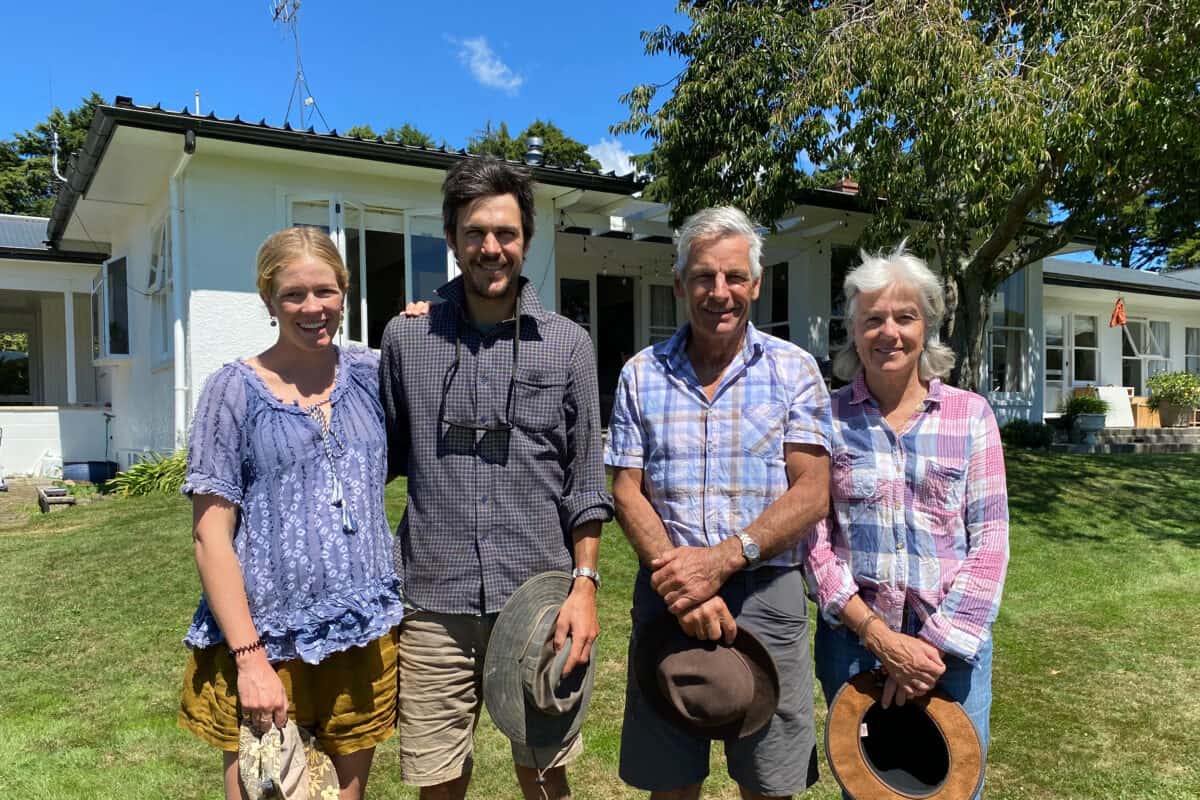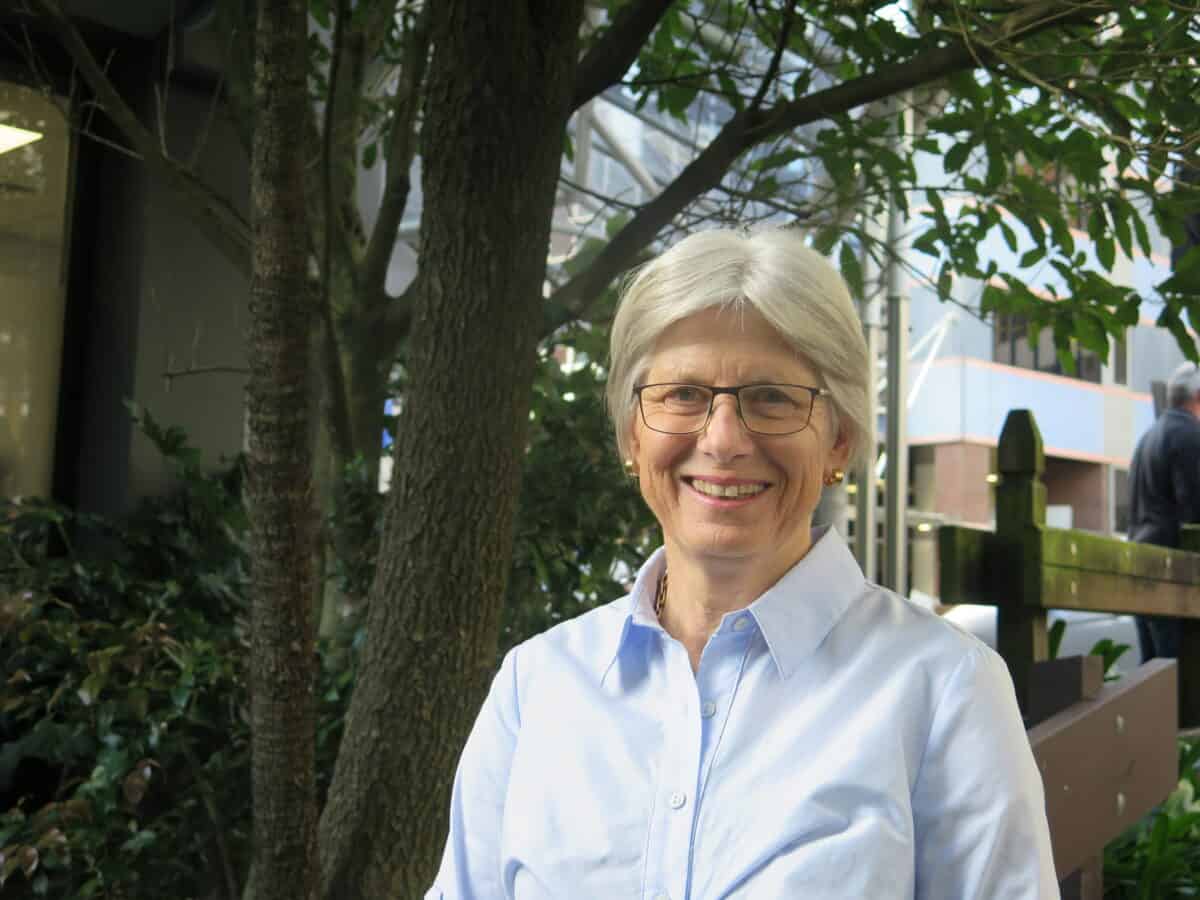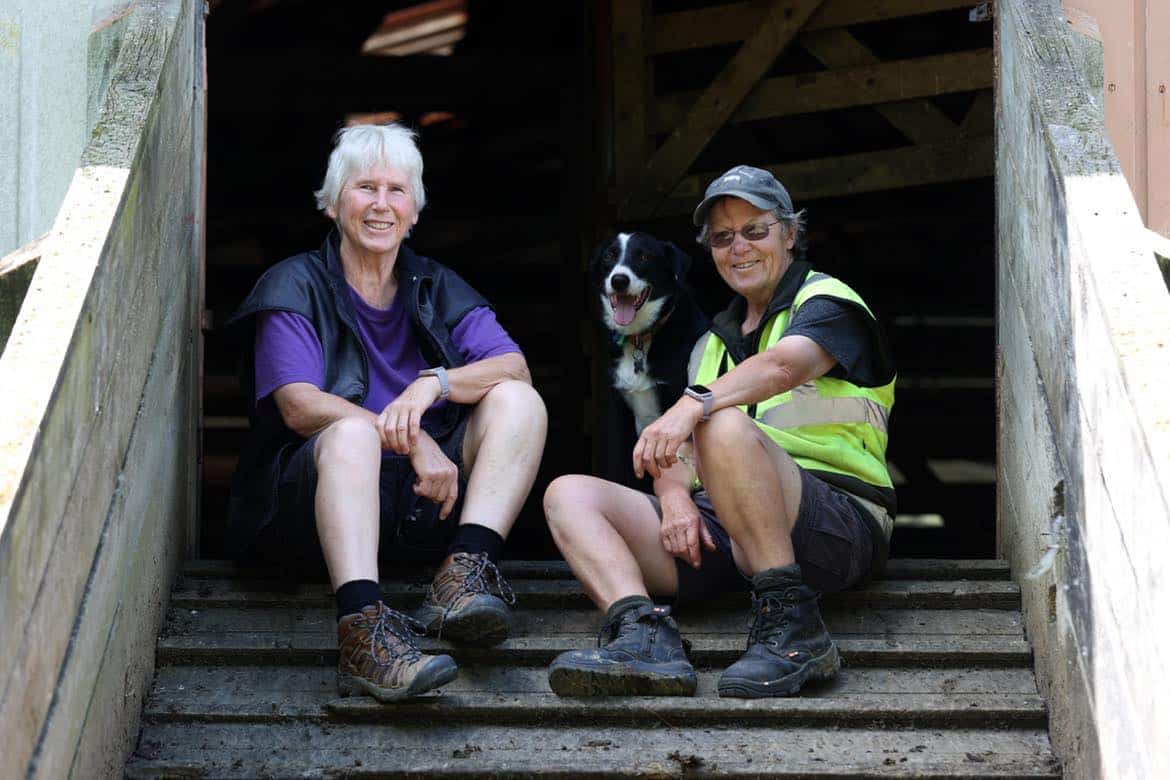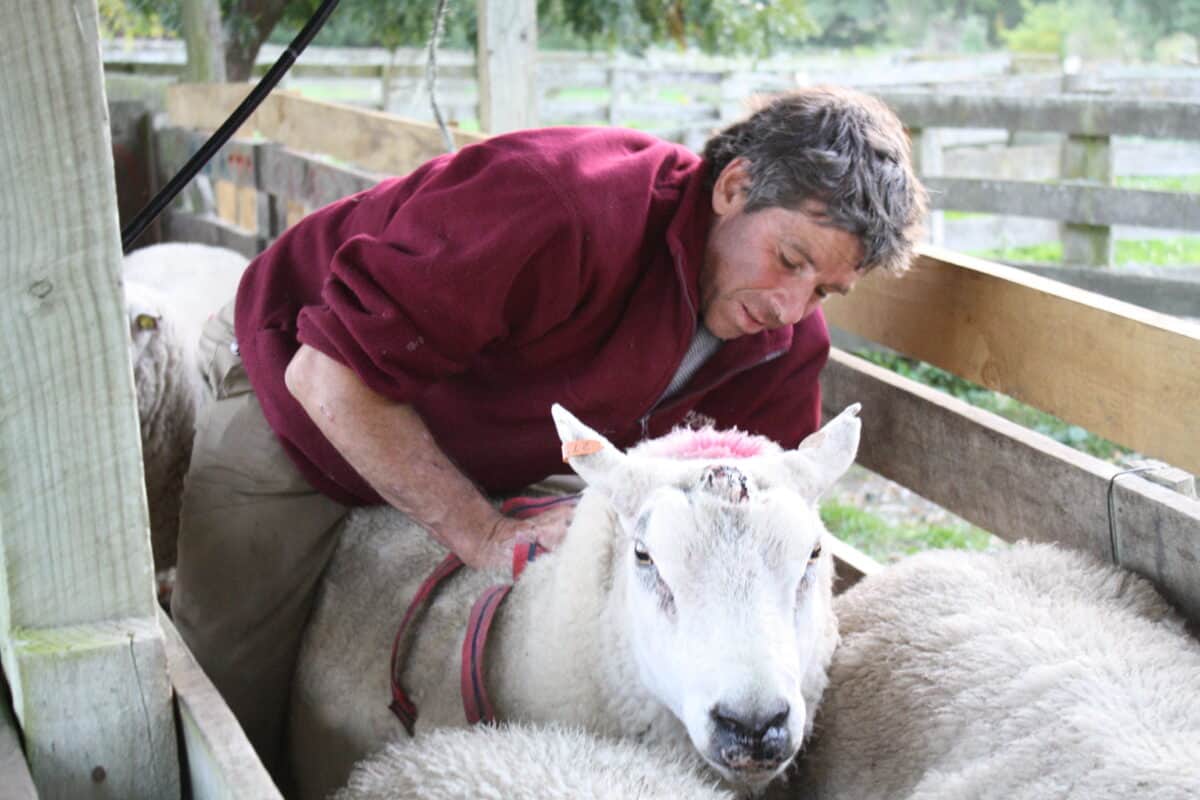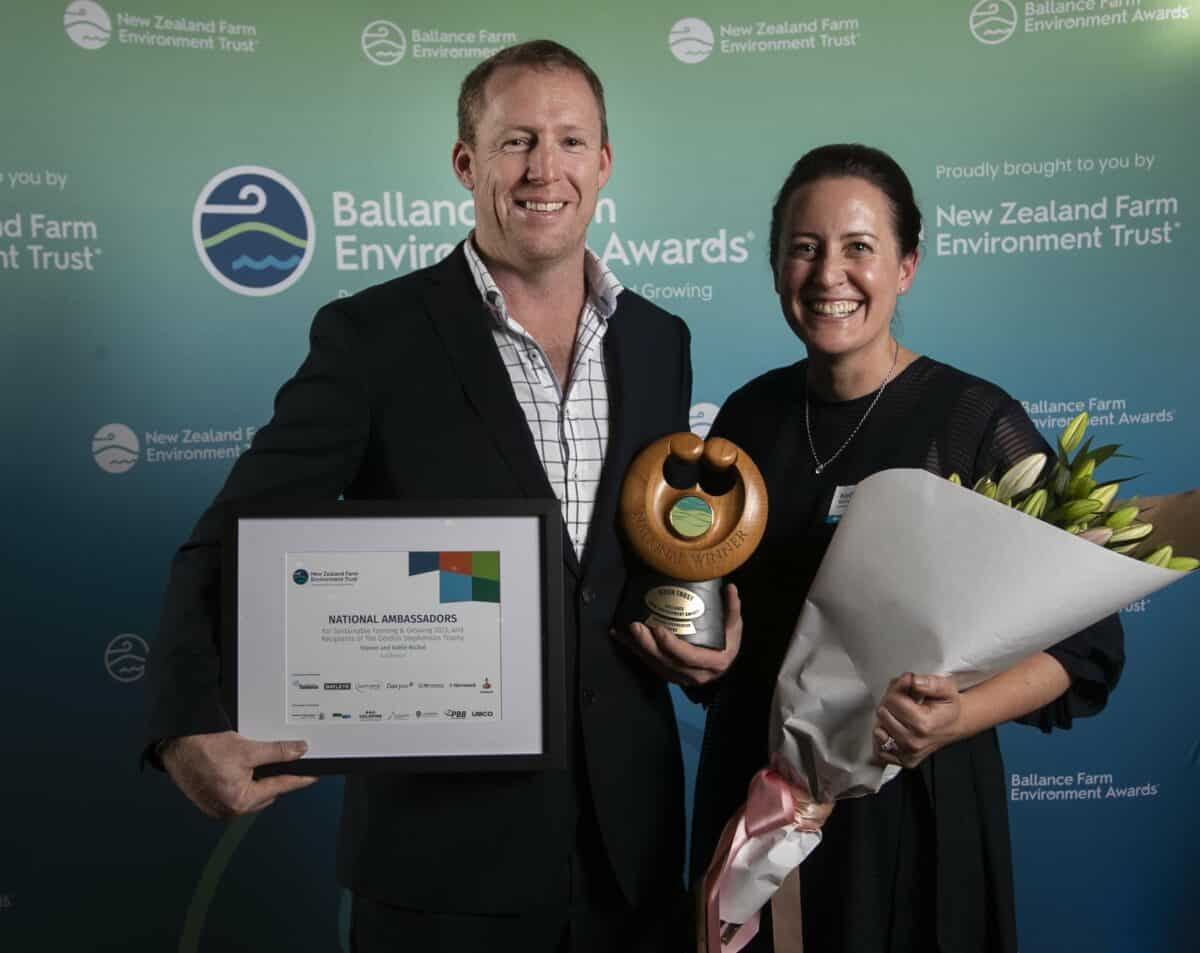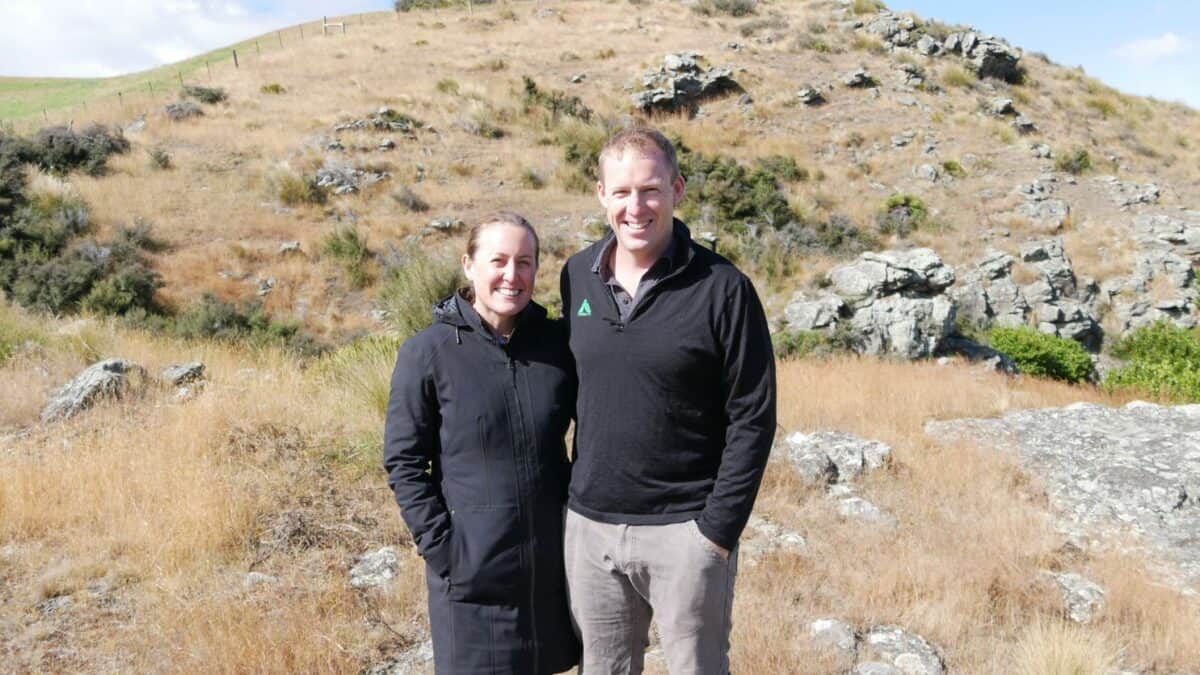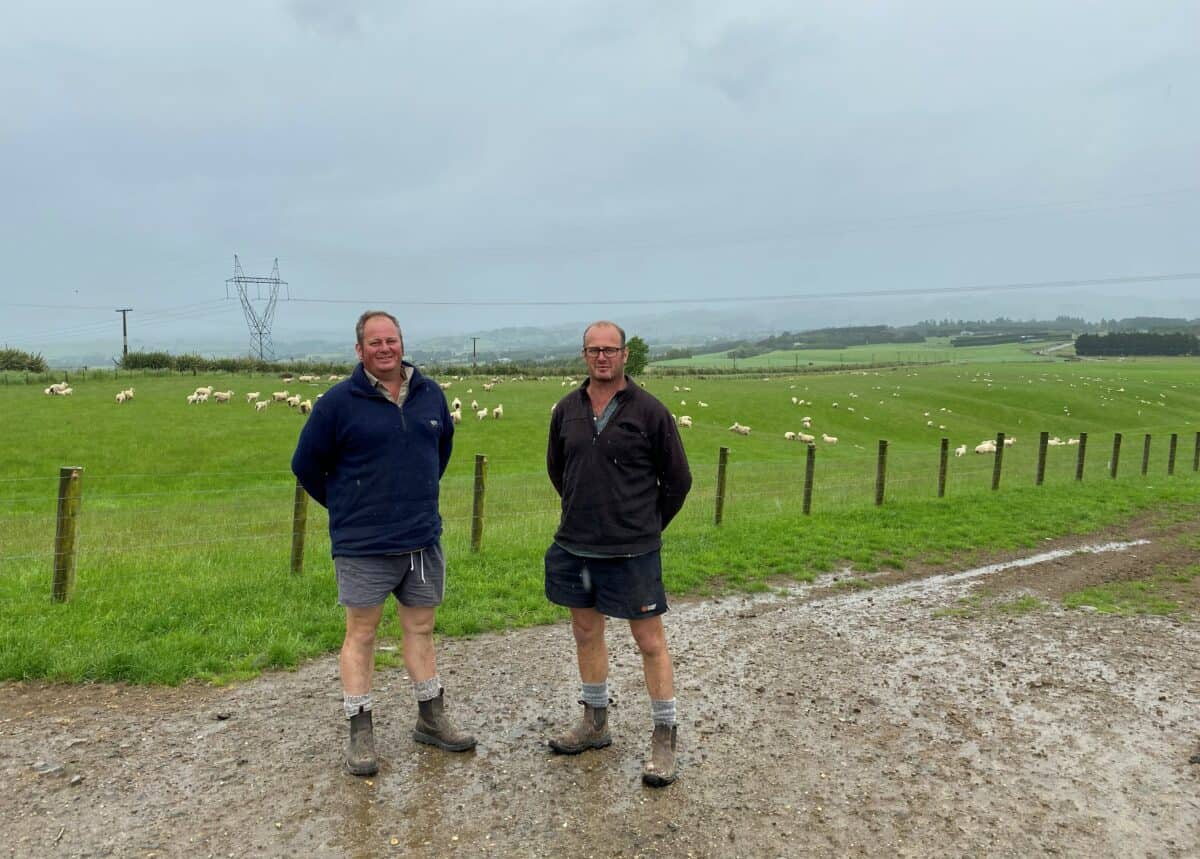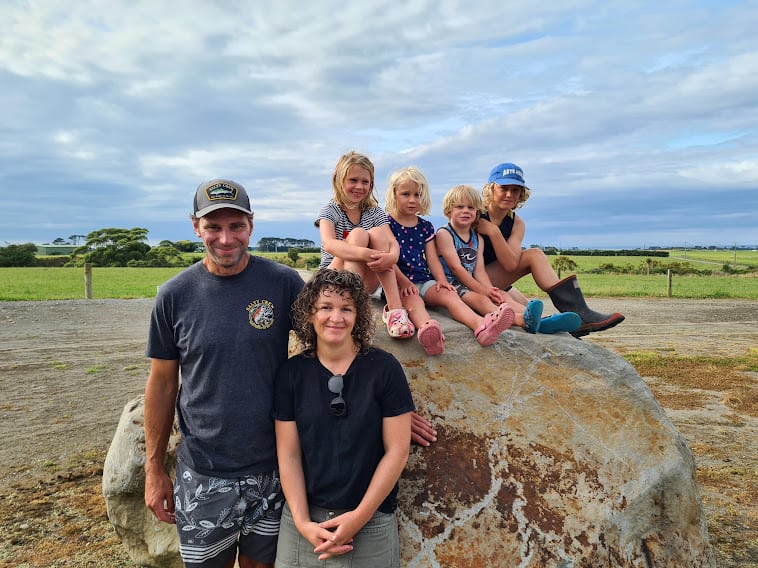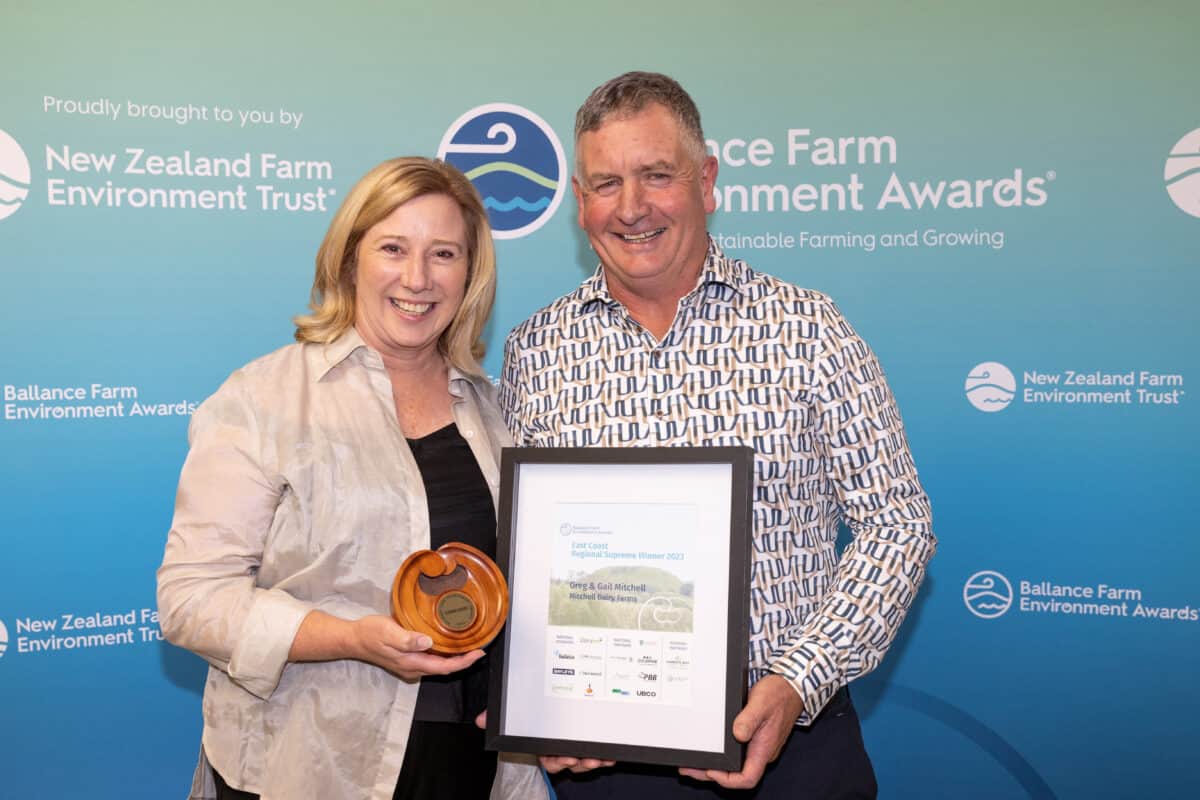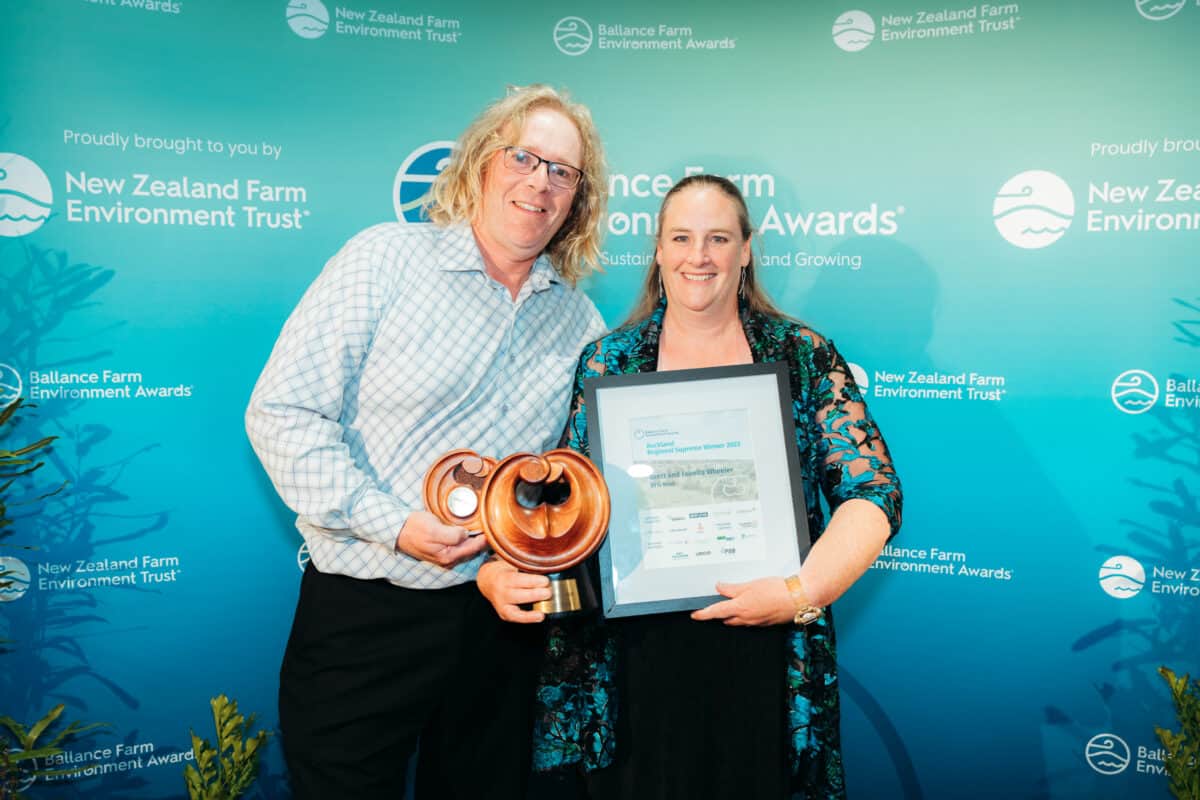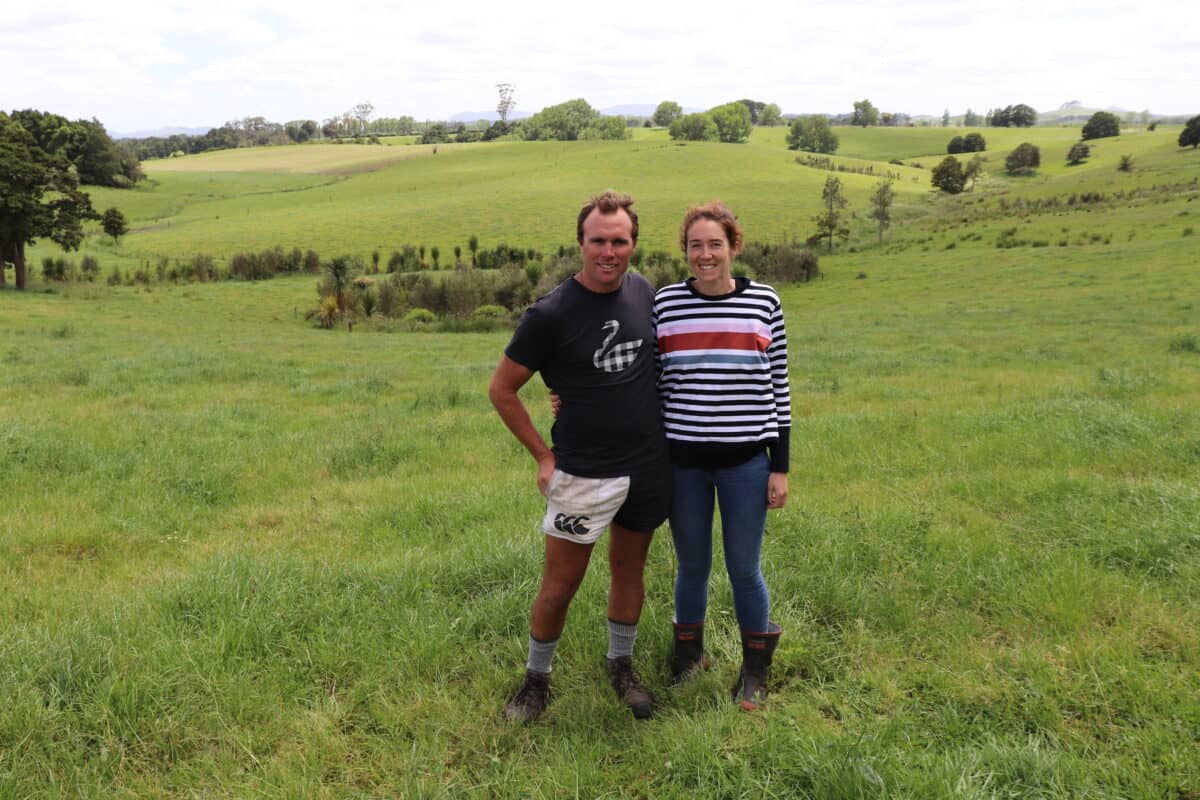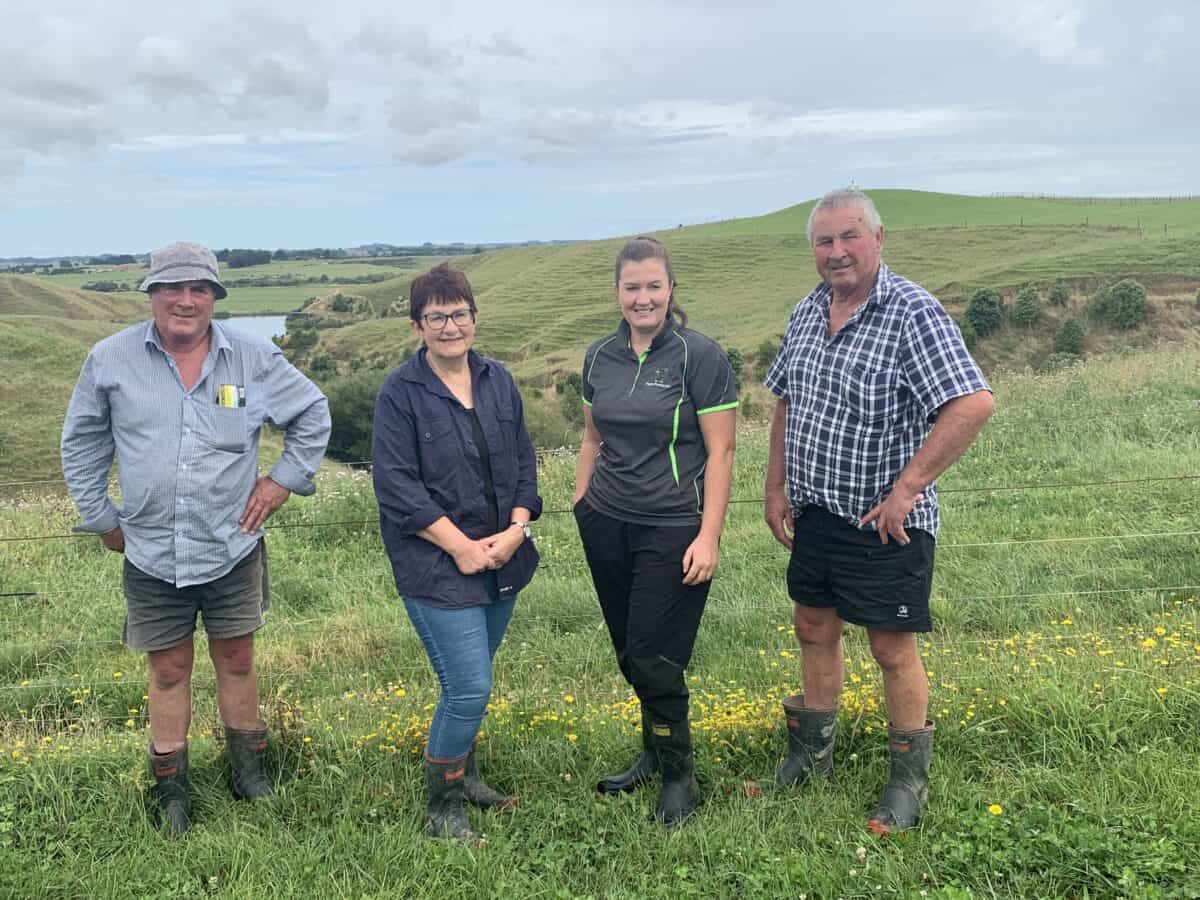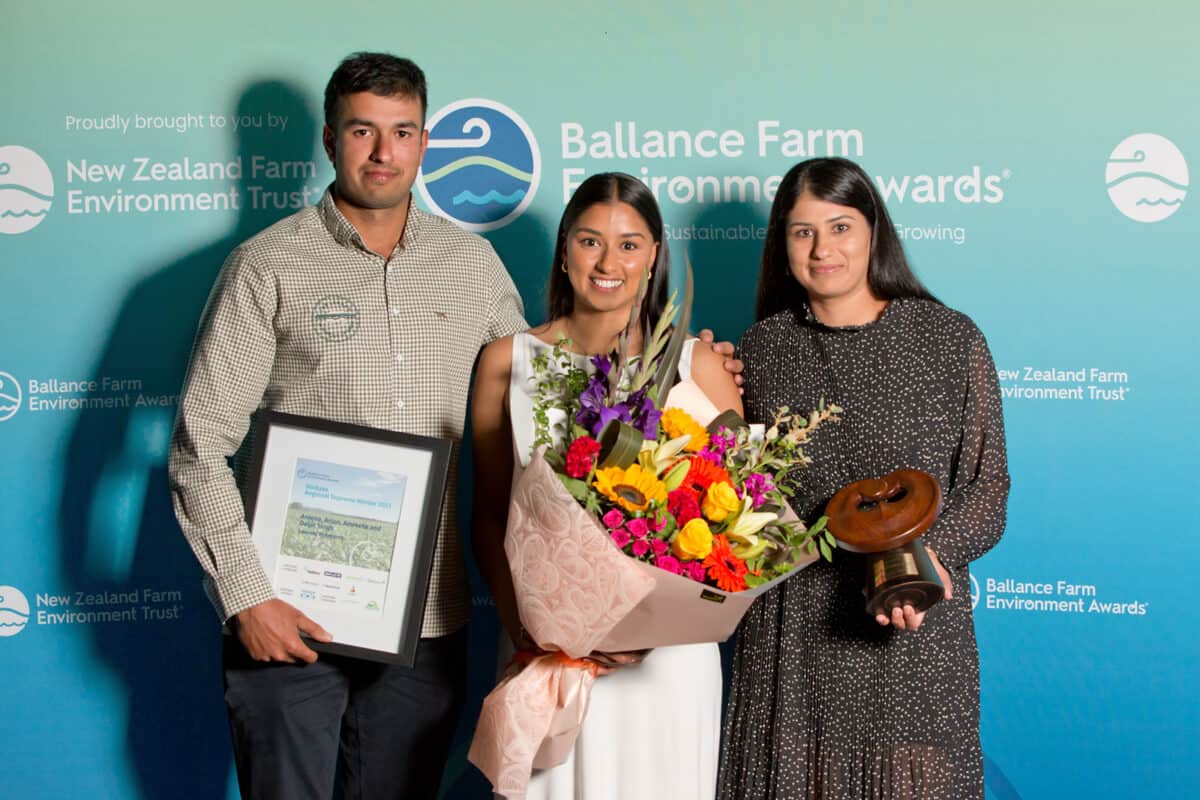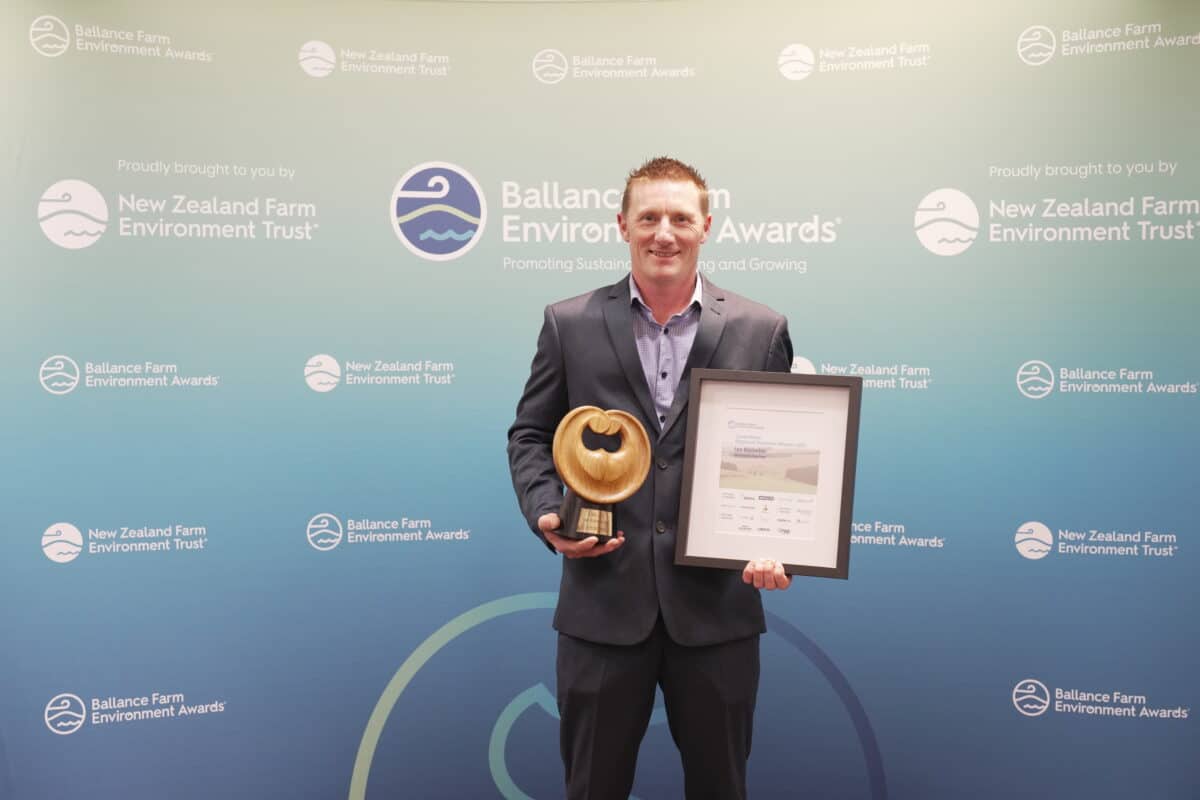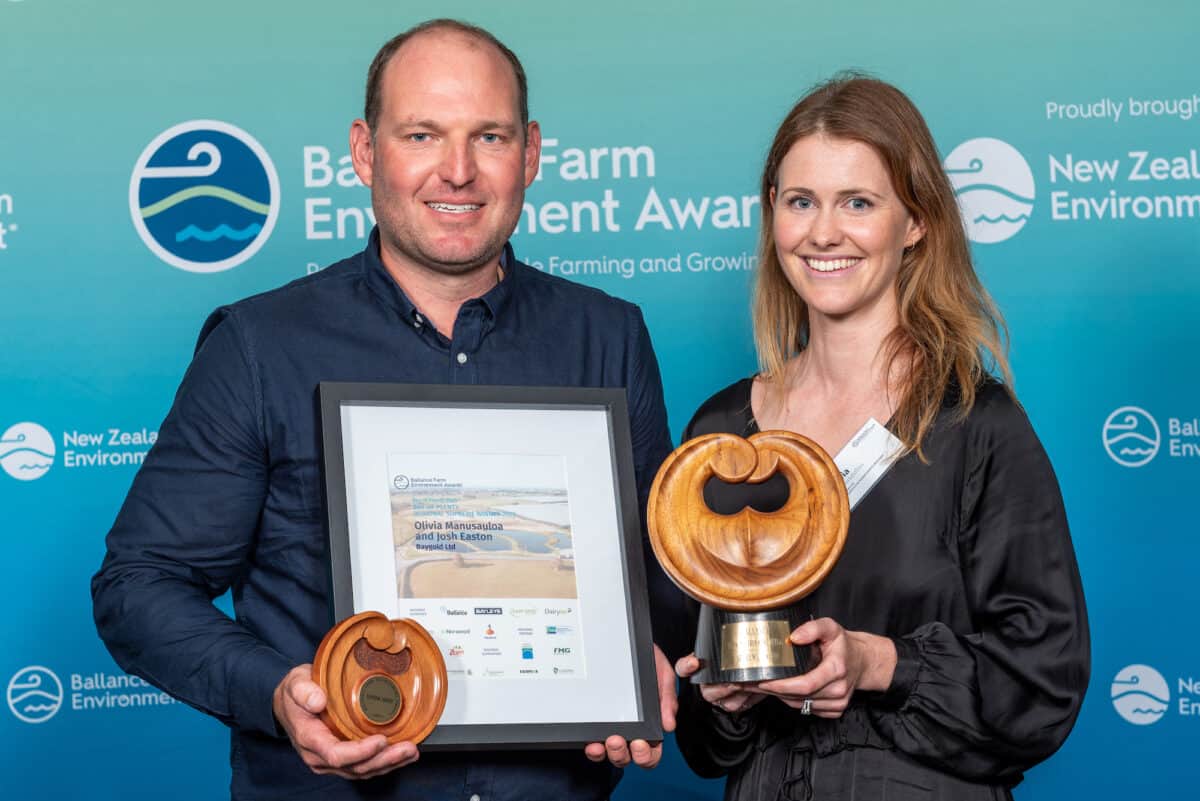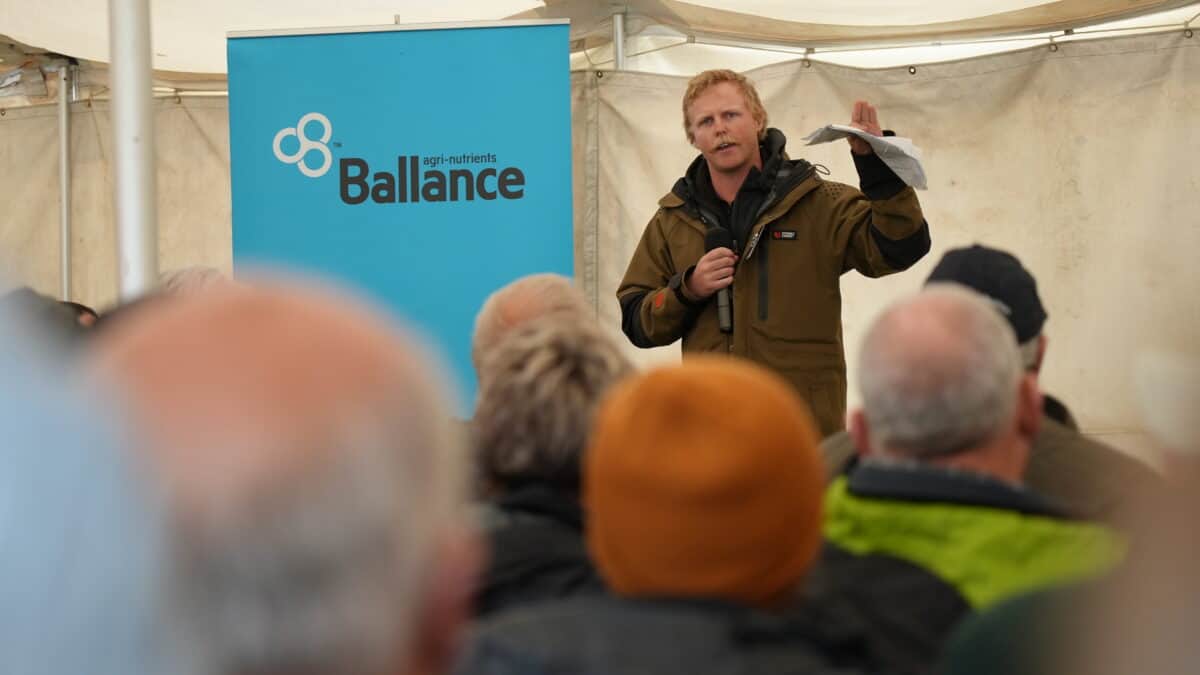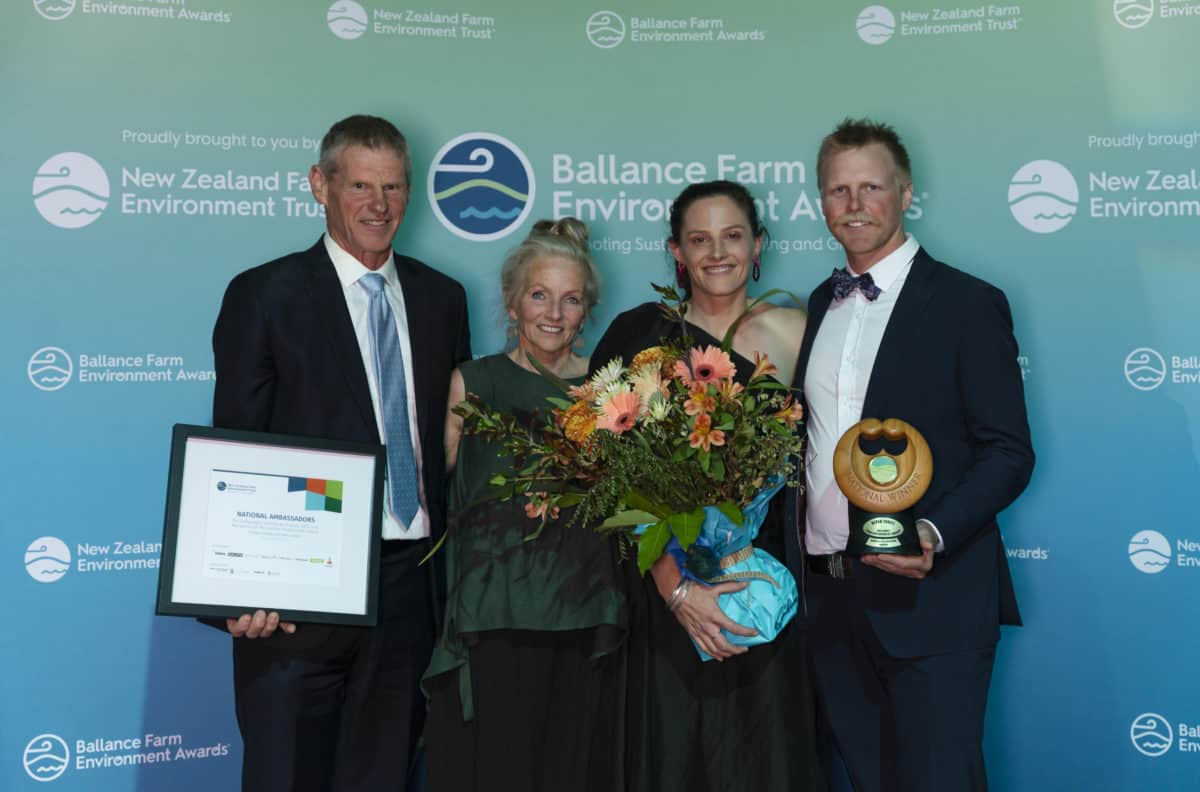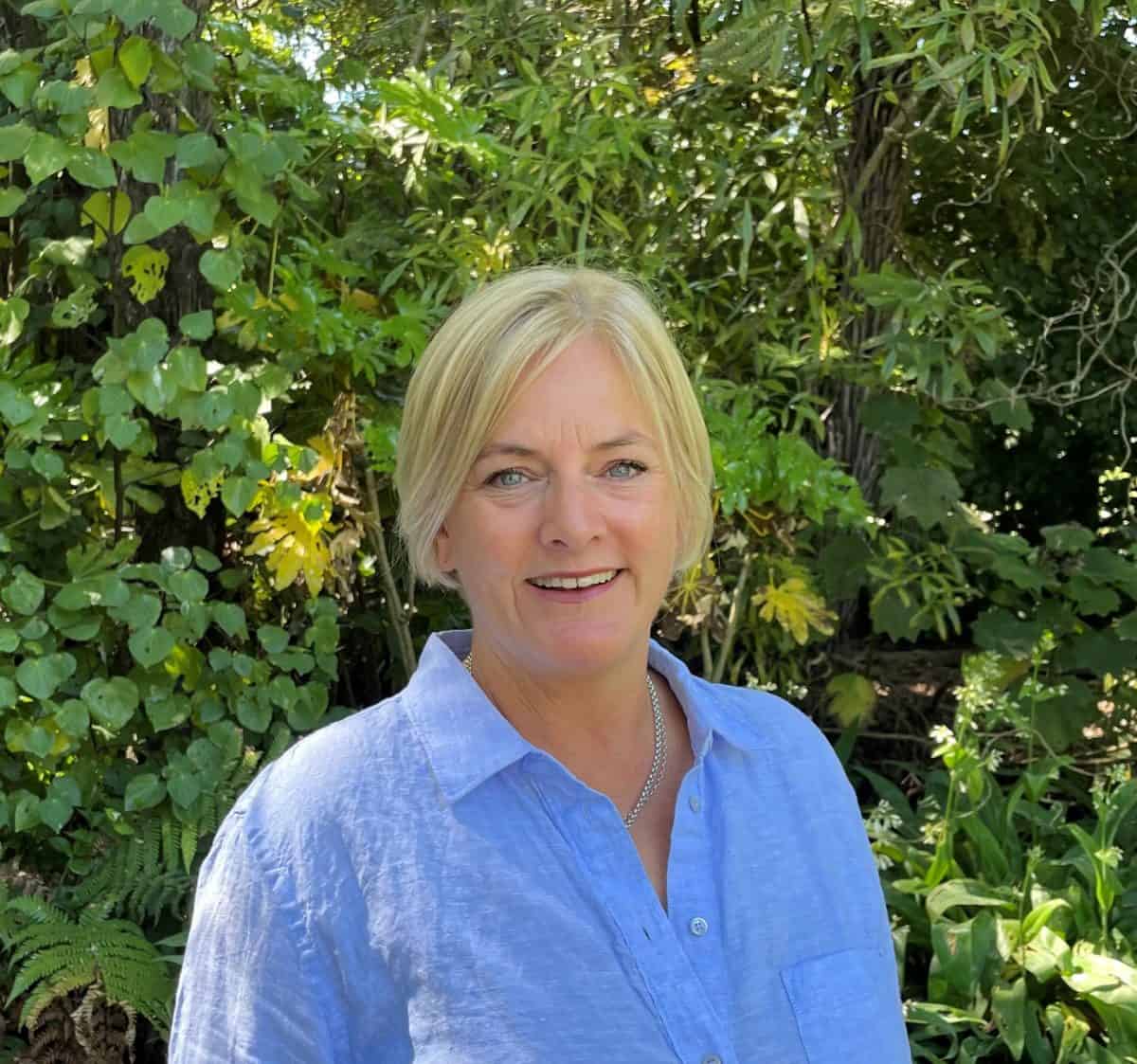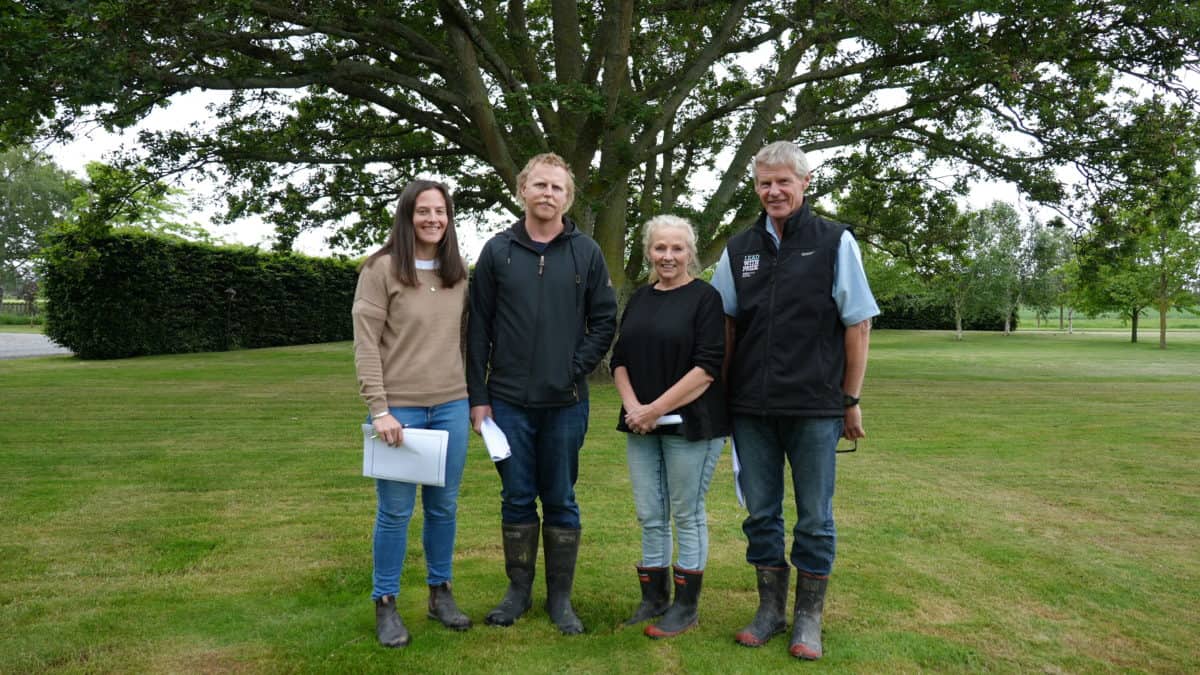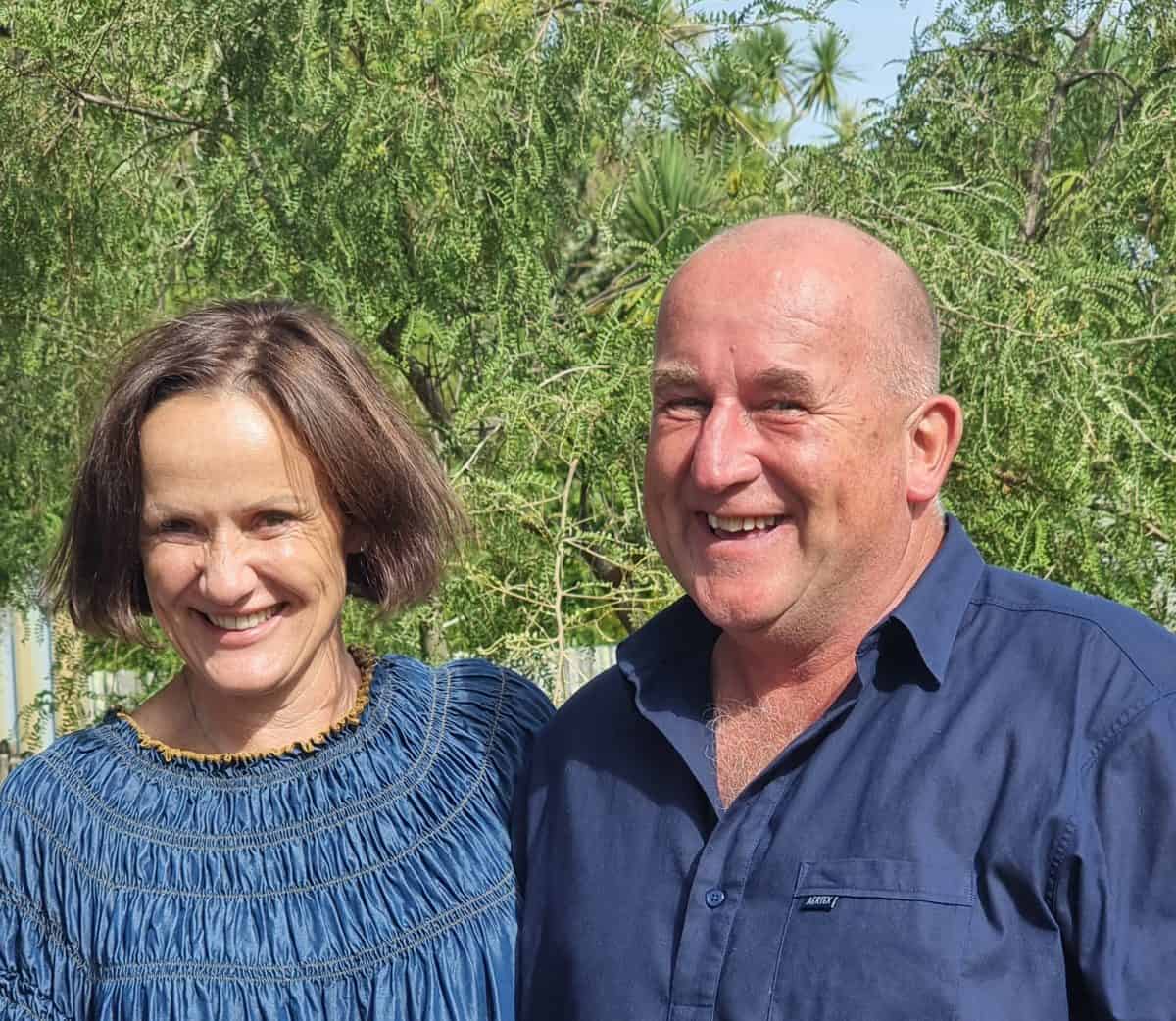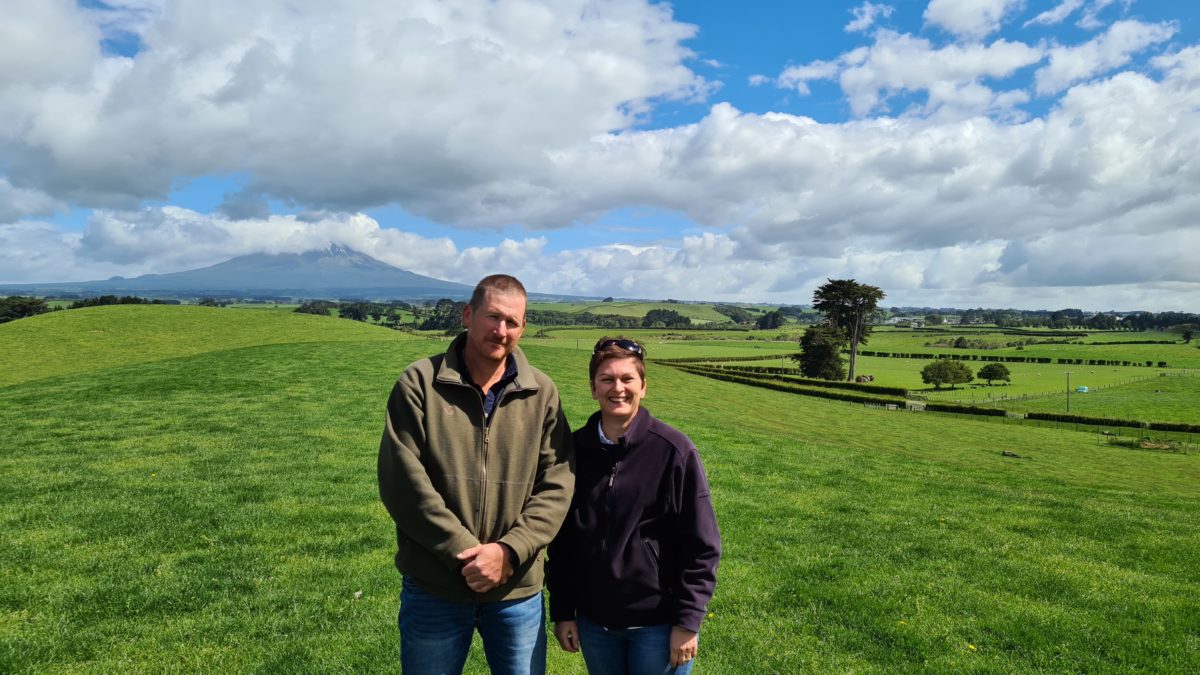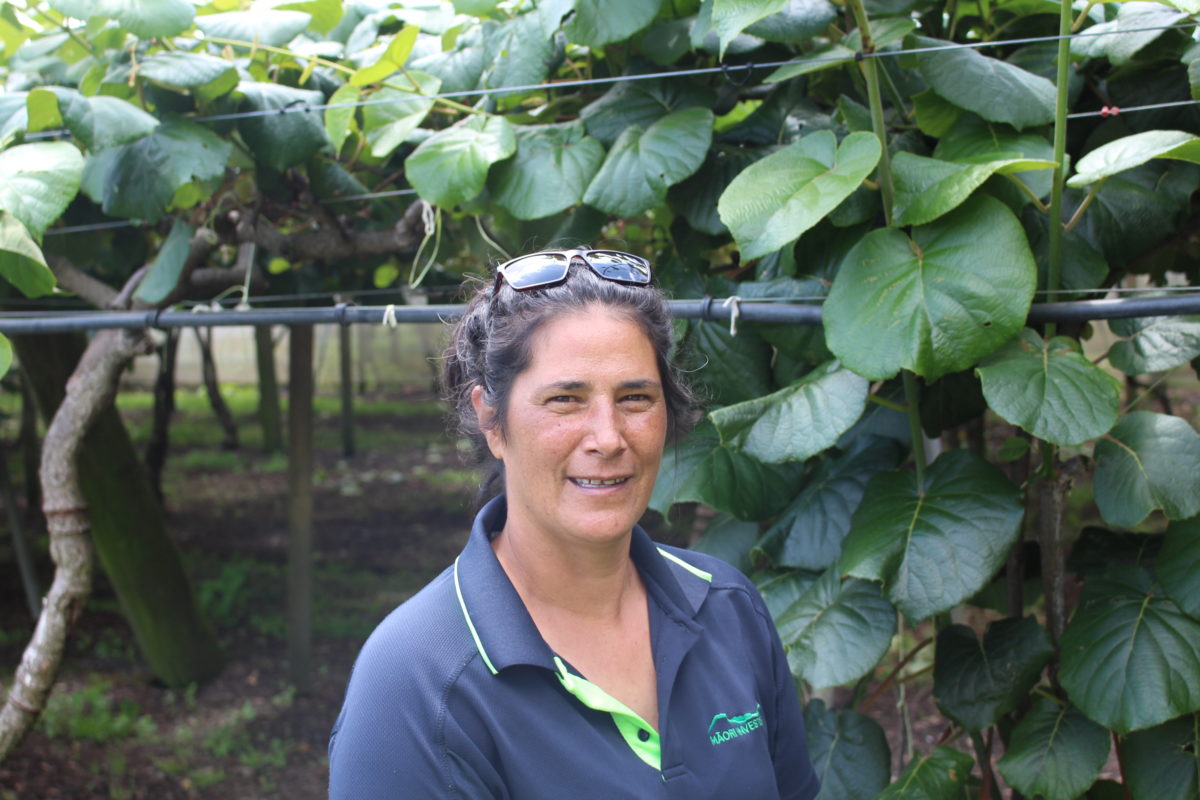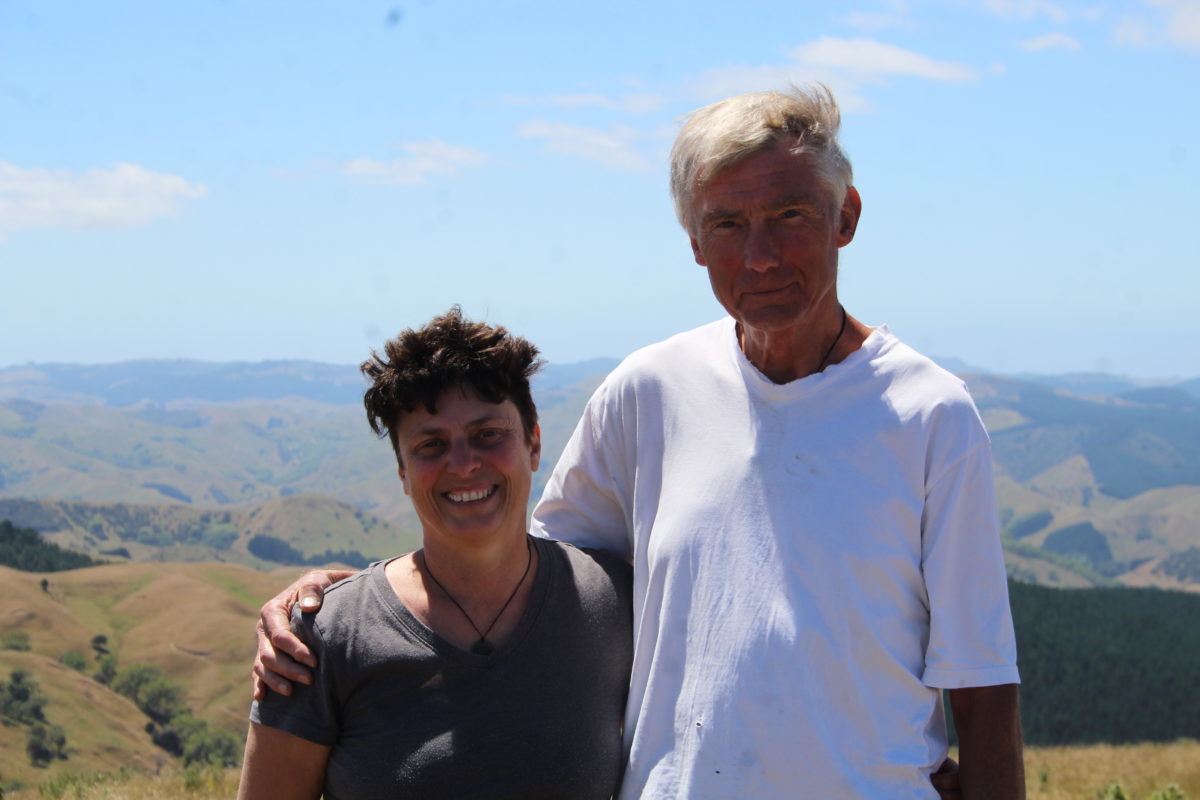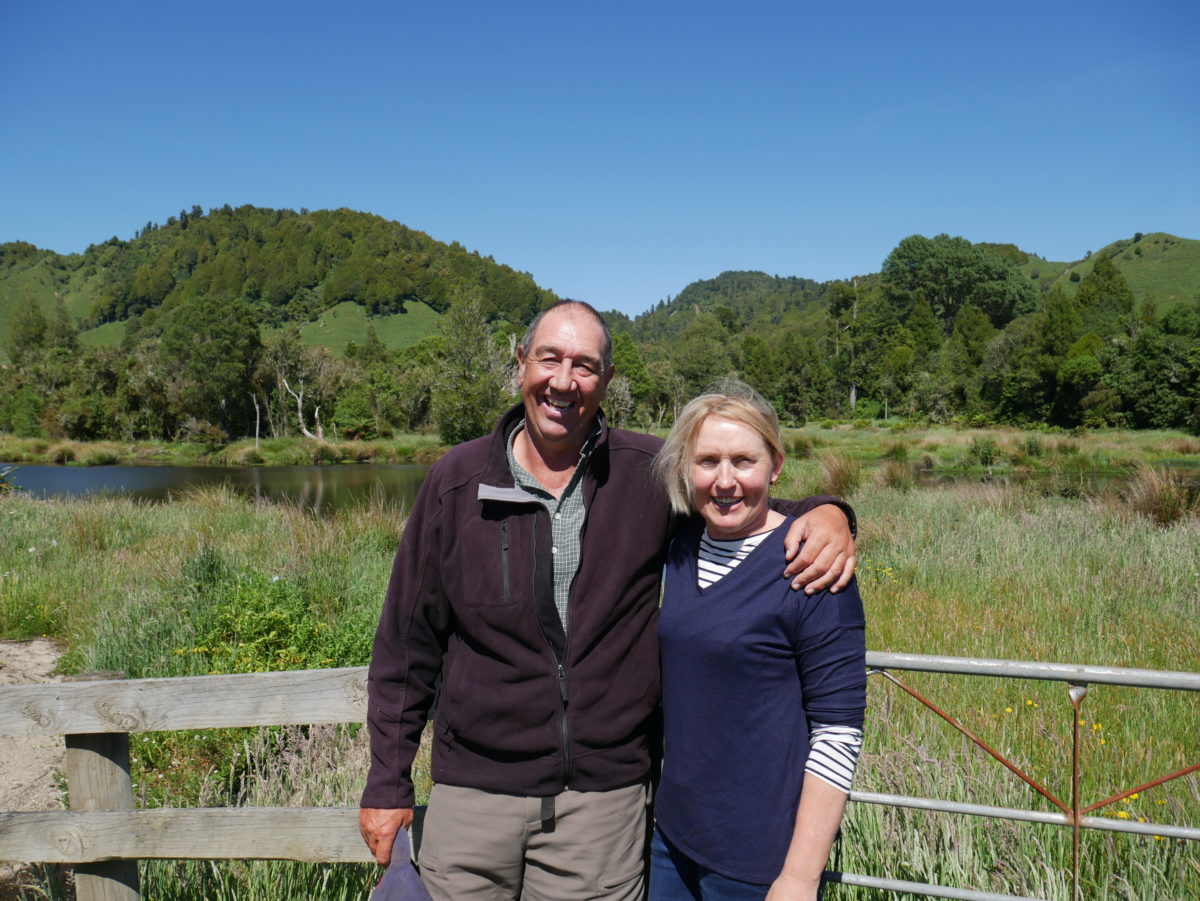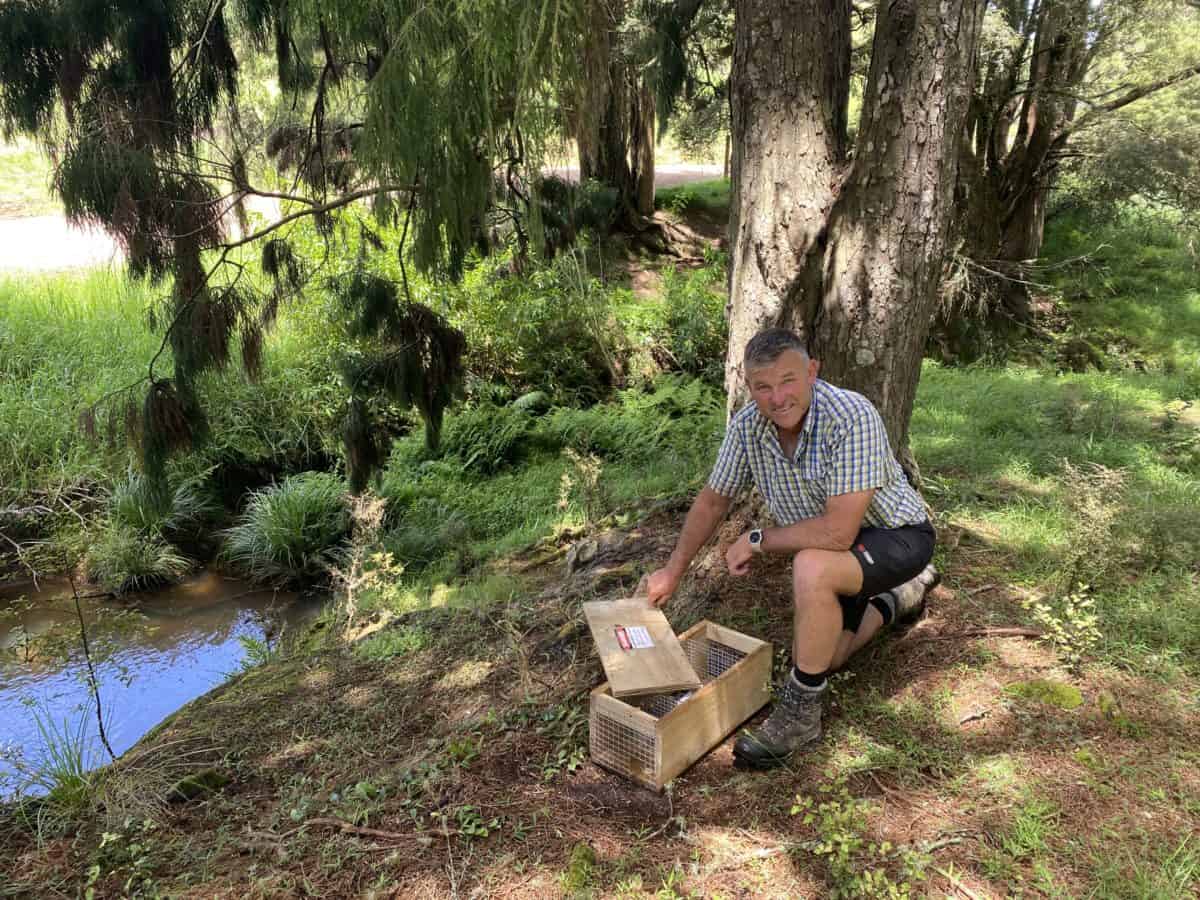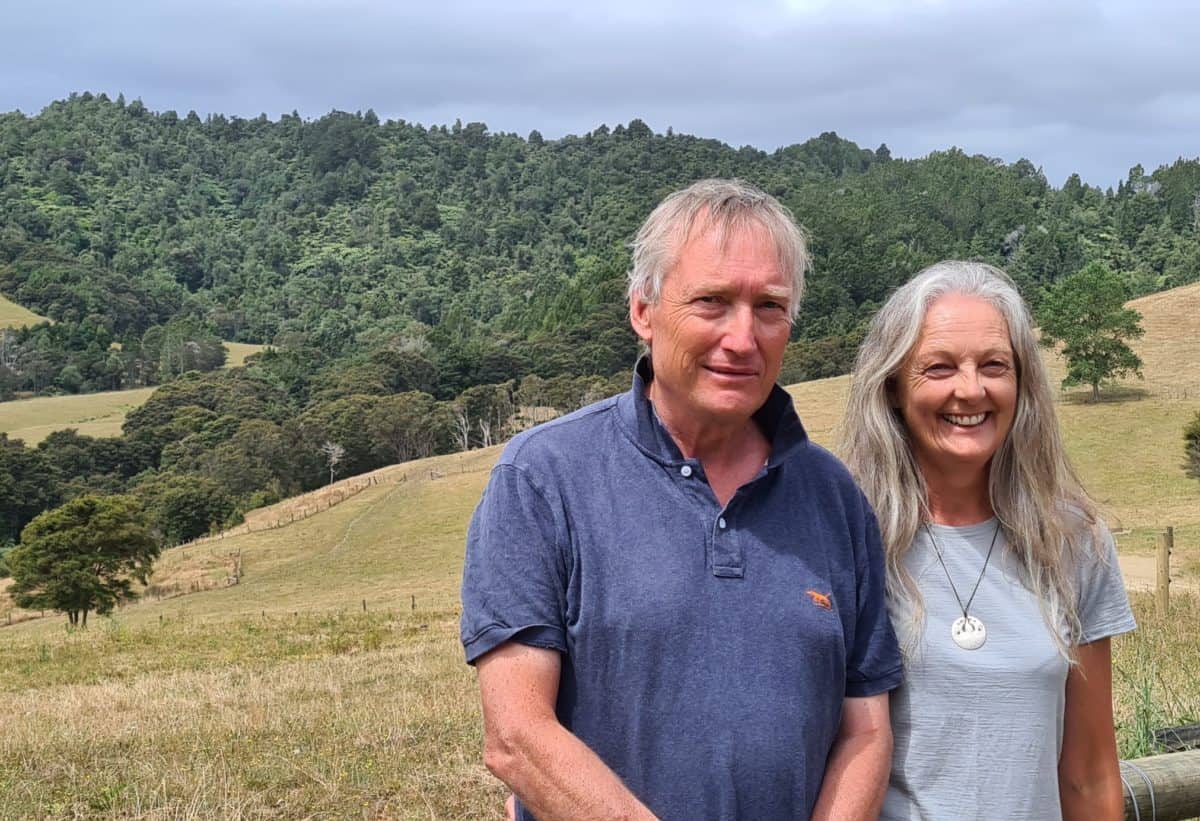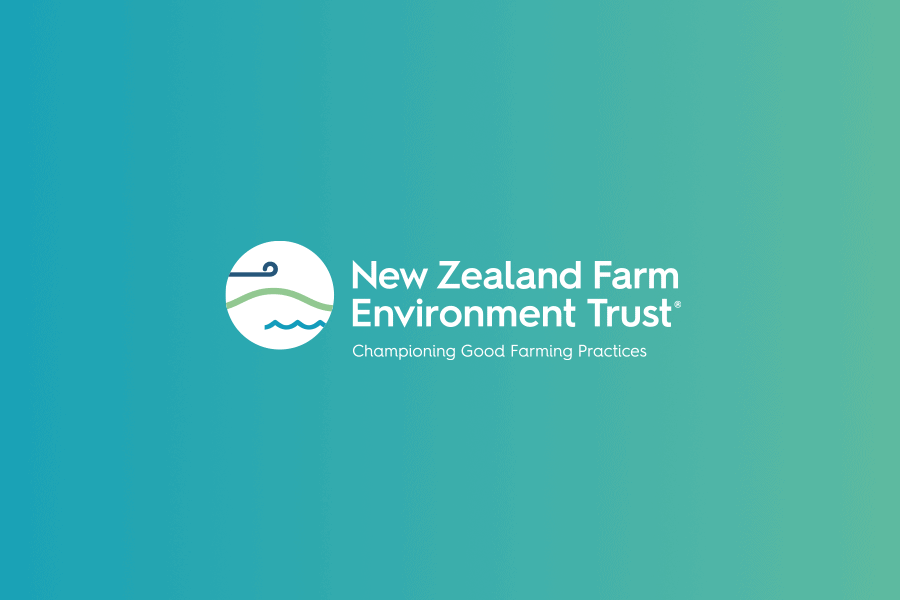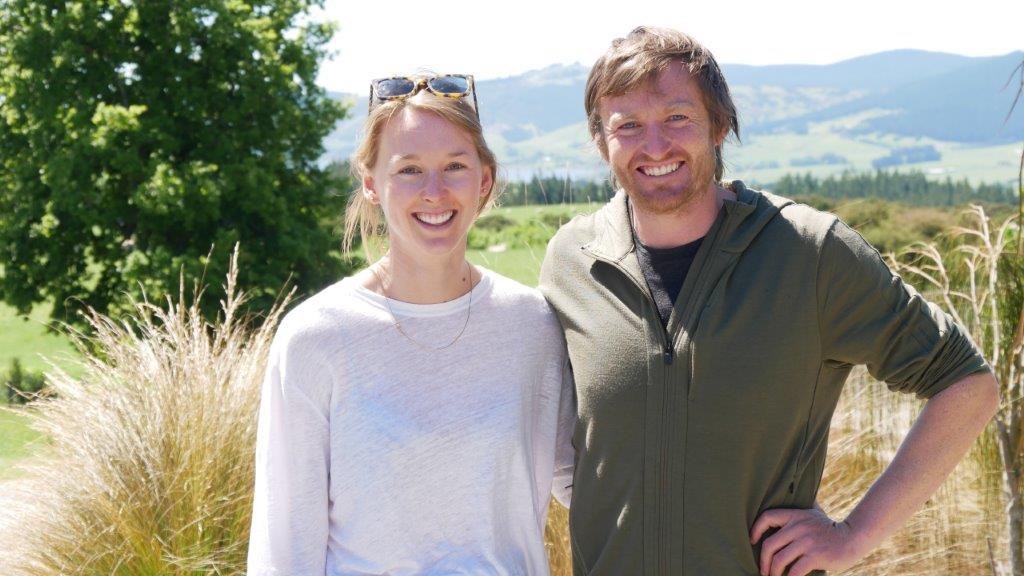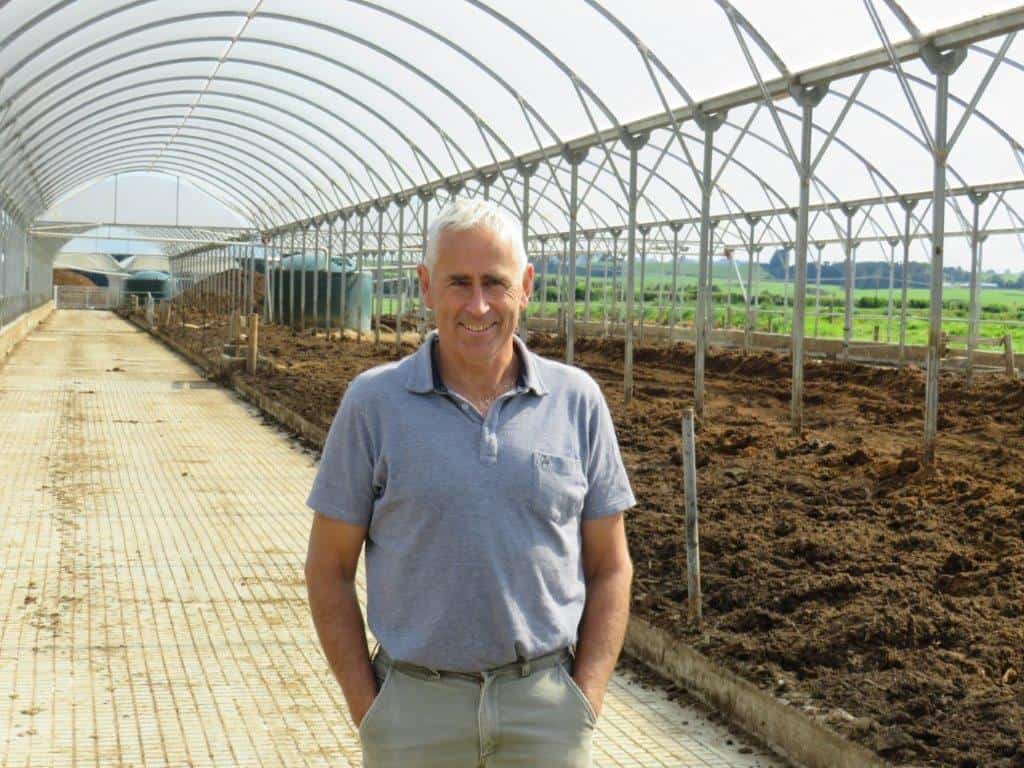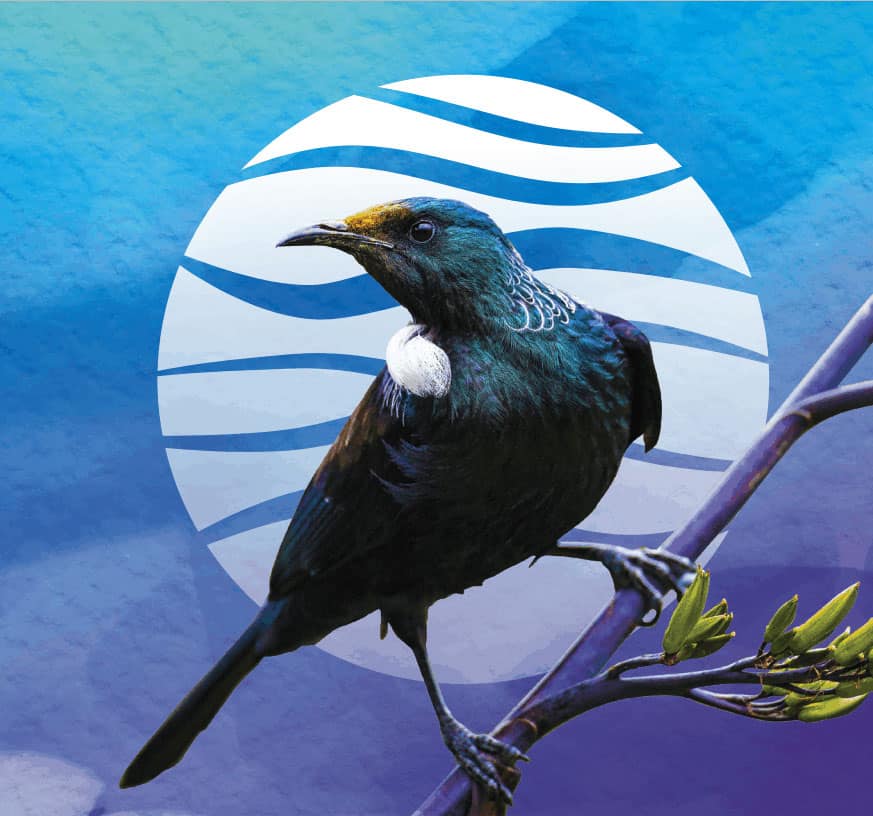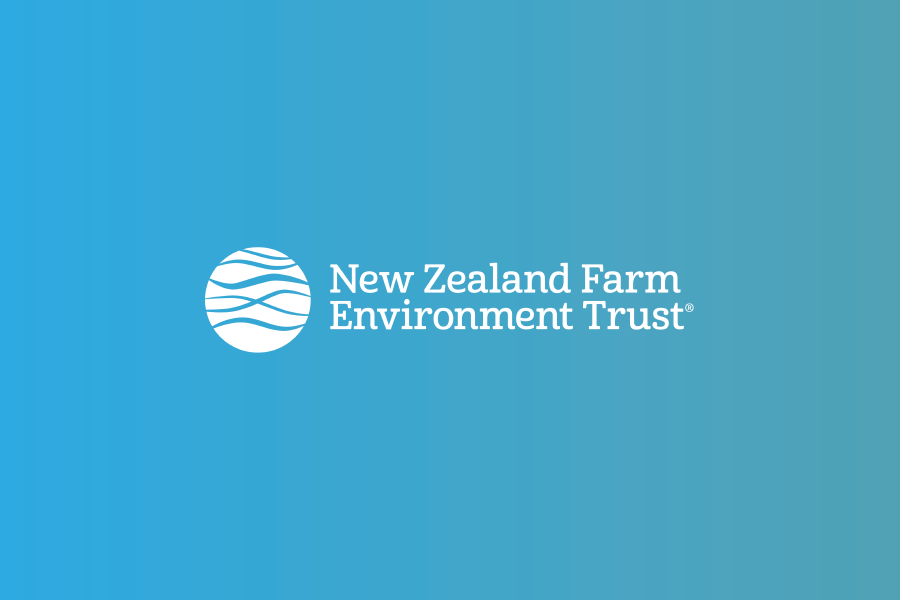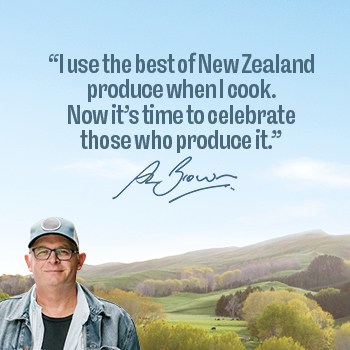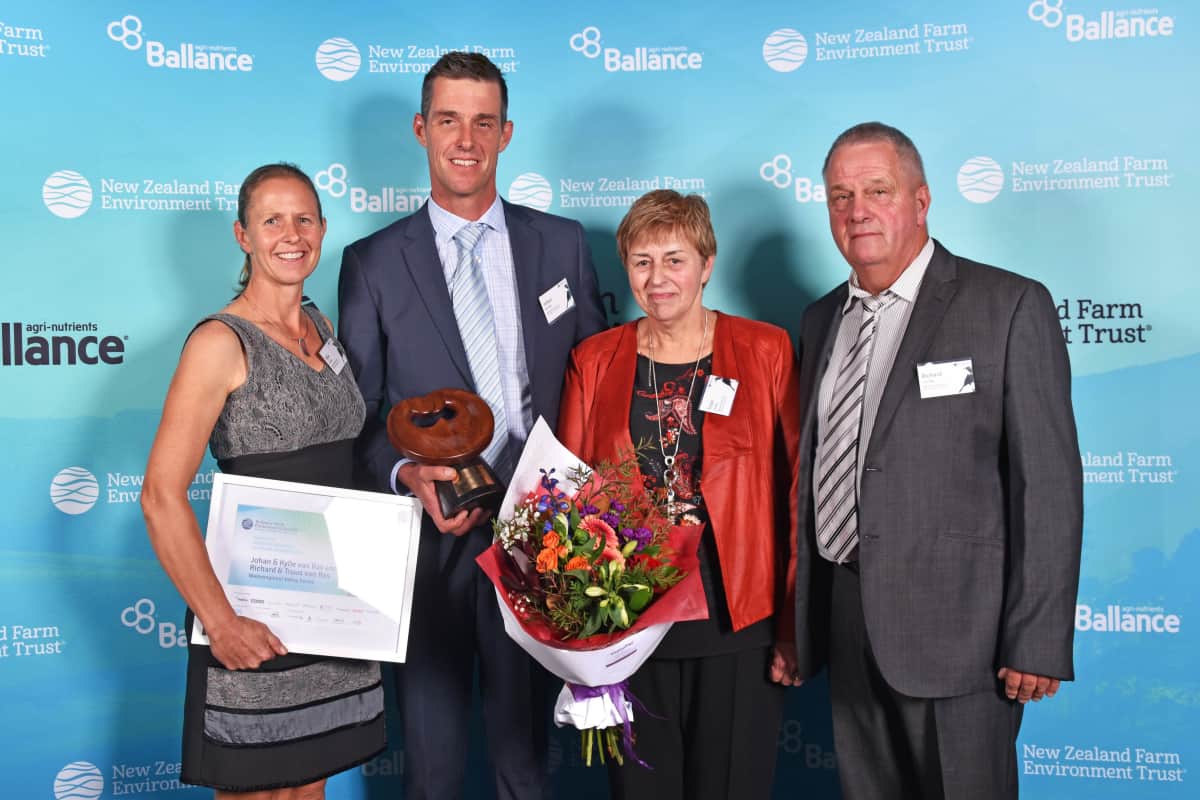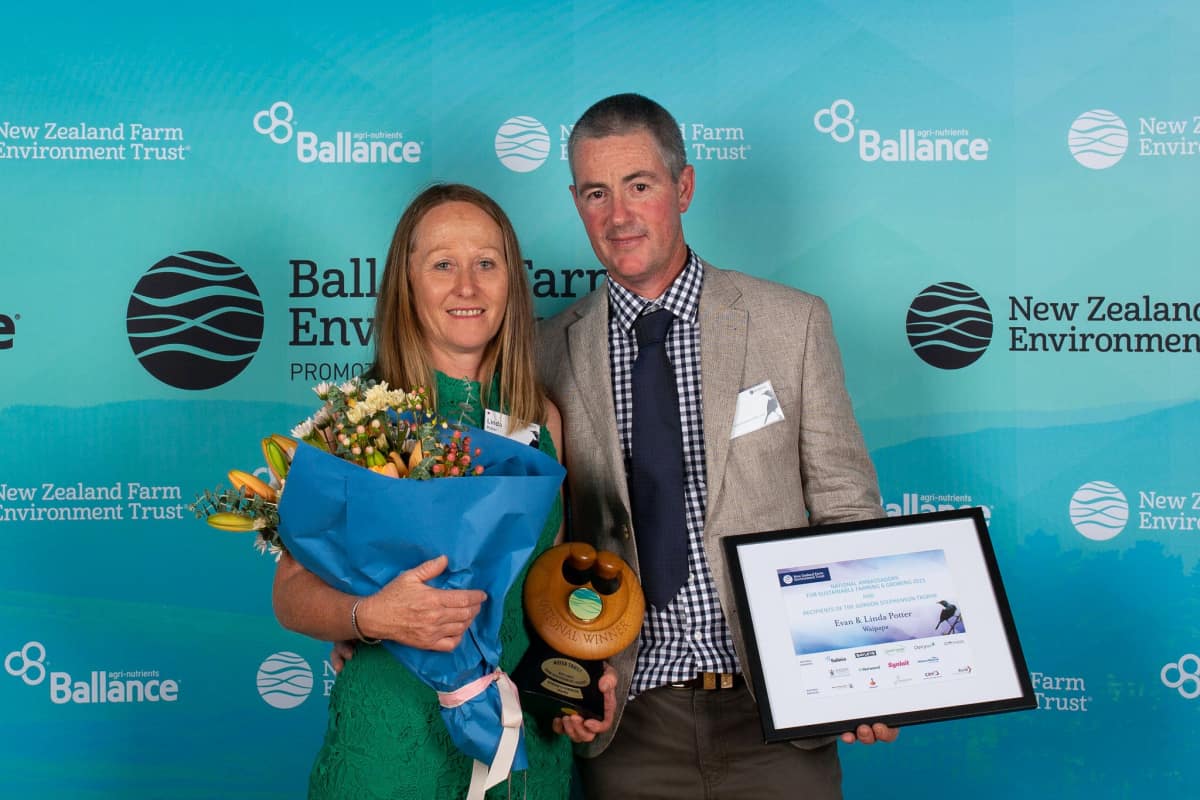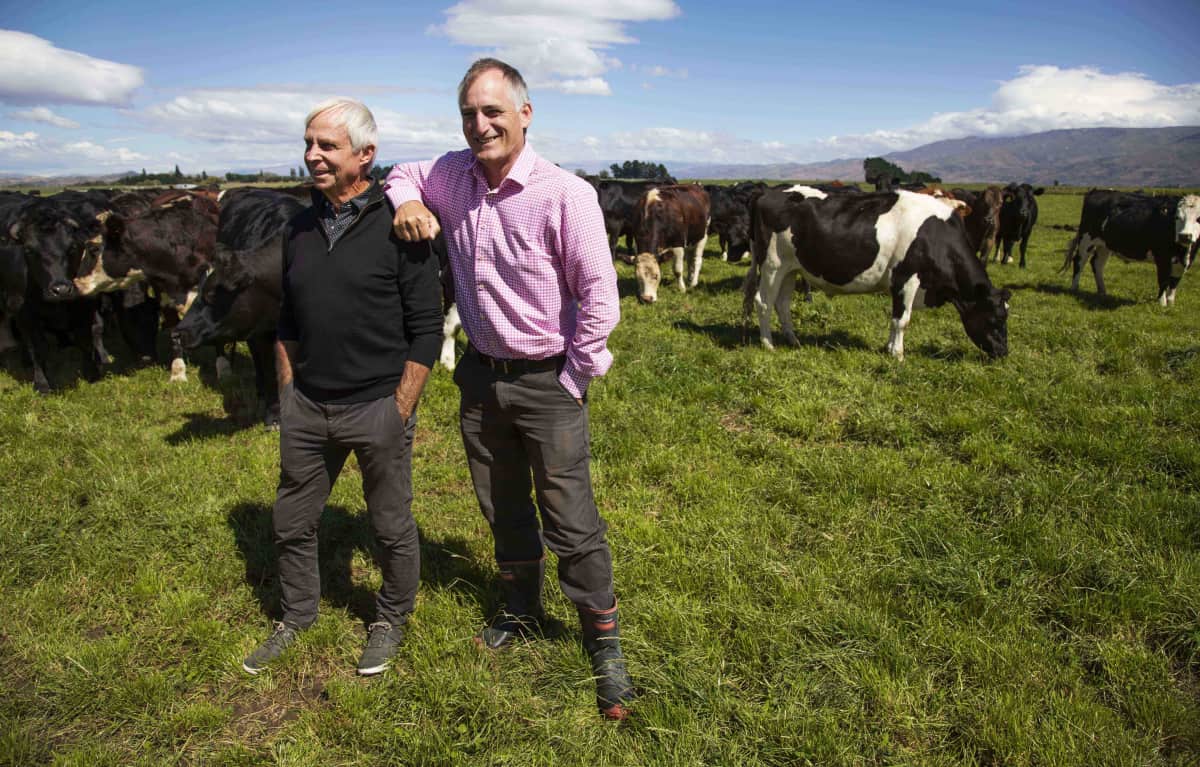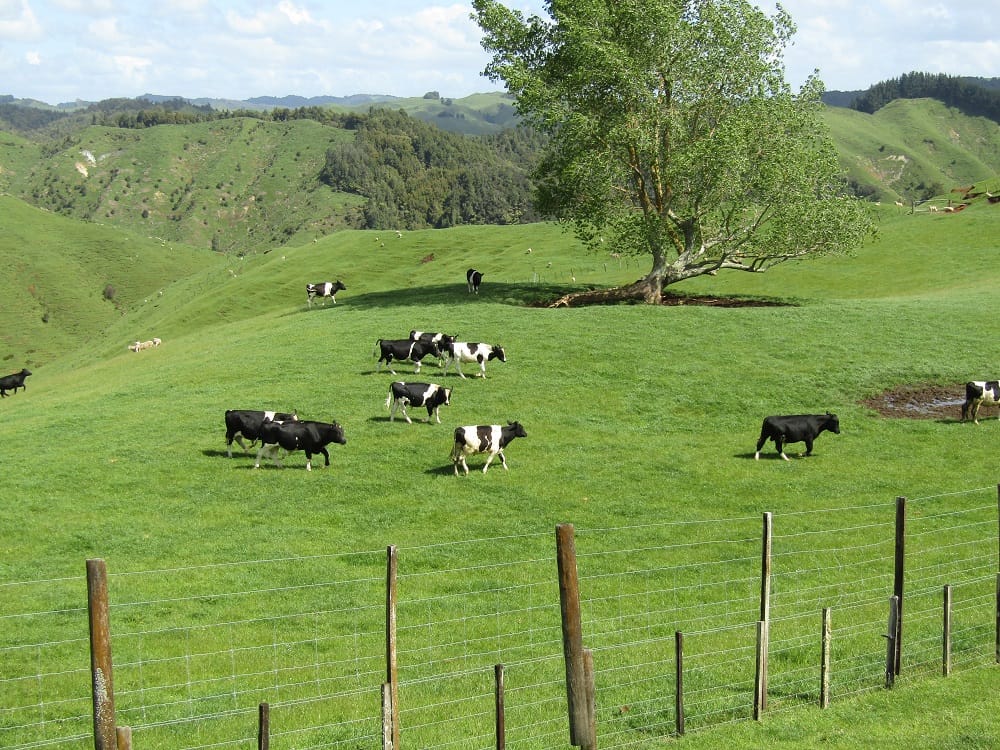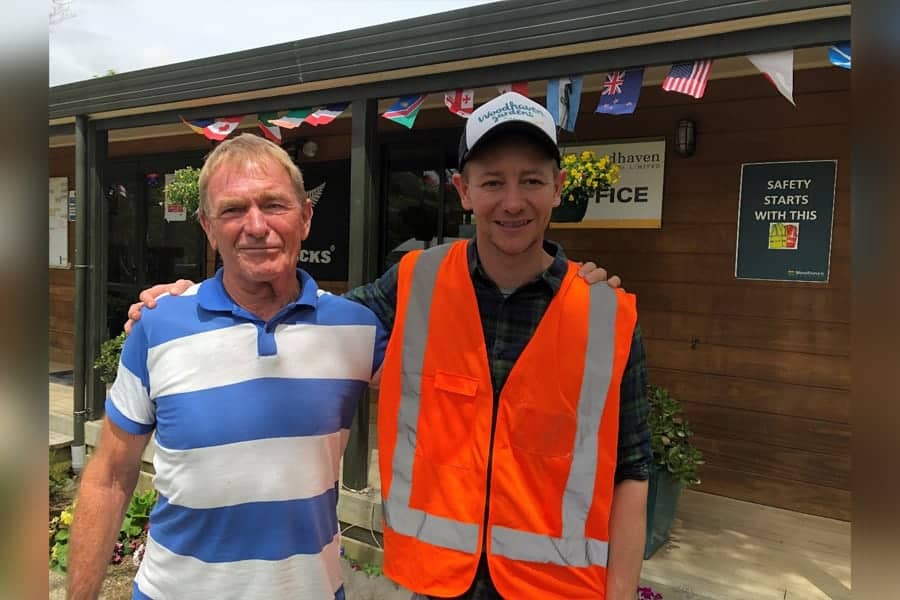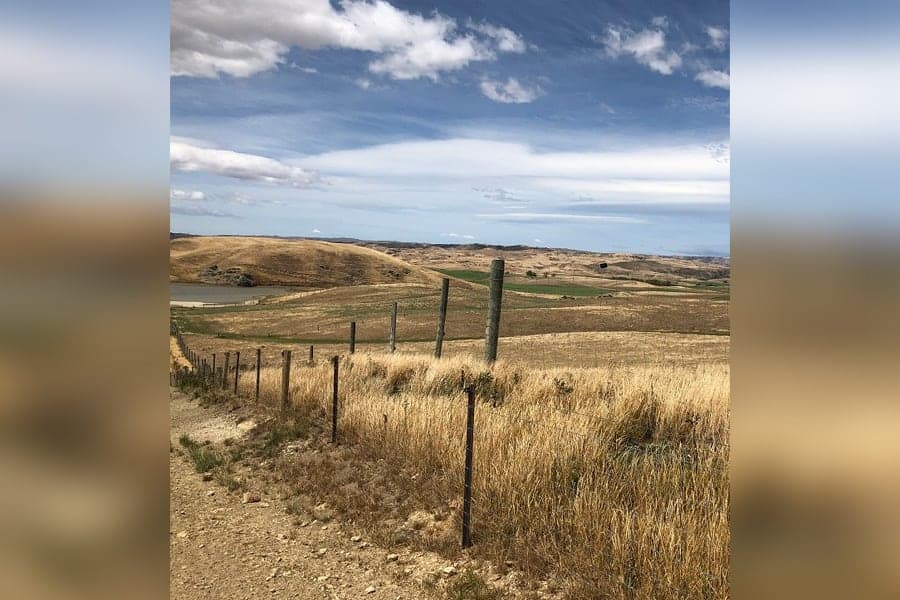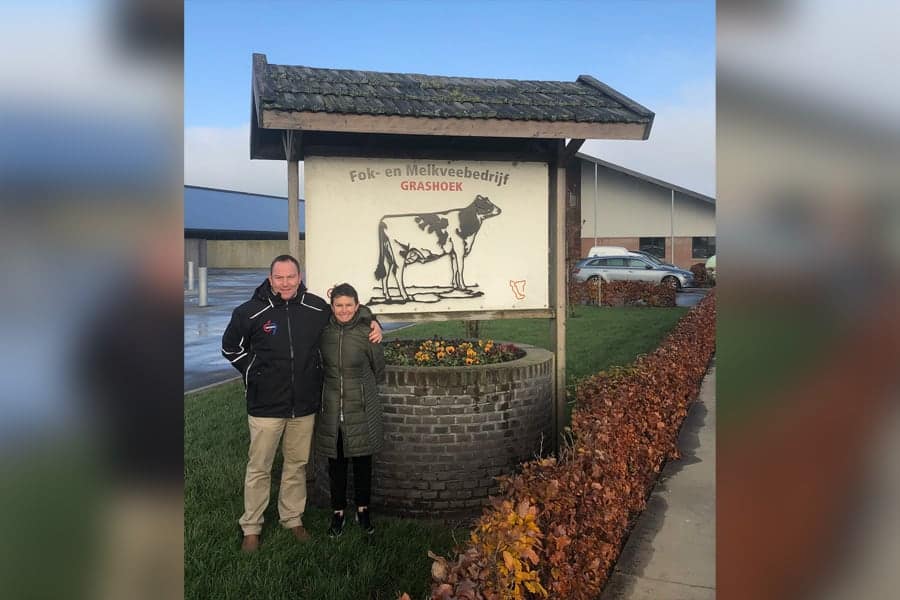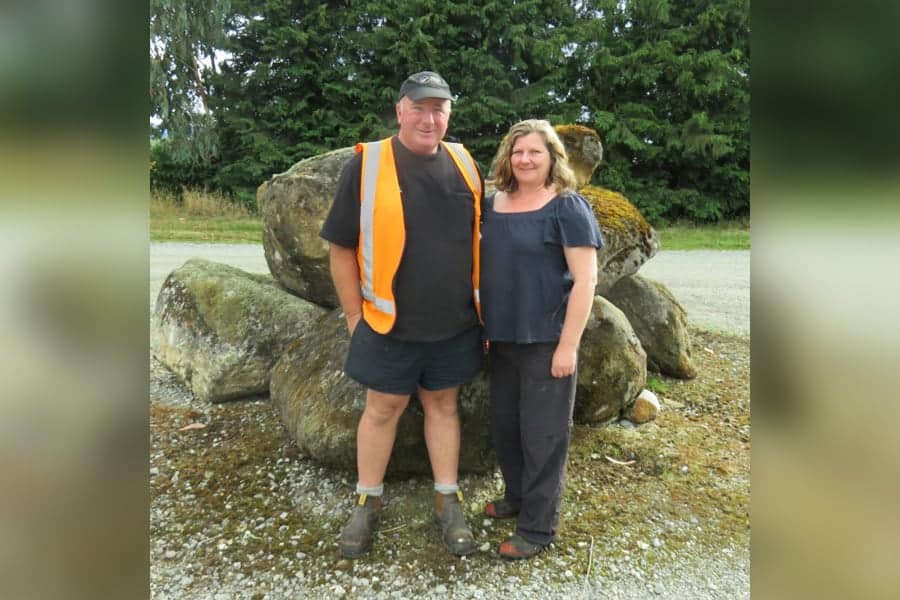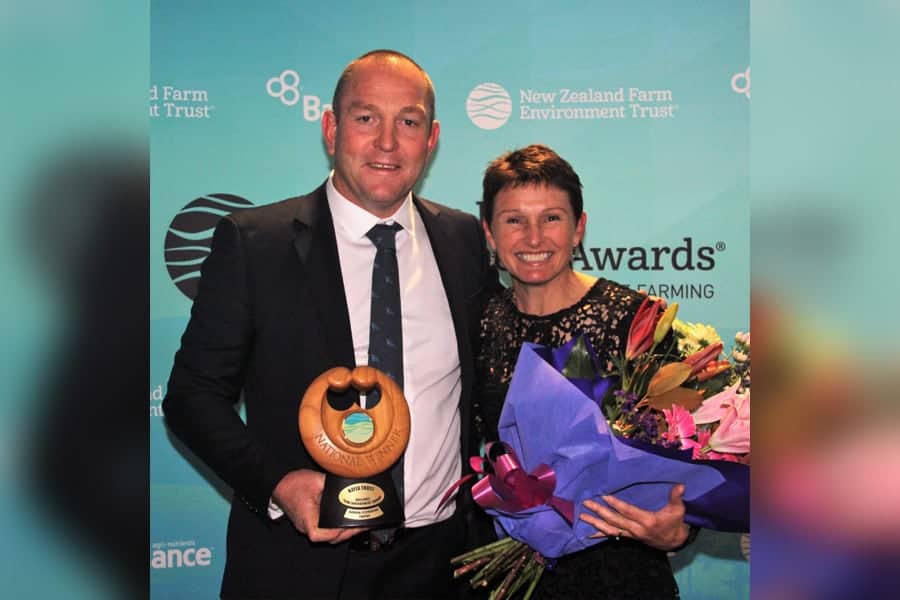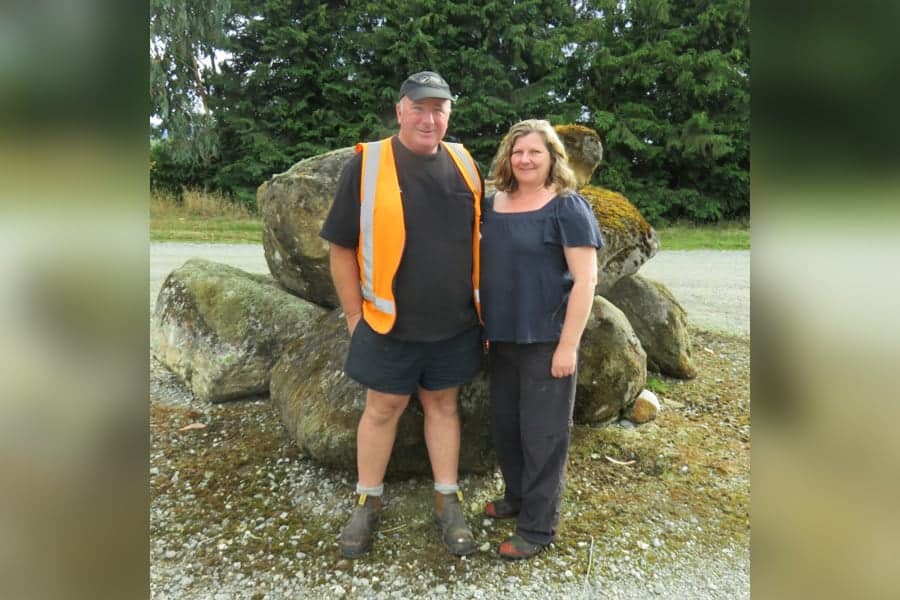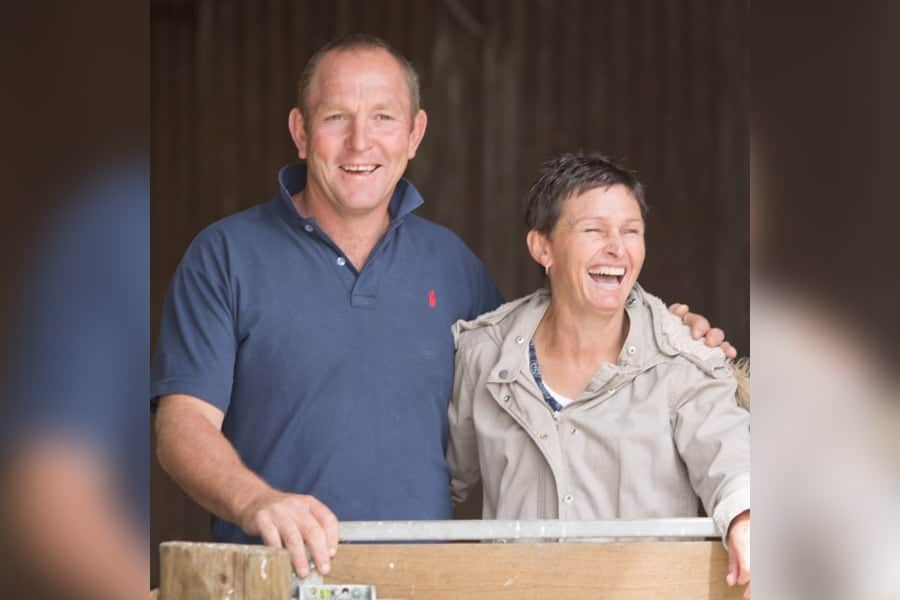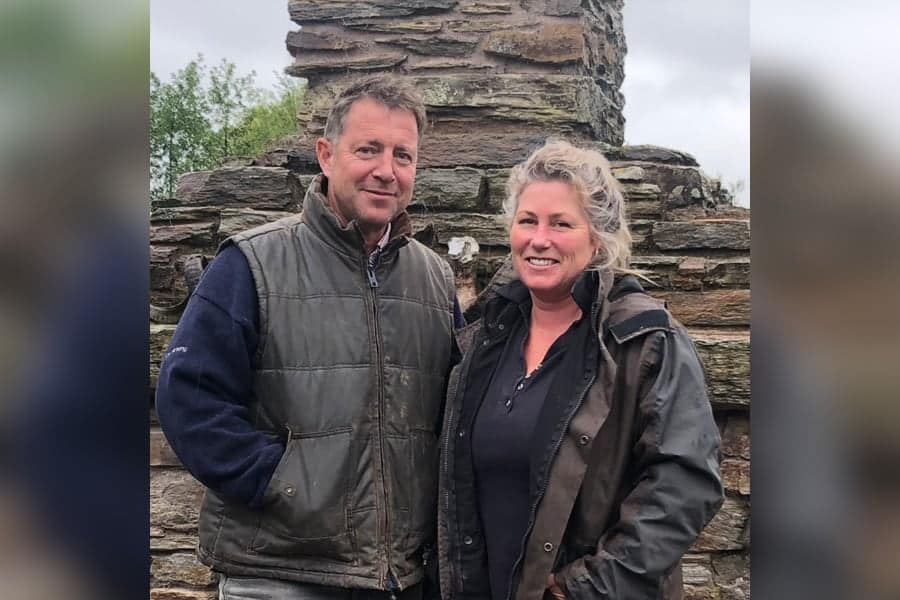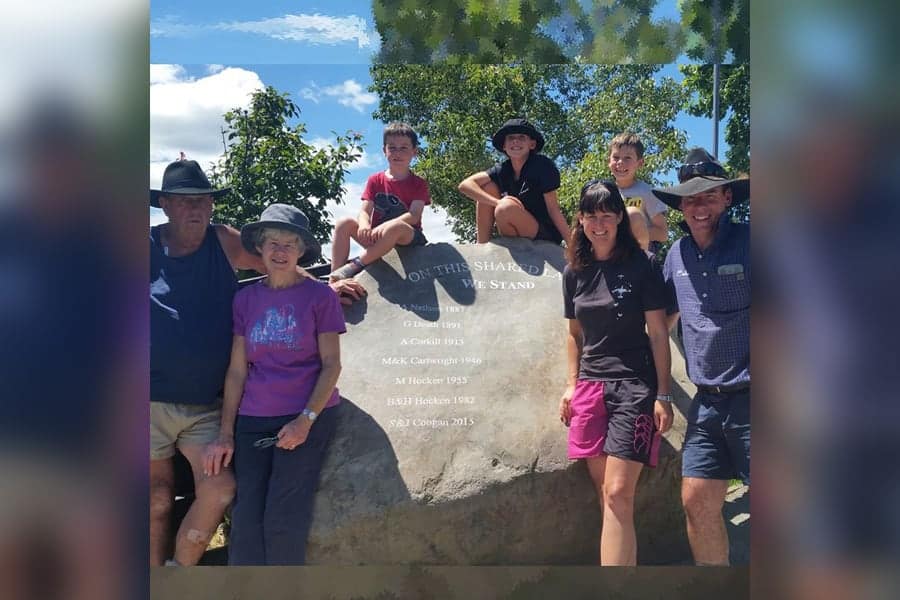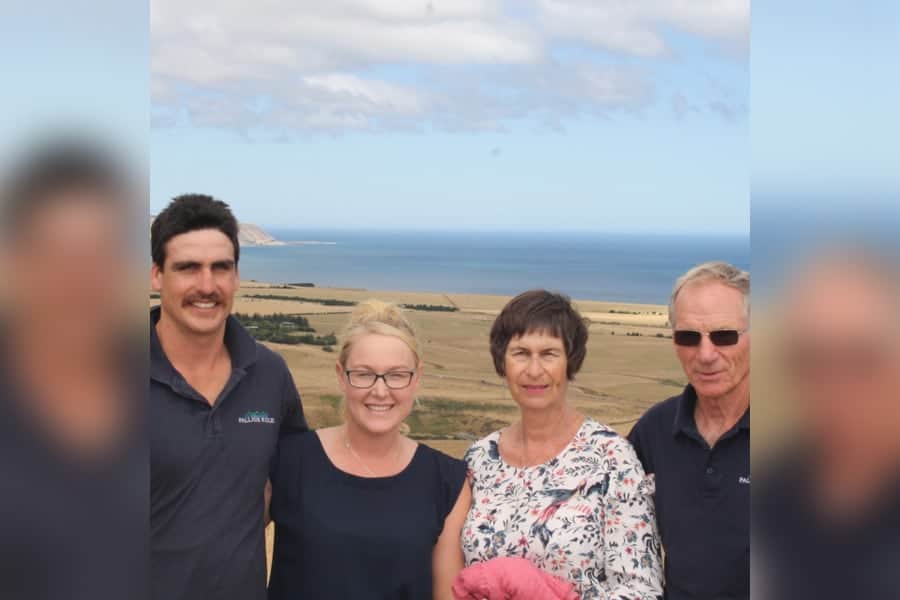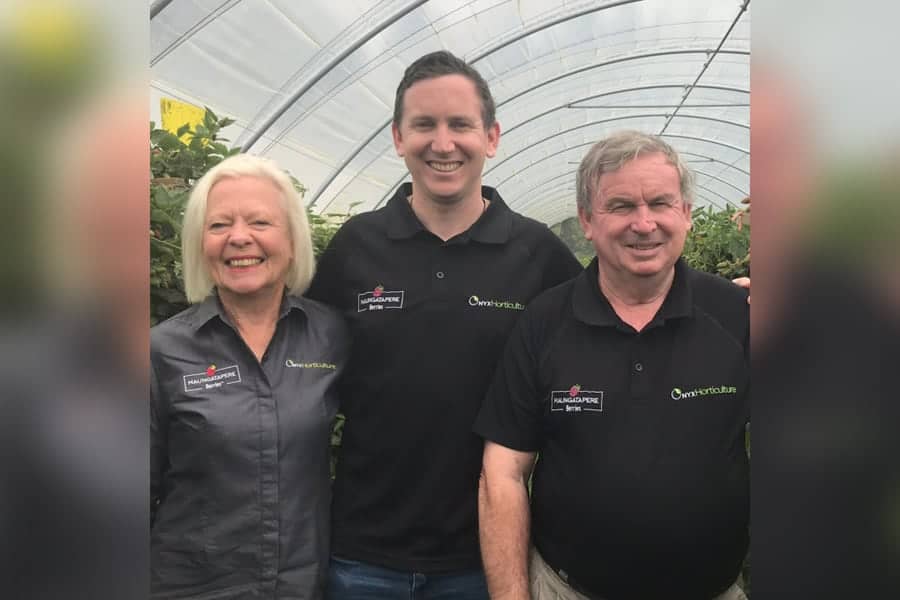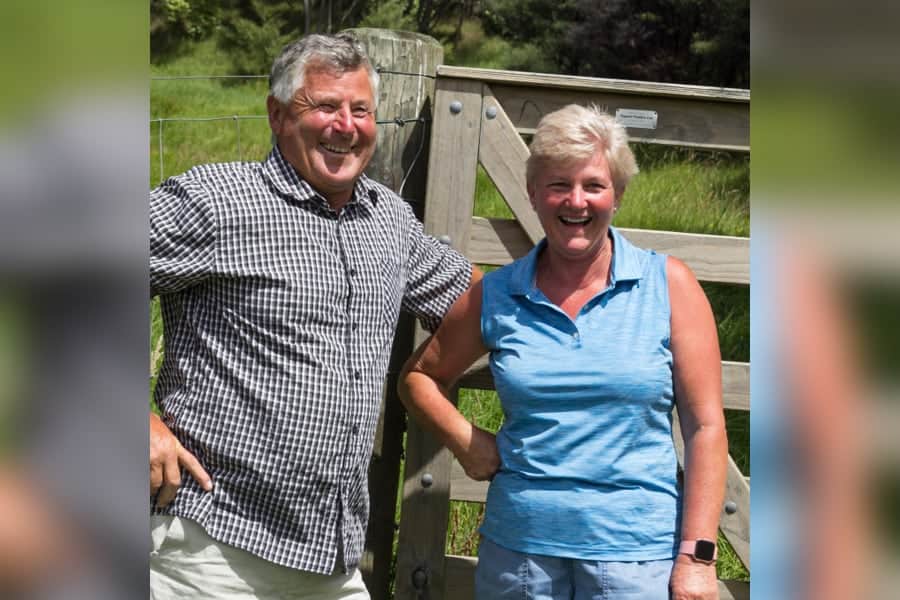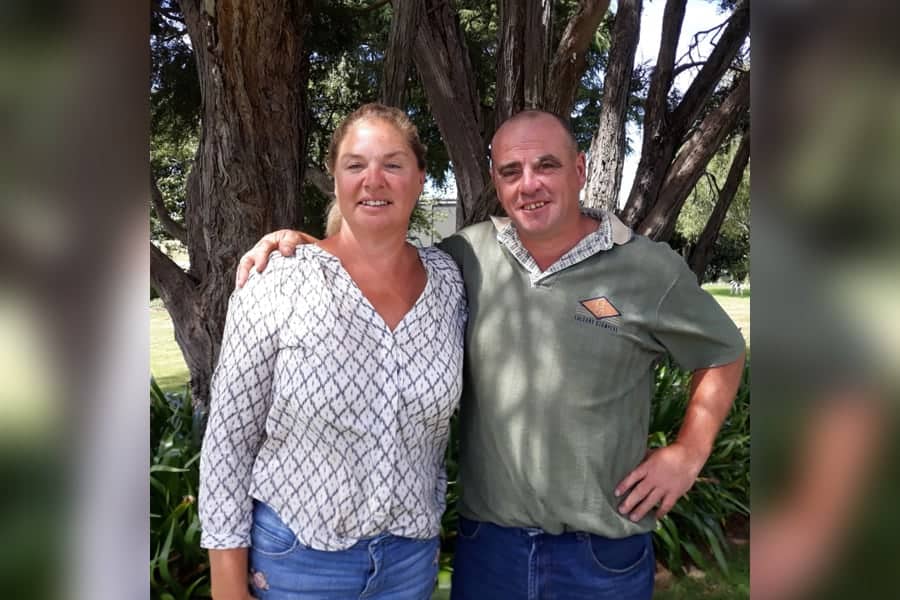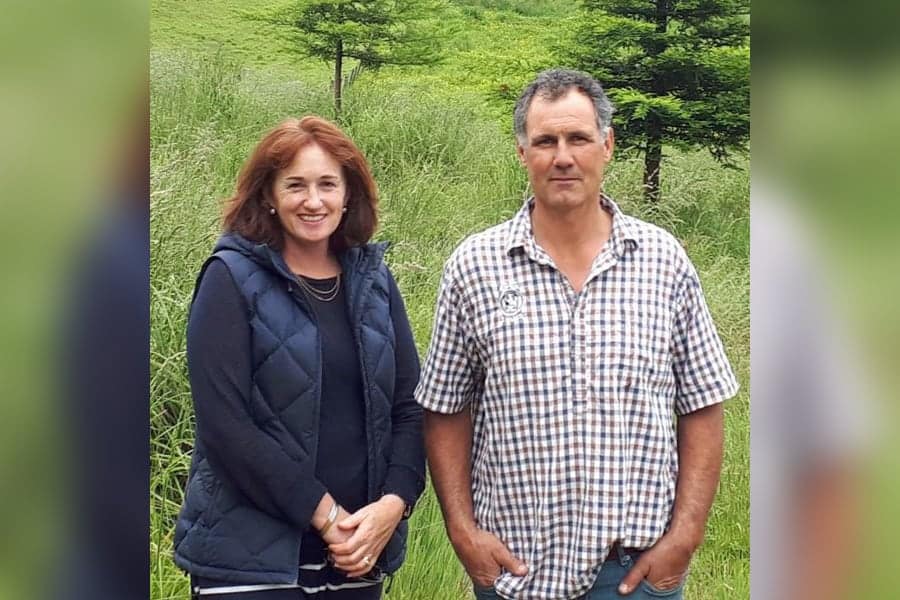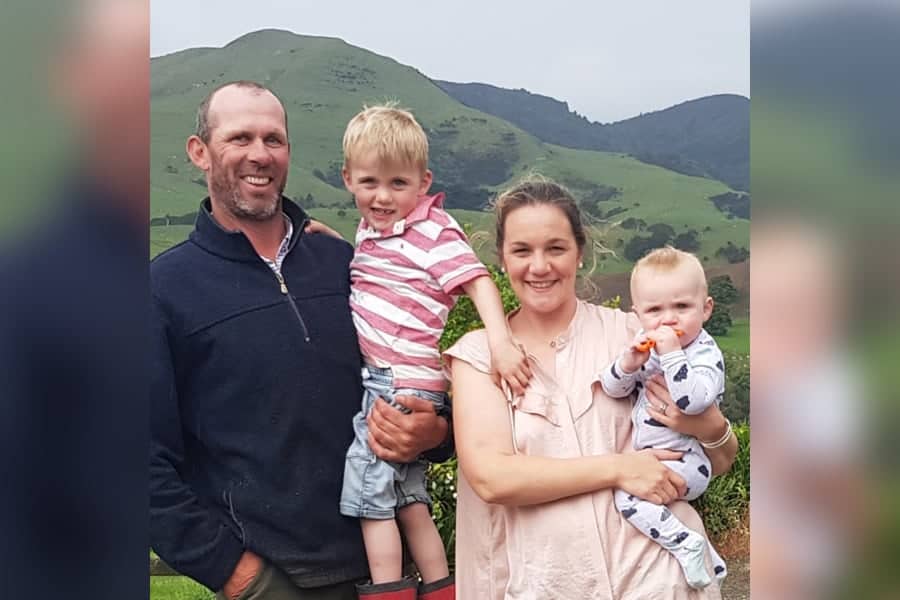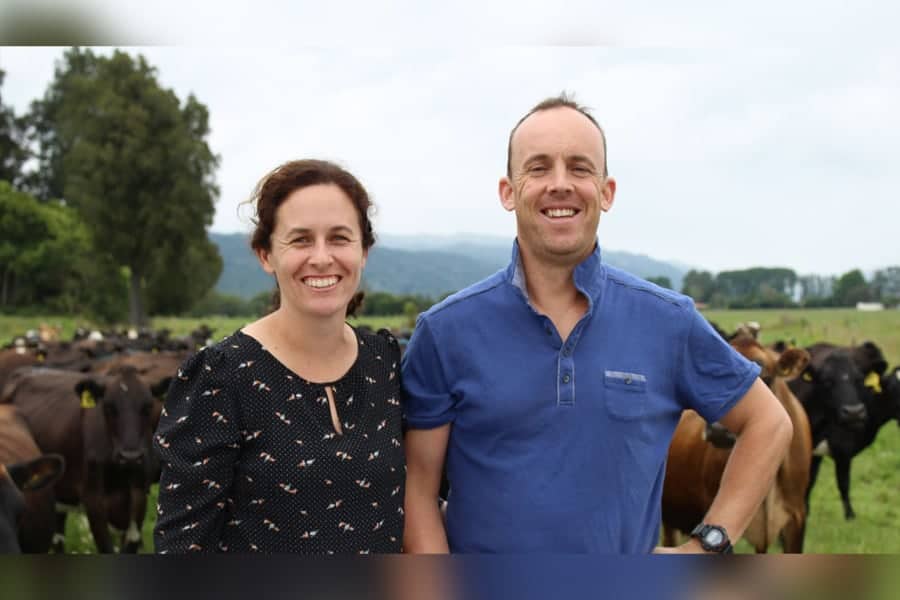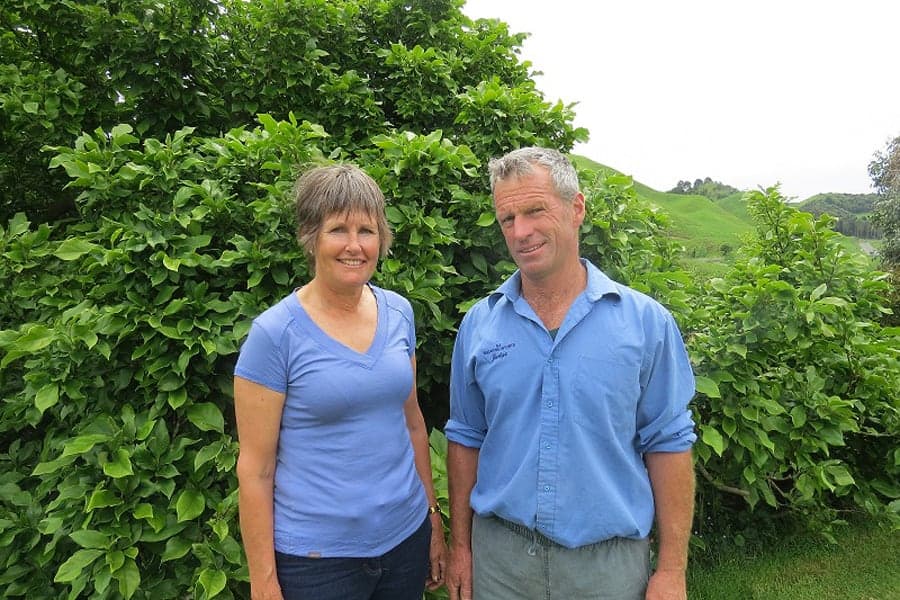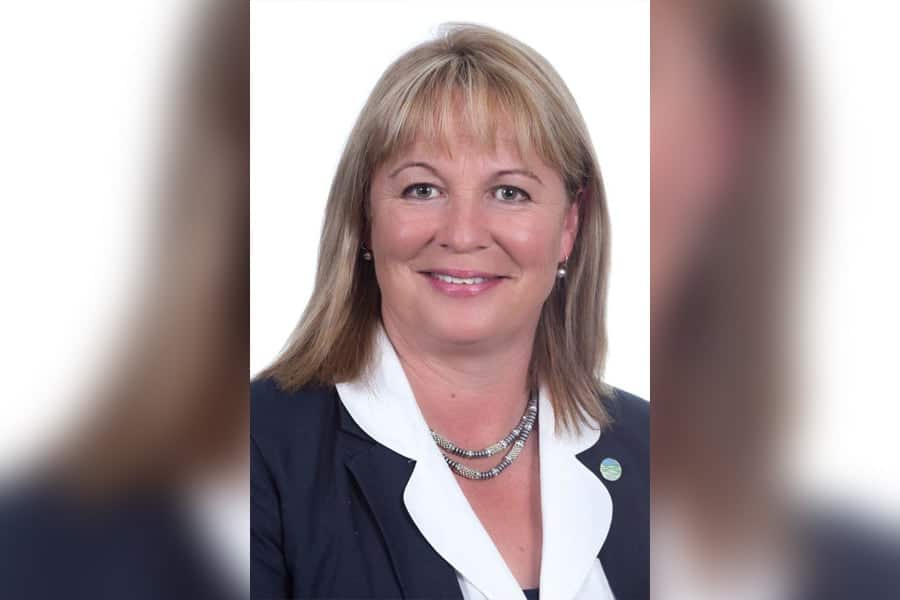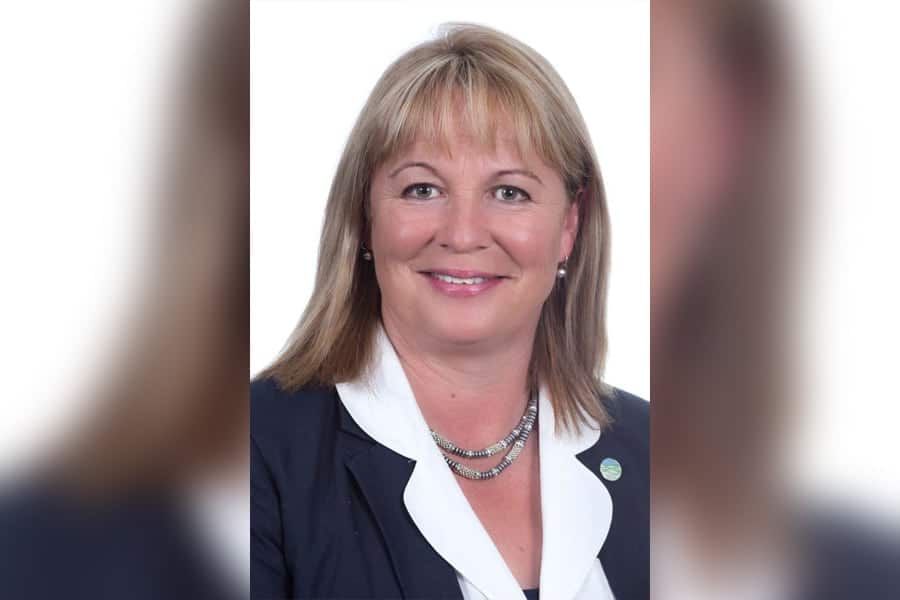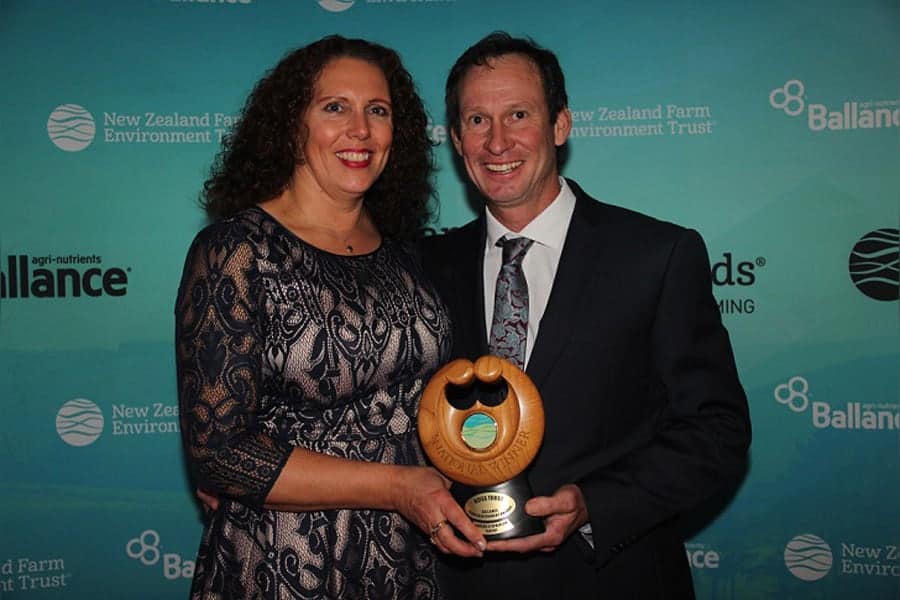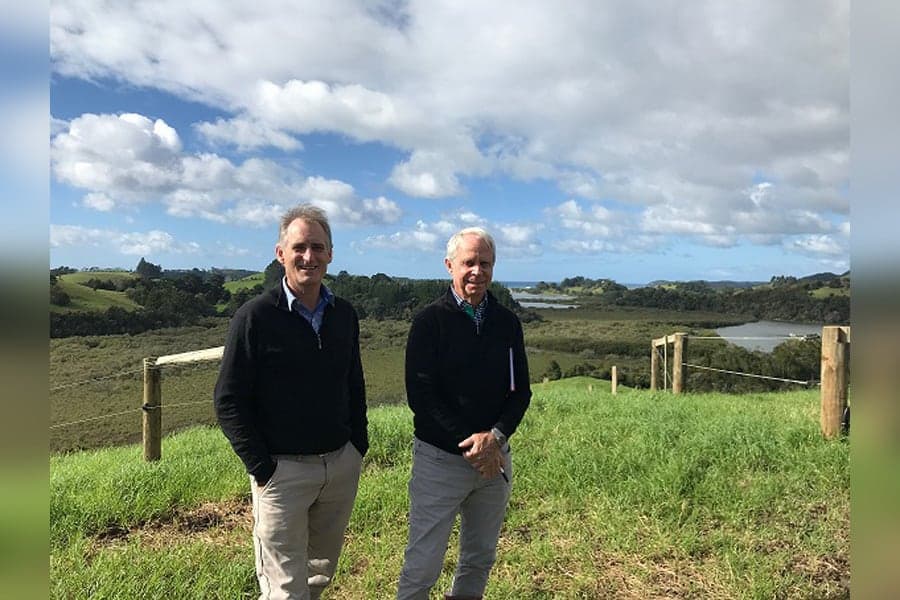Meet the 2022 Ballance Farm Environment Awards Entrants for the Bay of Plenty and East Coast Regions
The New Zealand Farm Environment Trust (NZFET) is delighted to announce the Ballance Farm Environment Awards (BFEA) entrants for 2022 from the Bay of Plenty and East Coast regions.
“We are thrilled to have received a range of excellent entries from across the country for this year’s awards,” said NZFET Chair, Joanne van Polanen. “It shows that despite all of the disruptions to business and life in general, farmers and growers across New Zealand are committed to environmentally sustainable practices. We are thrilled to be able to recognise and share their stories.”
To ensure the safety of staff, entrants and judges, the regional awards events, due to start in March, have been postponed until June and July 2022. “We are determined to run in-person functions to celebrate the entrants, but will do this when it can be done more safely,” said van Polanen.
The BFEA entrants from the Bay of Plenty region include farmers across livestock, sheep, beef, horticulture and dairy:
Dell, Ross and Roger Bawden
Oceanview Orchard Ltd., Kiwifruit, Beef and lamb
Since buying the property, 30 years ago, the Bawden family have transformed this uneconomical Te Puke property into a thriving, sustainable and profitable kiwifruit orchard.
About 8ha flatland of the 30ha property is in kiwifruit. Production was stunning in 2020, with irrigation boosting the fruit size and well-managed storage. Unfortunately, the 2021 year was impacted by the COVID-19 pandemic with pressure on labour resources.
Several areas of the property have been left in pasture and they’re used to run a successful small livestock operation with minimal inputs that includes Wiltshire sheep and trading cattle.
The Bawdens use science to increase their understanding of nutrient management for their kiwifruit and for the benefit of the community, hosting one of the most comprehensive nutrient and fertiliser trials ever seen in the kiwifruit industry.
The development of wetland and native plantings is also a priority as well as improving the health of the Waihi estuary and its contributing watersheds.
Steve and Paula Holdem and Jeff and Glenys Holdem
Holdem Farm, Dairy farming
After years of sharemilking, the Holdems purchased their farm in 2017 in partnership with Steve’s parents, Jeff and Glenys, and have realised their vision of making their farm environmentally and financially sustainable.
The first few years were tough but fun as they tackled significant infrastructure upgrades across the 308ha property, including pastures, houses, and effluent and cowshed upgrades.
The updated and easier to manage layout is enhanced by the use of science and technology – tools and data that are enabling production to exceed targets while reducing Nitrogen leaching.
The Holdems have planted a significant amount of stock shelter and are continually planting native species, with plans to install detainment bunds to help with phosphorus runoff.
The team spring calves about 700 cows, with all young stock grazed off. For six weeks, 200 cows are wintered off-farm, while re-grassing is done by under-sowing with annual grasses and plantain.
John and Margaret Scrimgeour
Nikau Trust, Dairy, Avocado, Kiwifruit, Forestry
Dairy farmers John and Margaret have diversified their business to include highly successful avocado and kiwifruit orchards.
About 60% of their income now comes from dairying and in 2020 their cows produced just over 140,000kg of milk solids. They are focused on maintaining quality, productive pastures that don’t need continual replacement. As they added more gently contoured land to the property, they established kiwifruit orchards with the fruit now grown across about 15ha of the property producing around about 36,000 trays from 2ha.
Avocado production has averaged about 10,000 trays which supply both local and international markets. Developing an integrated, diversified business contributes to the property’s sustainability, along with careful planning and management.
In the future, further plantings will be completed to enhance the use of the hill sides, and new pest control options tried in the orchards.
Helen Scott, orchard manager
Whiritoa Organic and Whiritoa Gold, Kiwifruit
These orchards grow both conventional and organic gold kiwifruit, and led by orchard manager Helen Scott, are striving to leave the land in a better state than it was found, for the enjoyment of future generations. Since purchasing the land, Māori Investments Limited has extensively developed the orchards into healthy, well-performing businesses.
Establishing good drainage and restoring soil health across the orchards has paid off with a lift in production, so they’re harvesting an additional 10,000 trays of kiwifruit per hectare – up to a maximum of 21,000 trays.
Whiritoa is focused on carrying a sustainable, good-quality crop that cares for both land and plants. The team is trialling a mixture of cover crops and using fertigation to ensure the plants get the right nutrients. Employees are trained, upskilled and empowered so their work becomes a career rather than just a job. Fresh vegetables are grown for the whānau to help improve their personal health.
Winston Fleming
Winston Fleming Trust
Winston took over this Rotorua farm from his father in the 1980s and since then has expanded and developed it into the 210ha property it is today. Hunting possums, dagging sheep, fencing and selling firewood are just some of the ways he made money while transforming Kiwi Outback into a profitable business.
Today, a large portion of the property is leased out for dairy grazing, with Winston supplementing his income by fencing and selling firewood.
Winston started fencing off native bush in 1987 and will soon have 35 areas of reserves, 10 of which are covered by QEII Covenants. In addition, most of the carefully designed paddocks boast shade from native forest. Seven large water tanks and almost 120 concrete water troughs have also been installed.
Possums have almost been eliminated thanks to careful pest management, while reducing waste is another focus as Winston continues to develop the property.
The BFEA entrants from the East Coast region include farmers across livestock, sheep, beef and forestry:
Kim Goodwin
Kawera Ltd., Bull Farming
Kim has farmed this semi-intensive bull farm for almost 40 years, implementing an excellent stocking policy that is tailored to the dry, variable climate.
In 2020, about 365 bulls were sold and replaced with 300 Autumn-born dairy bull calves. Calves are bought from the same supplier each year, enhancing biosecurity and helping secure supply.
Kawera uses a simple, pasture-based system that is flexible and poses less drought risk – guaranteeing a good income regardless of the weather and with careful planning and execution, operates as a minimal-input, low-emission farm.
Significant time and effort has gone into planting and protecting native trees for shade, shelter and biodiversity. Trees have been planted along the property’s stream all the way to a lake at the back of the property that is protected by a QEII National Trust Covenant. Around the lake, willows are continually being cut out and replaced with native trees and oaks, attracting a wide range of bird species.
Mark & Jane Johnson
Alcuin Station, Livestock Farming
Working as a team, Jane and Mark have made numerous improvements to the 1,500ha sheep and cattle farm where they run 4,400 ewes, 2,200 trade lambs and just over 1,800 cattle.
Together with their valued staff, they’ve developed the farm so it’s in much better shape than when they arrived – in terms of both the environment and financial performance.
Pasture management has been a top priority resulting in highly productive stock
which provides essential income for future development.
Infrastructure improvements include more fencing, water reticulation systems and the major development of building a bridge across the Mōtū River. They’ve also fenced the river off and created a large wetland. As paddocks have been developed, they’ve started using a direct drill which is saving the team time and money.
More native planting is planned along the Mōtū River which will also provide more shelter for stock.
Willie Lyons and Timothy Fairweather
Glenalvon Ltd., Sheep and Beef
This sheep and beef farm has been in the family for more than 100 years, with Willie taking over the reins in 2020 with the help of farm manager Tim Fairweather.
The team runs 65% beef and 35% sheep with a flexible stocking policy, allowing the business to work with nature rather than against it. Every aspect of the business aligns to the seasons, recognising the fact that the area is notoriously dry.
Investment in quality water infrastructure has been a priority and the stock water system has been redeveloped and the paddock layout redesigned meaning they can now fence off waterways and streams.
There has been a vast improvement in the management of pasture, including a change of grazing style and an increase in water troughs and electric fencing. The biodiversity of soils and pasture has benefited from this shift.
Tim and Cathie Forde
Forde Ltd., Sheep, Beef and Forestry
The core business at the Havelock North property is finishing about 210 bulls each year. They also have a small breeding flock of about 100 sheep and lambs. Almost 90 percent of their income comes from beef and sheep, with the balance split between forestry consulting, and timber and nursery sales.
The Fordes believe they’ve developed a working farm that balances most aspects of land stewardship and stock management and have numerous sustainability initiatives underway and are actively planning more. This includes the creation of a wetland called Lake Rotohirawa which they’re continually developing through plantings and water management.
Other highlights include providing ample shelter for stock and using the leaf fall for grazing to boost nutrient value as well as improving the farm’s soil and pasture, through careful management and by implementing run-off catchments and silt traps.
The new dates for the East Coast and Bay of Plenty Regional Award Events are:
East Coast – 28 June 2022
Bay of Plenty – 1 July 2022

